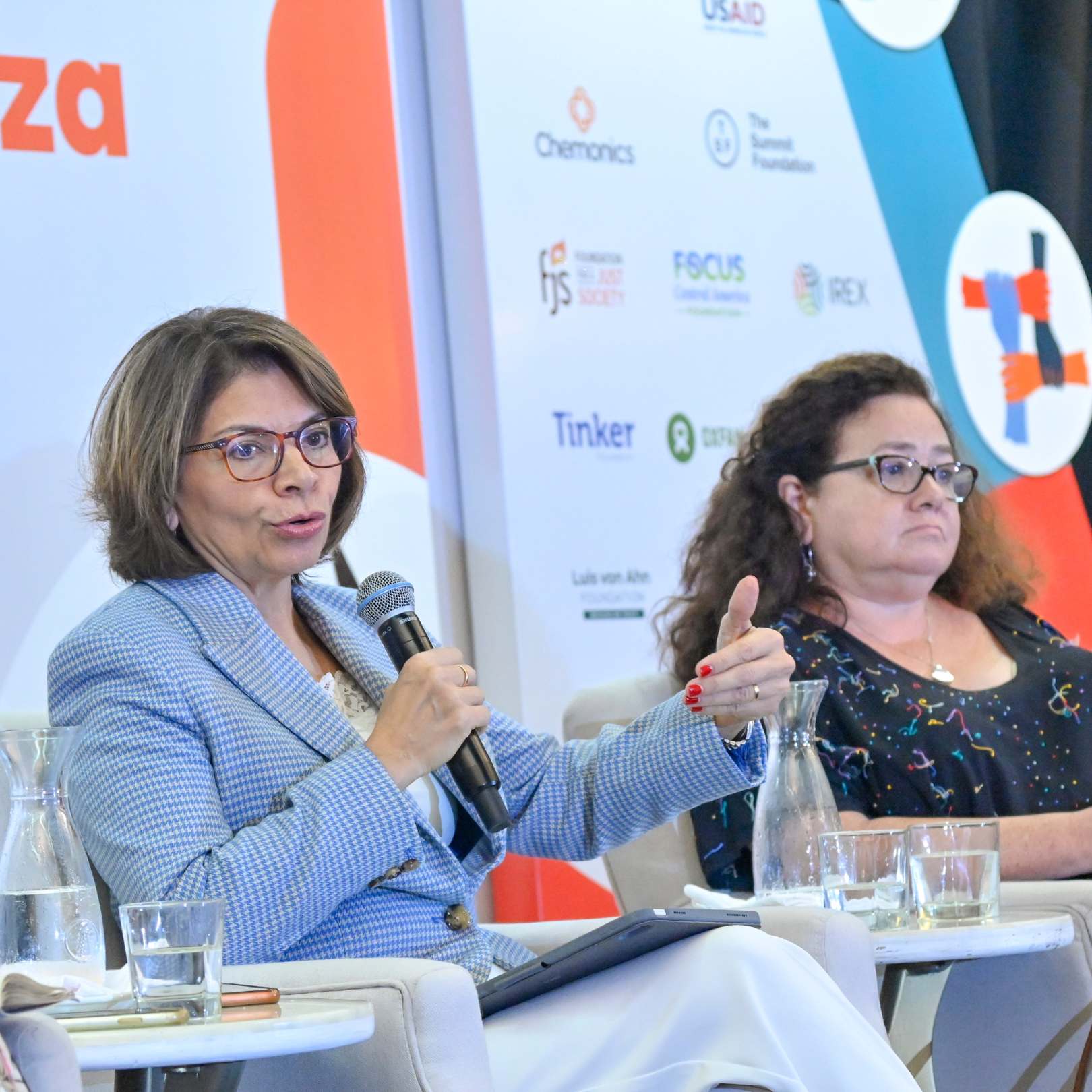The Central America Donors Forum (CADF) is the premier space for civil society, philanthropy, government and business to discuss priority issues in Central America, expand networks and advance development, equity and justice in the region.
Since 2010, Seattle International Foundation (SIF) has hosted CADF annually in cities across Central America. Over three days, CADF offers a variety of panels, workshops and networking opportunities to address challenges in the region, create a shared vision and promote collaboration across sectors.
Each year, CADF brings together hundreds of leaders and experts from more than 20 countries, and receives support from dozens of organizations committed to developing Central America.


Transformational Partnerships
Despite the array of challenges facing Central America today, the region’s spirit and people remain committed to justice and equity. Social progress depends on building a culture of trust, collaboration and pluralism. With this sense of community and collaboration in mind, we are pleased to announce “Transformational Partnerships” as the central theme for the 2024 Central America Donors Forum (CADF).
At this critical yet hopeful moment in history, CADF 2024 will feature four thematic tracks to deepen our understanding of the realities facing the region and renew the commitment of over 400 participating organizations to continue their important missions. These discussions will focus on creating sustainable economies, supporting youth and social movements, defending democracy and protecting the environment. This year’s agenda will not only motivate and inspire, but also foster inclusive and thriving communities.
In the context of renewed hope and opportunity in our host country of Guatemala, CADF 2024 will be a place to ask tough questions, explore novel ideas and forge transformational partnerships for Central America.
Sustainable & Inclusive Economies
Throughout the past several years, Central America has weathered Covid-19, rising inflation and chronic poverty and inequality. As we build towards the future, new investments can foster prosperity and equality while also supporting a more sustainable, resilient and inclusive growth. The private sector, civil society, governments and donors have a unique opportunity to tap into the economic potential of the region—and now is the moment to work together to find common solutions.
Public and private investment in education, health, infrastructure, and employment can boost under-performing economies while lessening migration pressures. This track will draw on the experience of experts and practitioners, investors and workers, as well as governments and donors to examine how collaborative partnerships create good jobs, increase access to quality education, improve health systems and empower youth, women, and indigenous and Afro-descendant communities, ultimately leading to inclusive economic growth and prosperity in Central America.
Supporting Youth & Social Movements
Social movements and citizen mobilization, including young people, are at the heart of positive social change in Central America. Movements to defend the environment, democracy and rights are often driven by networks of people and organizations demanding greater accountability and change in the status quo. These movements also require a defense of the civil and political space that has steadily eroded in Central America for the past several years.
These sessions will allow movement leaders and activists across generations and from diverse backgrounds to join together in collaboration. Academics and funders will examine the value and importance of social movements and how they can be nurtured and strengthened autonomously, while attendees will hear directly from youth leaders, feminists, environmentalists and identity-based movements such as Indigenous peoples, Afro-descendants, LGBTQI+ and other marginalized groups.
Defending Democracy
Several Central American countries are facing profound democratic challenges deeply rooted in corruption and inequality. As political leaders succumb to authoritarian temptations to consolidate power, the region has experienced democratic regression characterized by institutional erosion of principles of independence and accountability, diminished access to public information and eroding civil space, including attacks, harassment and criminalization of civil society leaders, independent journalists, and champions of justice.
Panels and workshops will further address the region’s faltering justice systems, weakened judicial independence and systemic corruption. Lastly, speakers will explore anti-corruption initiatives, the state of human rights, rule of law, good governance, electoral processes and the role of independent media in the region.
Environment & Climate Justice
Climate and environmental justice are human rights issues. Throughout Central America, a growing number of vulnerable communities shoulder a disproportionate burden of climate-related disasters, and face regular threats related to loss of territory and environmental degradation from industry and development.
Often rooted in indigenous and Afro-descendant communities, small farmers, feminist and youth-led movements, today’s stewards of the land are designing solutions to resist climate change and build greater environmental stability and sustainability. The powerful intersection of local initiatives and a climate and environment-conscious global agenda can spur innovation, transform systemic approaches to climate change adaptation and improve socioeconomic models. Ultimately, these models promoted by experts documenting the crisis and the defenders protecting our environment, seek to reconcile environmental sustainability and social equality with economic growth and public policy.
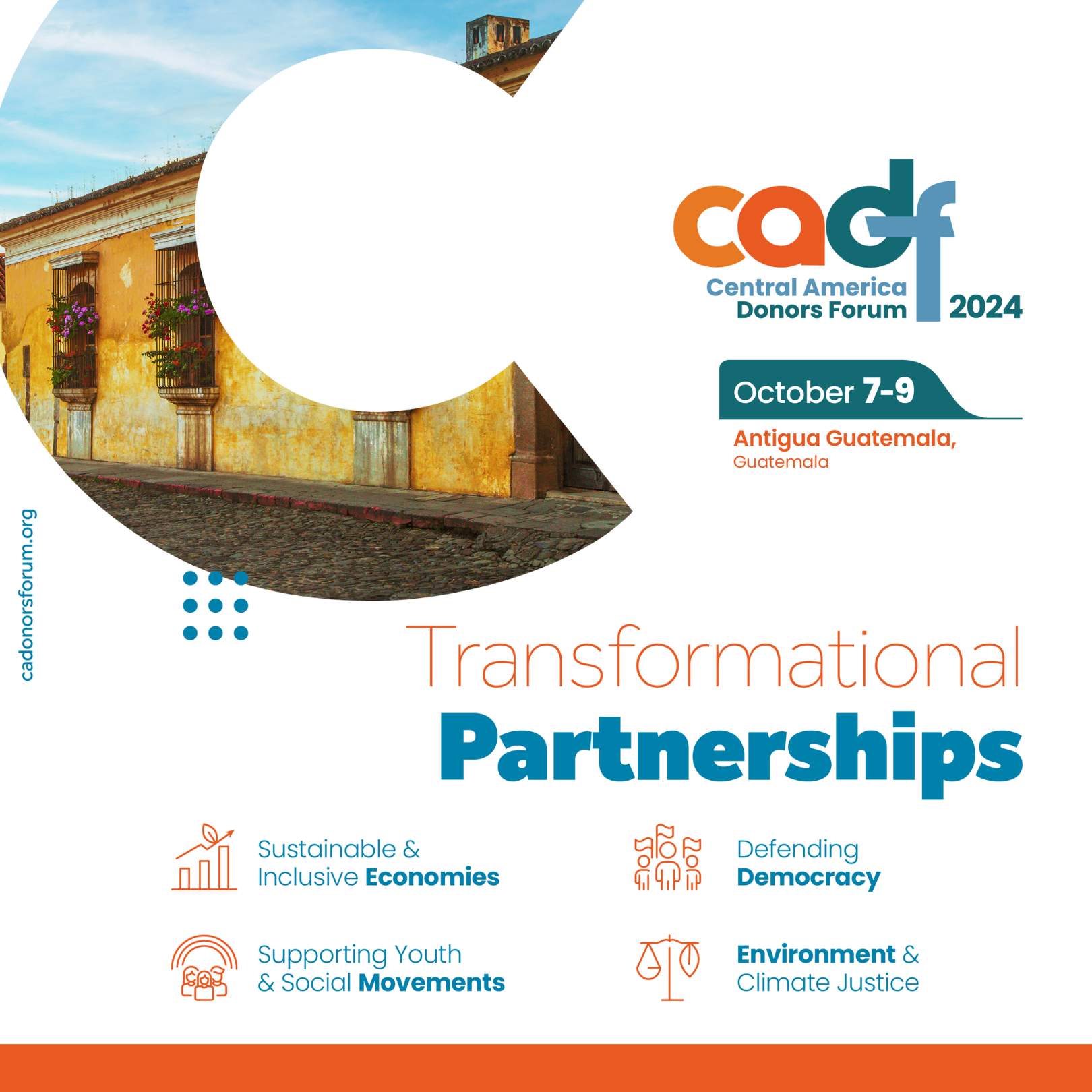
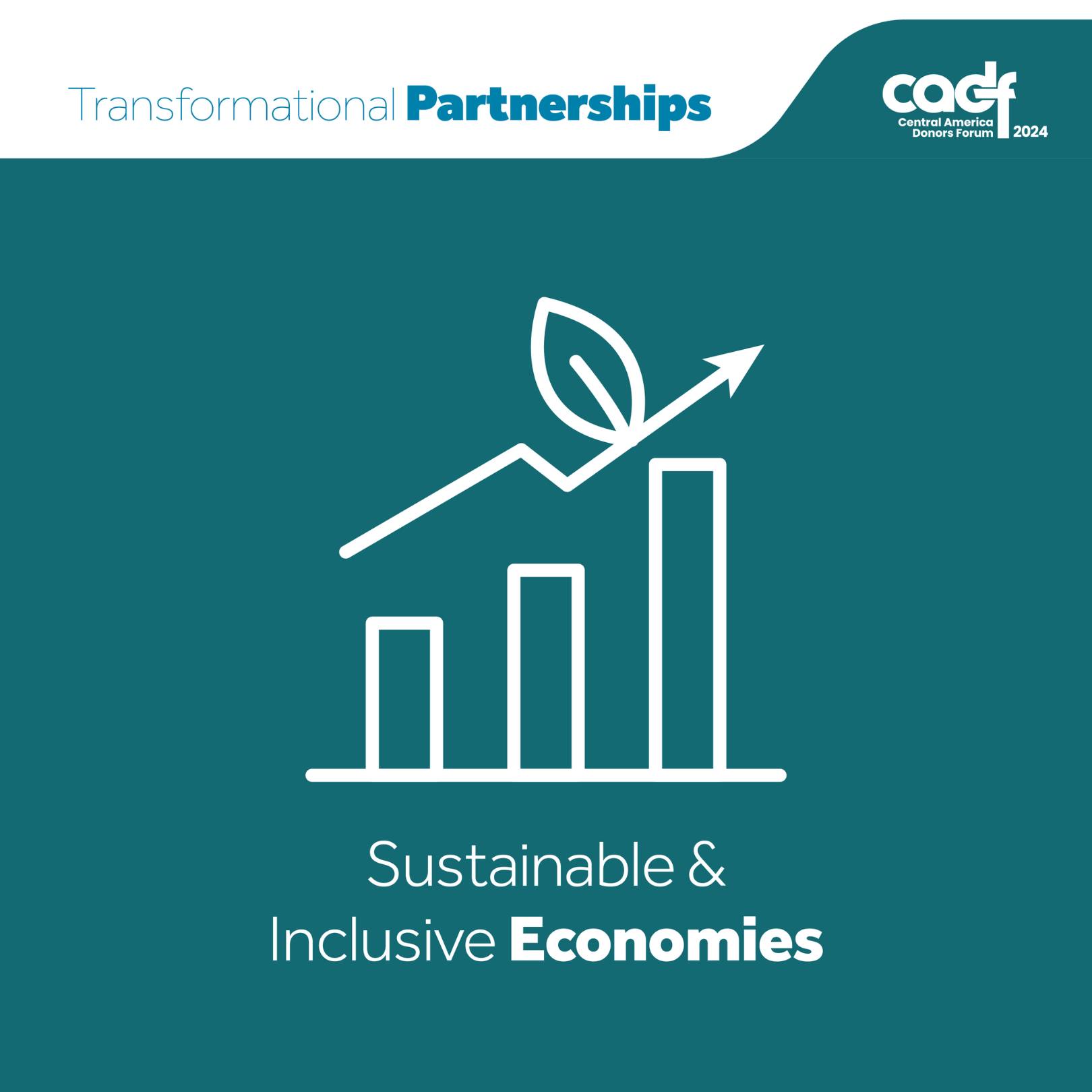
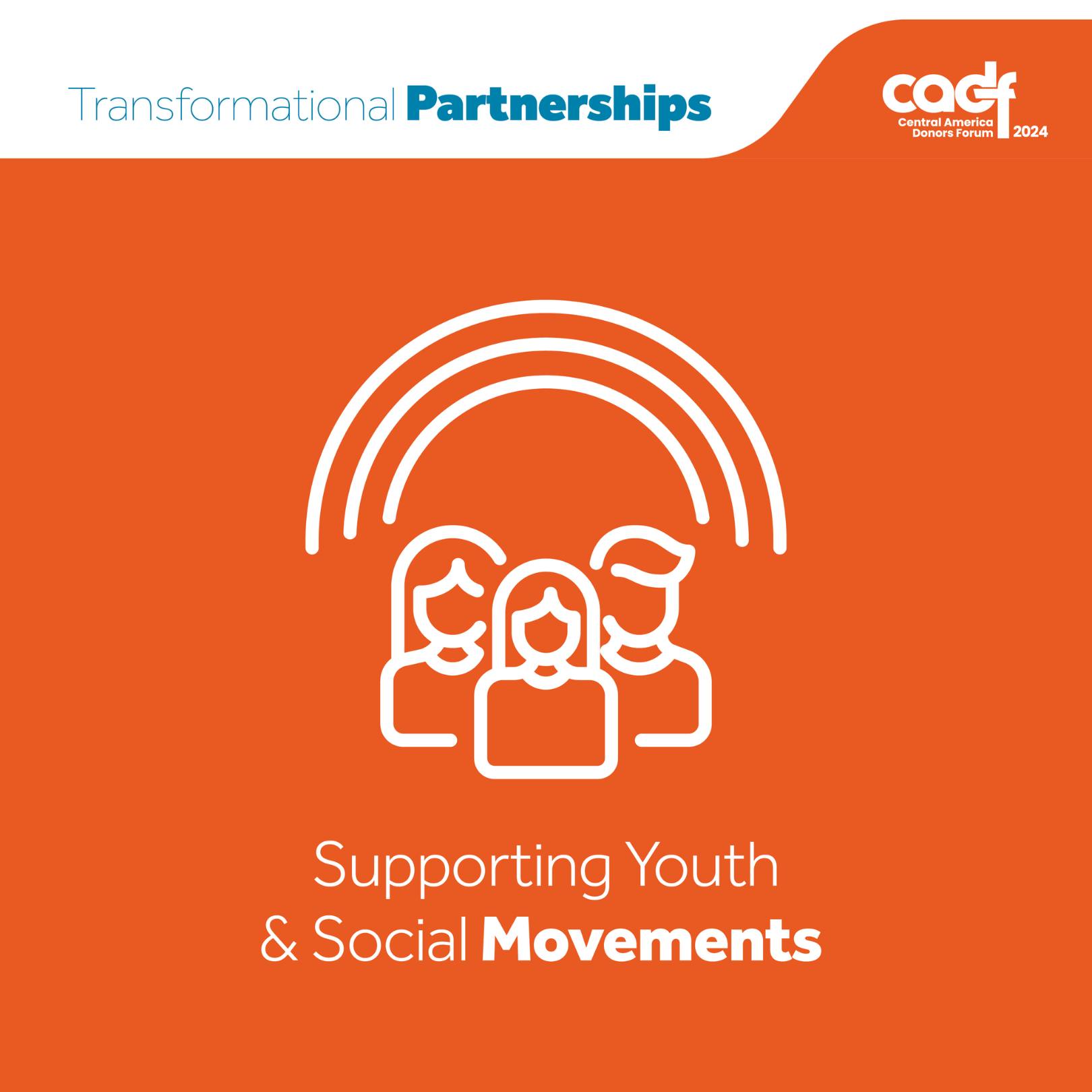
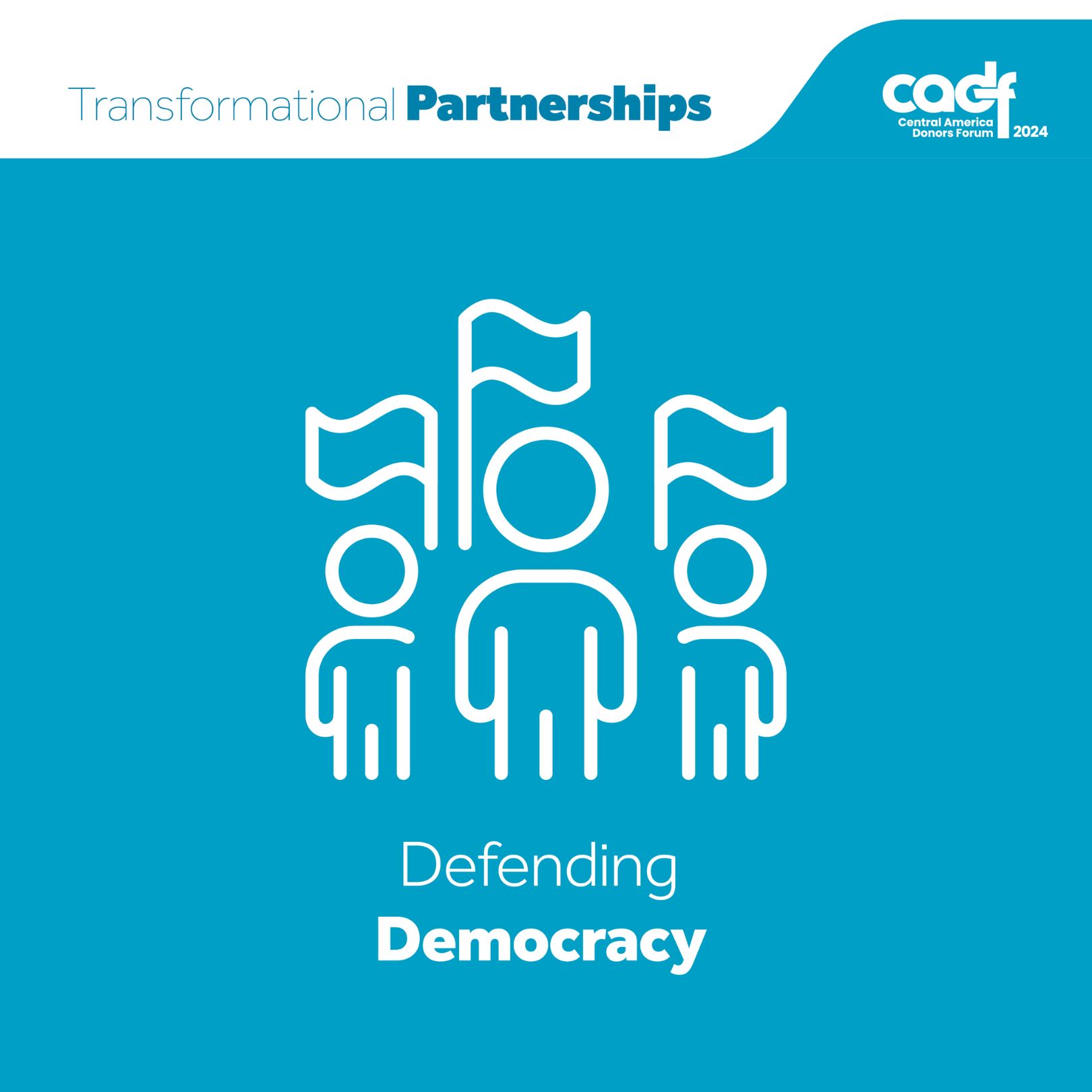
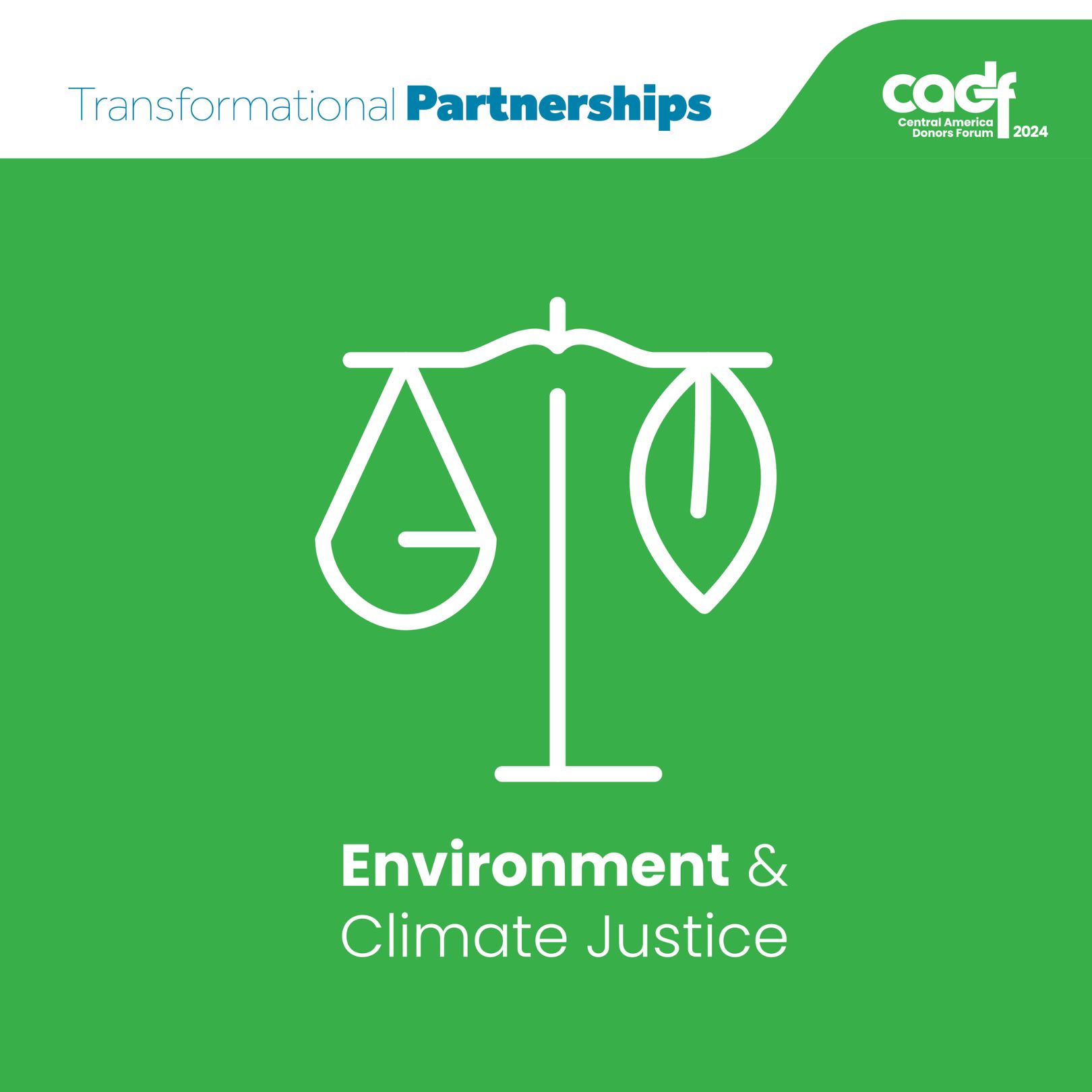
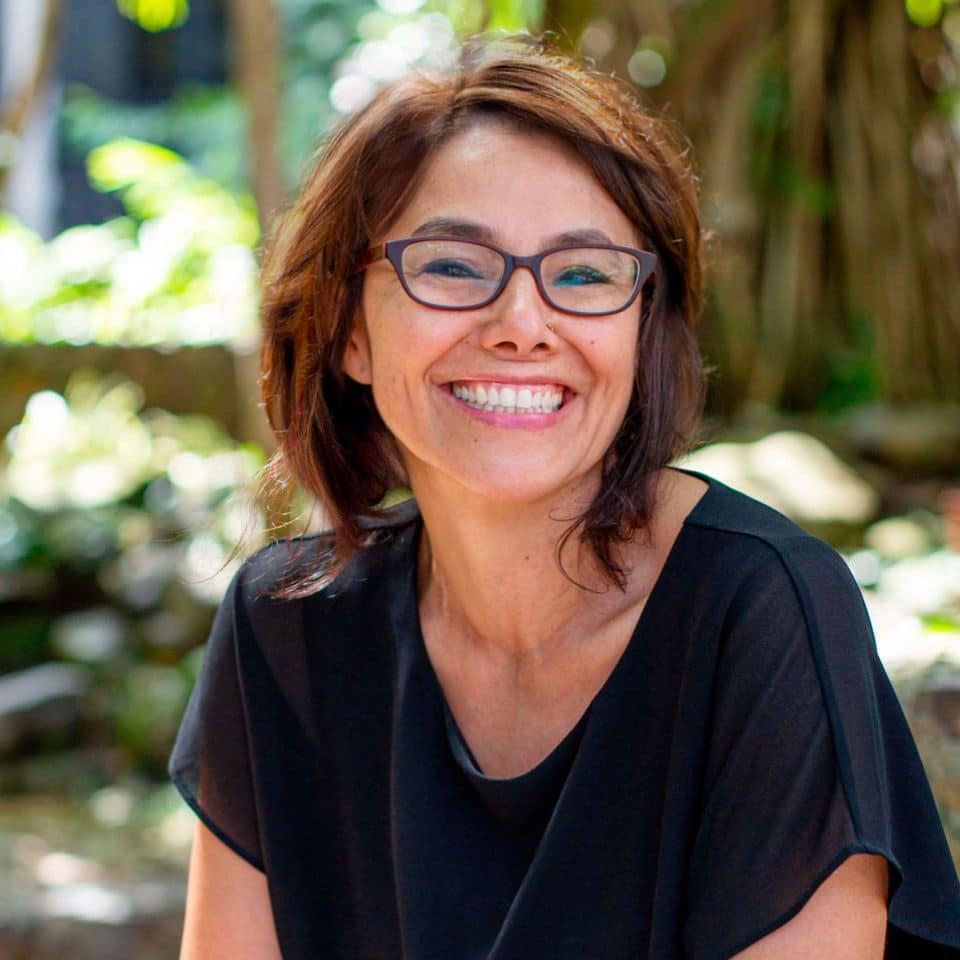
In the context of a country fostering democratic advances, the 2024 Central America Donors Forum promises to explore how new approaches to partnerships can promote development, justice and equity in Central America.
Join us for CADF 2024
Interested in participating in CADF 2024? Please reach out to Seattle International Foundation (SIF) to learn more.
Attend CADF 2024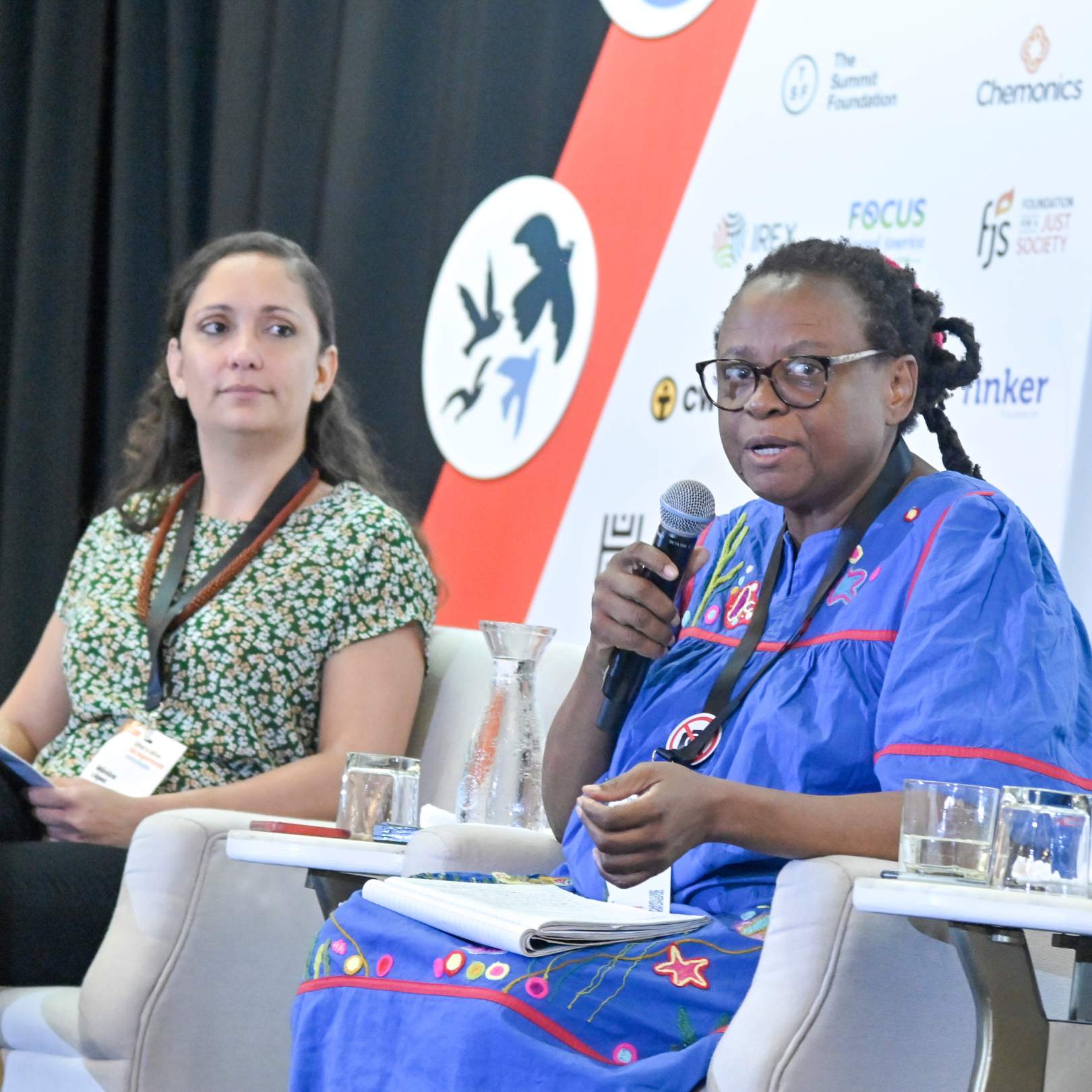
Achievements
-
Convened over 5,600 leaders
Since our first convening in 2010, the Forum has brought together over 5,600 leaders from civil society, philanthropy, business and government. CADF has been held in 8 cities across Central America and the United States.
-
Mobilized funding and resources to Central America
CADF provides the information, resources and peer-learning network needed to make a difference in philanthropic and civil society efforts. In the past three years, CADF directly contributed $74,000 to nine exemplary Central America-based civil society organizations.
-
Catalyzed co-investment of projects and initiatives
CADF has transformed into a catalyst for collaboration among funders. A panel on independent journalism led to the creation in 2016 of the Independent Journalism Fund, an effort among donors that supports Central American independent media organizations.
Achievements
-
Developed common agendas across sectors
Each year, CADF’s agenda focuses on the most pressing issues facing Central America to seek out potential cross-sector solutions for the region’s greatest challenges. New partnerships are shining examples of the potential impact of civil society in Central America.
-
Affected narratives established by the status quo
Over the years, CADF has been covered by dozens of journalism outlets. This coverage shifts narratives of power and encourages organizations in the region to enact social change. Local, regional and international media outlets covered CADF 2022 in nearly 150 print articles, television segments and radio spots.
-
Ongoing decolonization and democratization of philanthropy
CADF is an exercise in decolonizing and democratizing practices in the philanthropic sector. As a result, our community formed the CADF Donor Roundtable, an active network of philanthropic leaders committed to drive development efforts through partnerships, knowledge sharing and collective action.
- Spark conversations that influence philanthropy
Through a thoughtfully organized agenda featuring four unique tracks, participants have multiple opportunities to share, listen and learn about philanthropic efforts in Central America.
- Build an inclusive, peer-learning network
At countless informal networking spaces, attendees establish mutually beneficial relationships with organizations that help advance their work in the region.
- Inform and enhance the strategic giving and investing of funders
Attendees learn about sustainable and results-oriented impact initiatives that encourage complementary funding models for new and existing donors.
- Exchange information, knowledge, tools and resources
Sessions highlight partnerships, allow for audience engagement, provide reliable data, incorporate useful tools and frameworks, and feature partner perspectives.
- Elevate the voices of underrepresented groups and experts
The Forum highlights diverse voices across all sectors to share expertise and key lessons learned in the region.
GOALS
CADF is a place to have honest and tough conversations about development in Central America.
Who attends CADF 2024?
The CADF 2024 Attendee page allows you to search most attendees by name, organization type, country, SDGs and more!
Use the link below to read up on attendee biographies, visit social media pages and begin broadening your network today.
Meet the CADF 2024 attendeesCADF 2024 Timeline
February
CADF 2024 announced

March
Sponsorship opportunities available

April
Theme and tracks announced

May
Request for session and site visit proposals begins

June
Host Committee announced

July
Request for session proposals closes

August
Agenda released

October 7-9
CADF 2024

CADF History
Seattle International Foundation’s (SIF) Central America Donors Forum (CADF) began in 2010 as a small meeting of donors in the Pacific Northwest of the United States supporting the region, and connected them with Central American members of business, government, academic and civil society. The event’s initial goal was to exchange information about the region and explore possibilities for collaboration and co-investment.
As CADF traveled to new cities throughout Central America, the event brought together a greater number of leaders across sectors and began receiving support from other organizations committed to the region, eventually expanding both its presence and impact to become one of the most prominent development conferences in Central America.
With 13 years of history and having united over 4,000 leaders, CADF has transformed into the premier space to discuss priority issues in Central America, create alliances and expand networks, and facilitate innovative solutions that promote development and create opportunities in the region.
CADF 2010
The founding event of CADF was a modest conference called “Collaboration & Poverty Alleviation in Central America” and organized by Seattle International Foundation (SIF) at the PATH headquarters in Seattle, Washington. On April 8, 2010, the conference brought together 66 representatives from foundations and NGOs interested in Central America development. After a successful experience sharing information and building networks, a primary conclusion of the event was to hold an annual conference on Central America dedicated to priority issues in the region—the next CADF would subsequently be held in 2012.
CADF 2012
The 2012 Central America Donors Forum took place at the Microsoft headquarters in Redmond, Washington on June 9. The event brought together 117 donors and development experts from both the United States and Central America. The event featured a series of panels on the prevention of gender-based violence, access to sexual and reproductive health and rights, and opportunities for collaboration and investment in Central America for youth development and public safety.
CADF 2013
The third iteration of CADF was held at the Inter-American Development Bank (IDB) in Washington, D.C. on October 25. Throughout the day, 124 participants joined discussions on economic empowerment of women, gender-based violence, investment in young women and opportunities for collaboration with the private sector, as well as a roundtable for donors.
CADF 2014
CADF 2014 took place on December 2-3 in Mexico City, Mexico—the first Forum held outside of the United States. The 1.5-day agenda revolved around the Alliance for Prosperity Plan in the Northern Triangle of Central America, the role of philanthropy and civil society in the region, inclusive business models, public safety and sexual health and reproductive rights. In total, 101 participants joined the Forum, where SIF announced its newest program: the Central America and Mexico Youth (CAMY) Fund.
CADF 2015
CADF 2015 was held in San Salvador, El Salvador on November 18-19. As the first Forum held in a Central American city, and in addition to nearly tripling the previous year’s attendance (266 participants joined), the event offered an agenda spanning two full days with the support of a dozen sponsoring organizations. The Forum addressed topics such as U.S. and international co-investment, philanthropy and immigration policy, corruption and transparency, education and youth, human rights, public security, child marriage and adolescent pregnancy. One of the primary results following the Forum was the creation of SIF’s Independent Journalism Fund.
CADF 2016
Beginning in 2016, CADF added both a third day to the agenda and incorporated simultaneous sessions, which tripled discussion spaces. CADF 2016 was held in Antigua Guatemala, Guatemala on November 28-30, featuring nearly 30 panels, workshops, network spaces and site visits for its 272 attendees. Sessions focused on education, migration, climate change, journalism, the role of the private sector and philanthropy in regional development, security, women and adolescent girls.
CADF 2017
From October 25-27, Panama City, Panama served as the venue for the 7th annual CADF. The year’s theme, “Reimagining Alliances”, led to conversations about and proposals for gender equality, education, environment, philanthropy, youth and corporate social responsibility. The program featured 85 speakers and over 40 unique sessions and activities for 297 participants.
CADF 2018
By 2018, CADF had positioned itself as a unique regional convening to form partnerships and expand networks. CADF 2018 united nearly 400 leaders in the city of San Salvador, El Salvador from October 22-24. Under the theme, “Creating Space for Everyone”, sessions delved into a wide array of topics like corruption and impunity, migration, independent journalism, femicide, access to reproductive health, and impact investment.
CADF 2019
The first CADF in Honduras was held on October 23-25 in Tegucigalpa and included three full days of sessions, with additional days of site visits and social activities. The central theme, “Progress at a Crossroads”, responded to a moment in Central America where three topics of development remained crucial: democracy, migration and social movements. These topics were featured in all sessions, and were complemented by presentations with artists and leaders from the region. Over 400 attendees participated in CADF 2019.
CADF 2020
For the first time in 10 years, CADF took entirely to the virtual stage. While the Covid-19 pandemic caused the event to transition online, it allowed the CADF platform to connect with a broader audience that ultimately enriched conversations about an evolving new reality. The event included 700 attendees from across 20 countries. The CADF 2020 theme, “Reinvention & Resistance in Times of Crisis”, set the tone for over 30 interactive sessions on September 1-3. This event included the launch of the CADF Awards, a recognition of six civil society organizations for their reinvention and resistance efforts in the midst of crisis.
CADF 2021
The 11th annual CADF remained as a virtual event for the second year in a row. Following a year of the Covid-19 pandemic, the destruction of two hurricanes and increased authoritarianism in the region, the fight against corruption by civil society, youth movements and independent media faced unprecedented challenges. CADF 2021, under the theme, “Alliances to Heal and Rebuild”, gave voice to 152 speakers on October 26-28. For the second time, the CADF Awards recognized and funded six civil society organizations that contributed to social healing and reconstruction in the region.
CADF 2022
CADF 2022 was held in Tegucigalpa, Honduras on October 26-28, 2022. The first in-person CADF since the pandemic began brought together 490 attendees and featured 52 unique sessions, the most in the event ‘s history.
CADF 2022 gathered hundreds of leaders to engage in dialogue centered on emerging trends in philanthropy, discuss and address closing civic space across Central America, seek out collaborative efforts to foster economic empowerment, explore innovative approaches to reduce structural inequalities in society, and hear the stories of defenders protecting the sustainability of our environment and human rights.
The CADF 2022 audience arrived from 18 countries and included over 150 speakers, panelists, moderators and facilitators, as well as featured 25 sponsors. One third of sessions were streamed for free via social media.
CADF 2023
CADF 2023 was held for the first time in Costa Rica on September 25-27, 2023. The Forum featured 58 unique sessions and brought together 692 leaders across over 425 organizations, the largest audience CADF has ever convened.
Under the theme, “Renewing a Vision of Hope”, CADF 2023 included diverse panels, fireside chats, strategic roundtables, workshops, and site visits which, created from a shared vision, generated conversations that influence philanthropy, encouraged strategic investments in Central America, promoted the exchange of information and resources, and elevated the voices of experts and underrepresented groups.
The CADF 2023 audience arrived from 24 countries and included over 180 speakers, panelists, moderators and facilitators, as well as 23 sponsors.

















































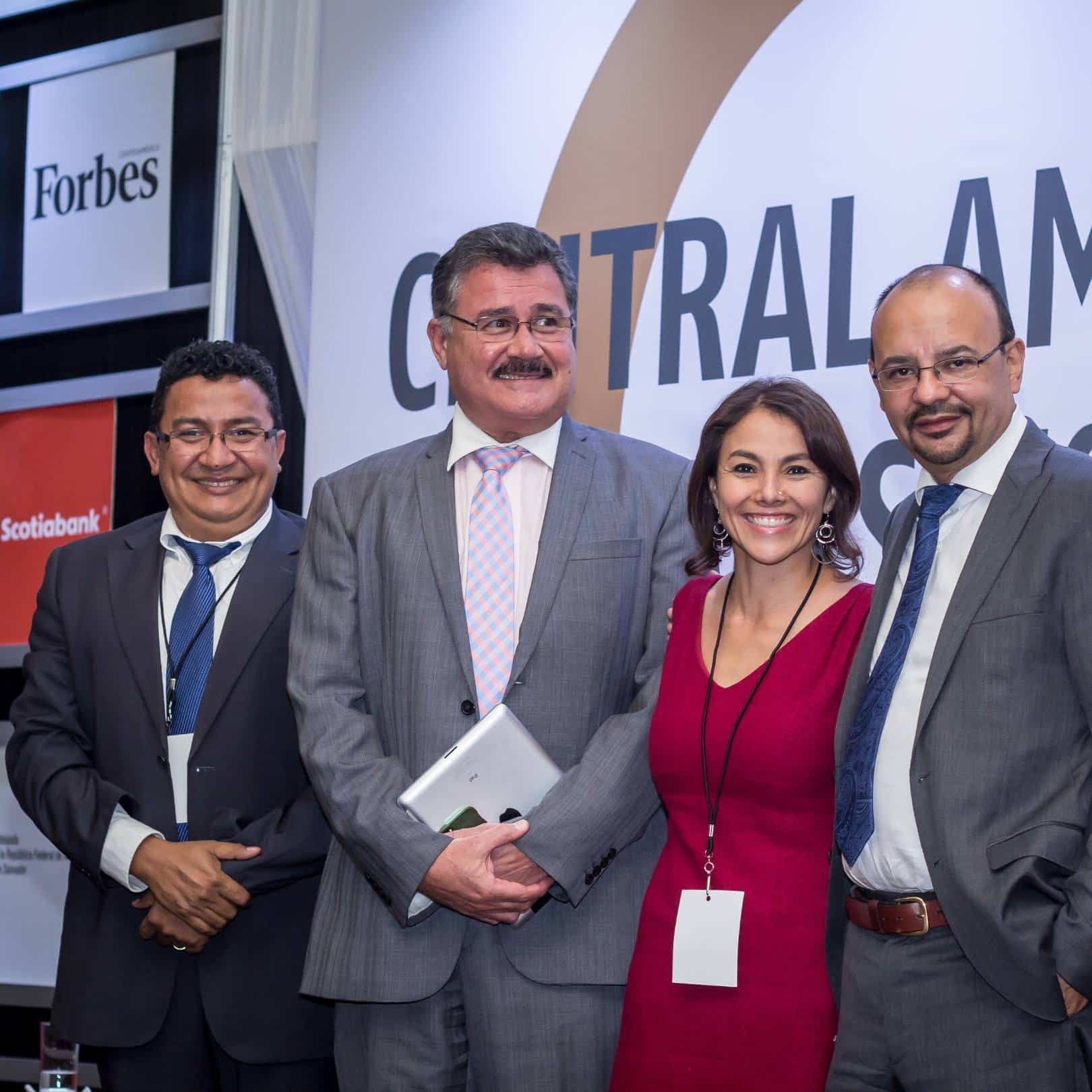

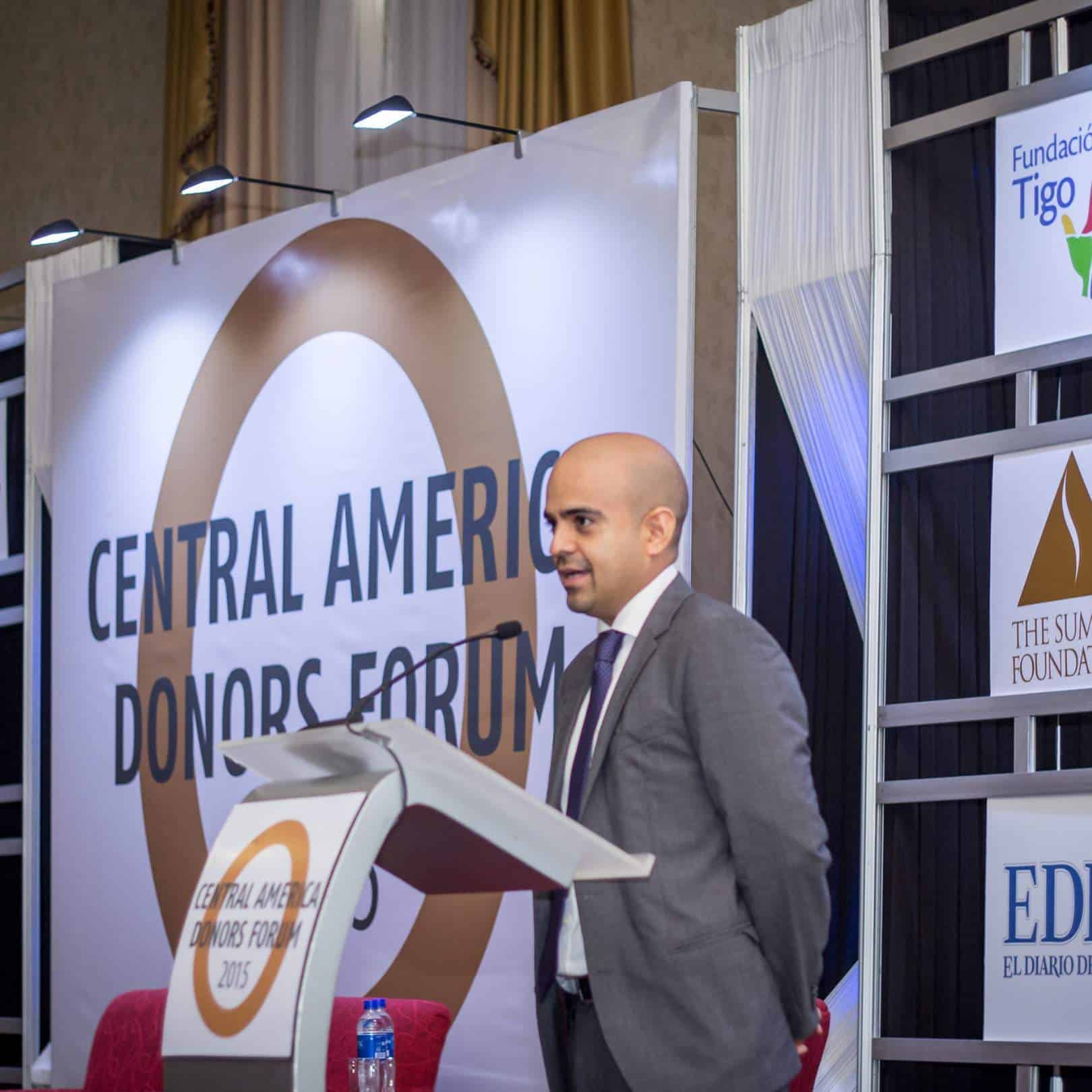










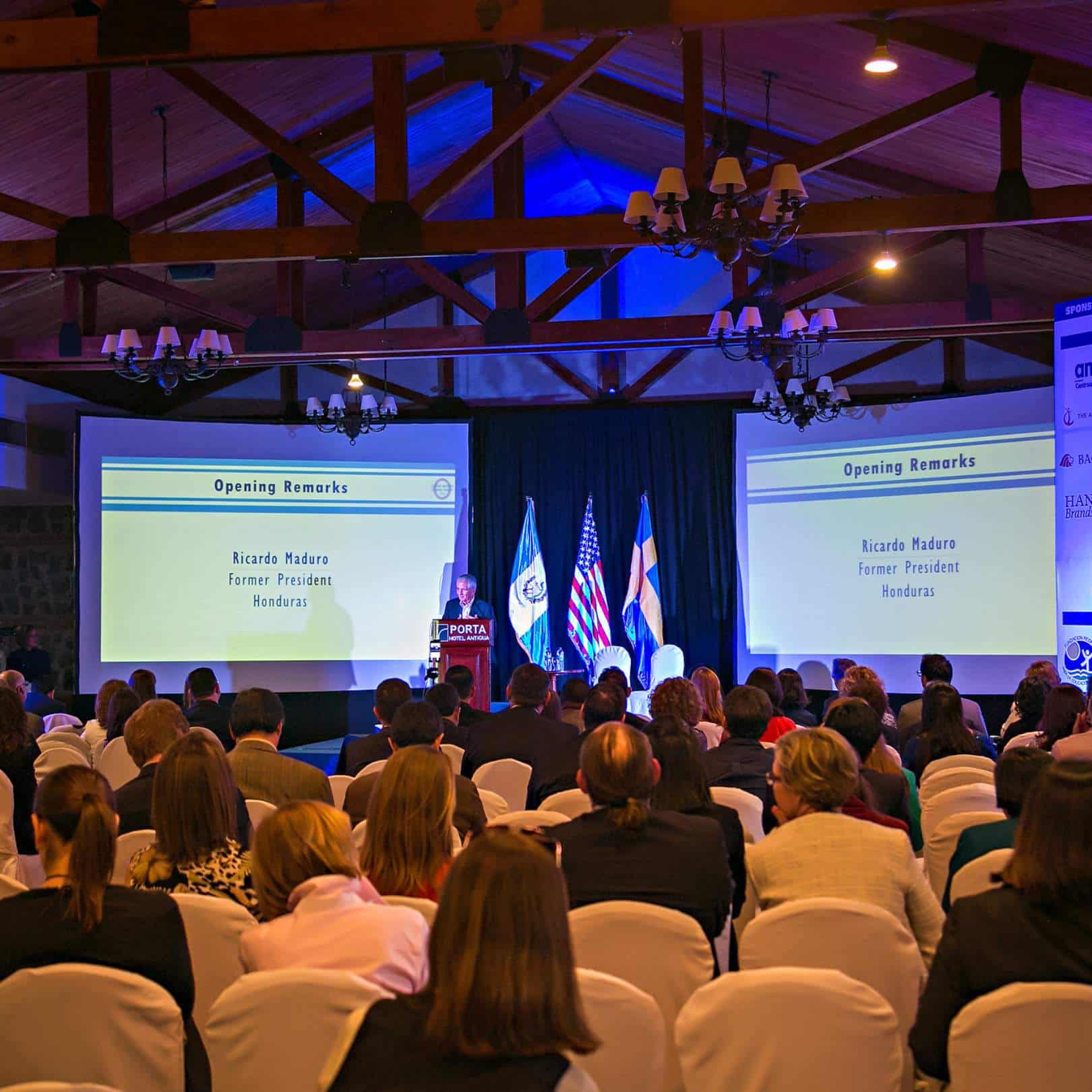
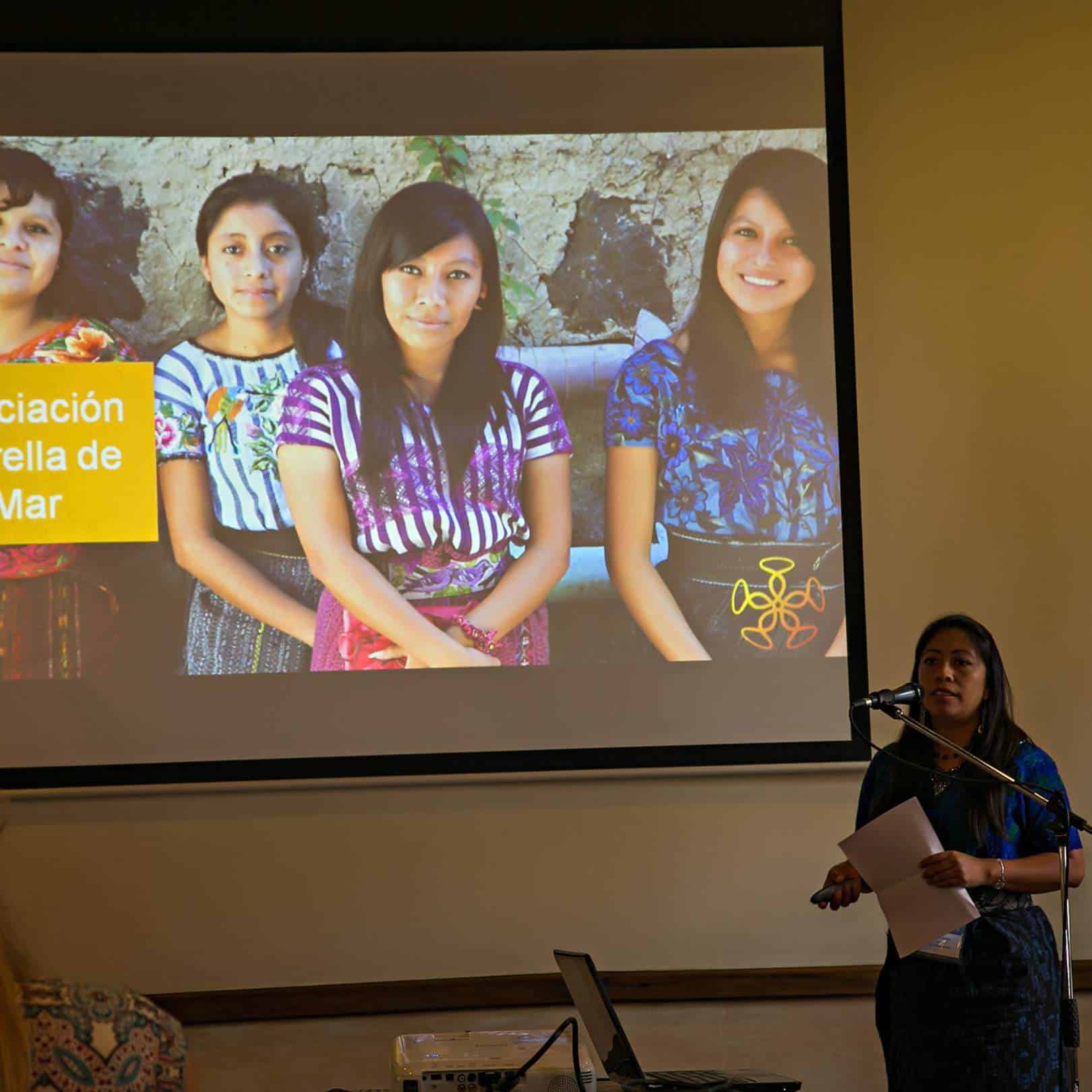

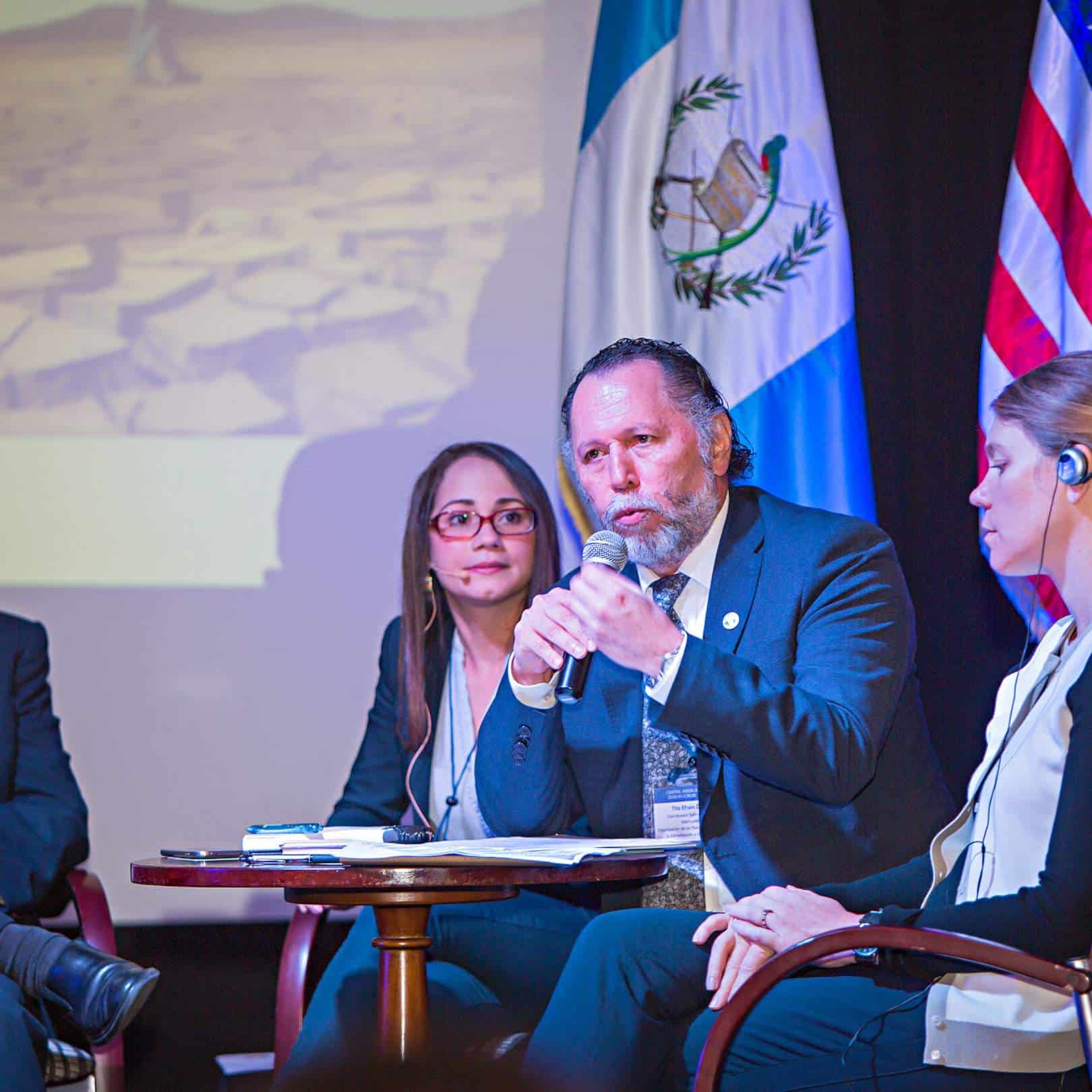
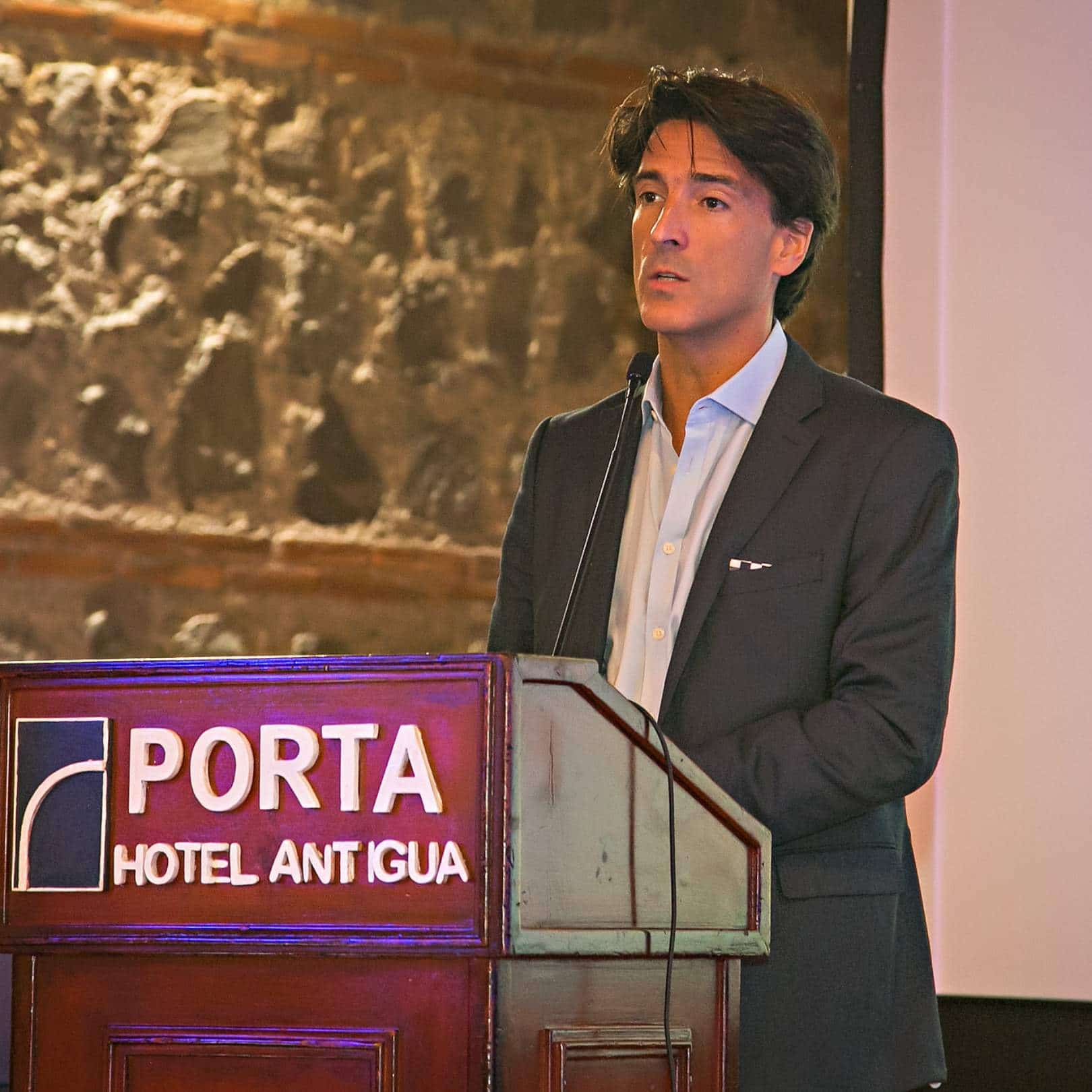
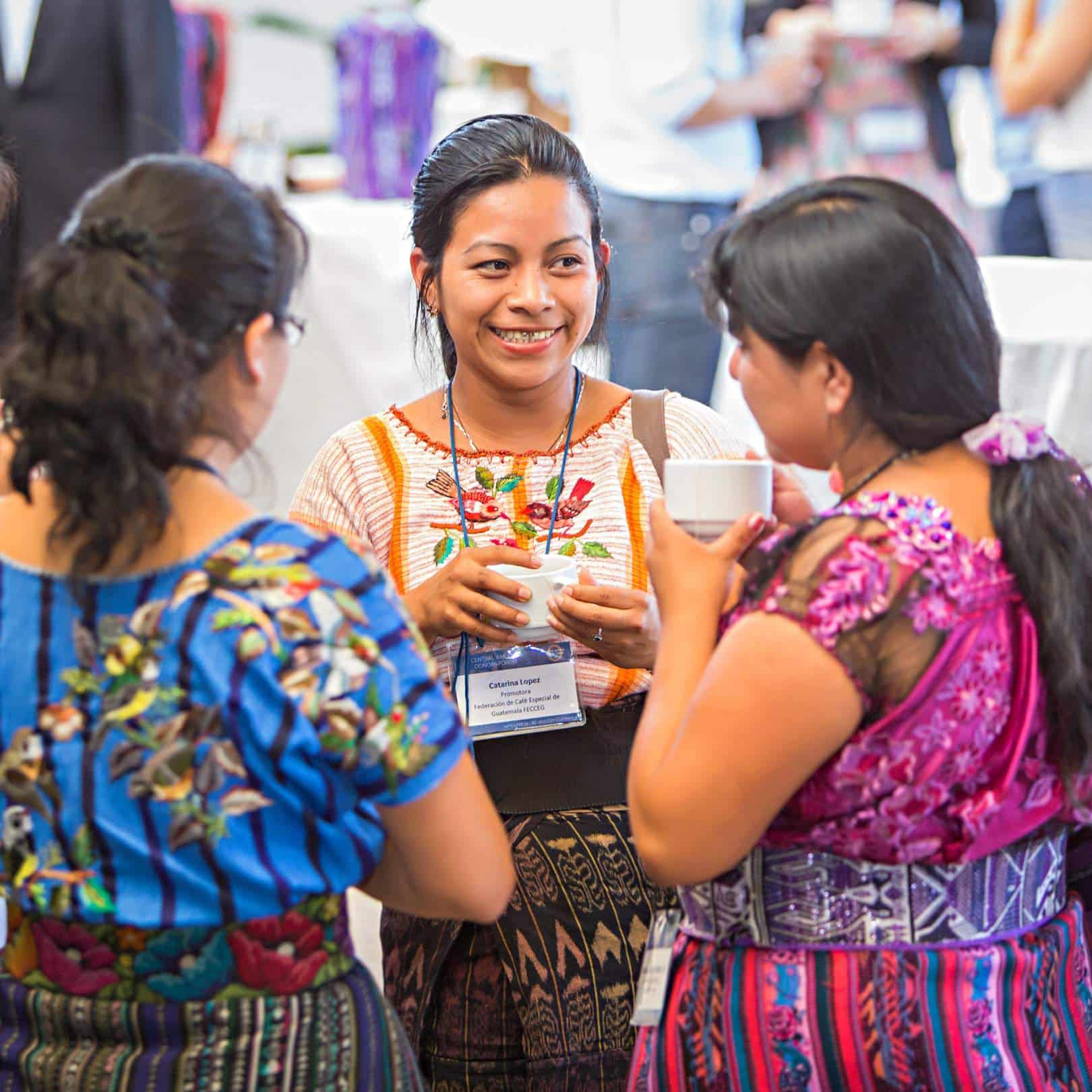



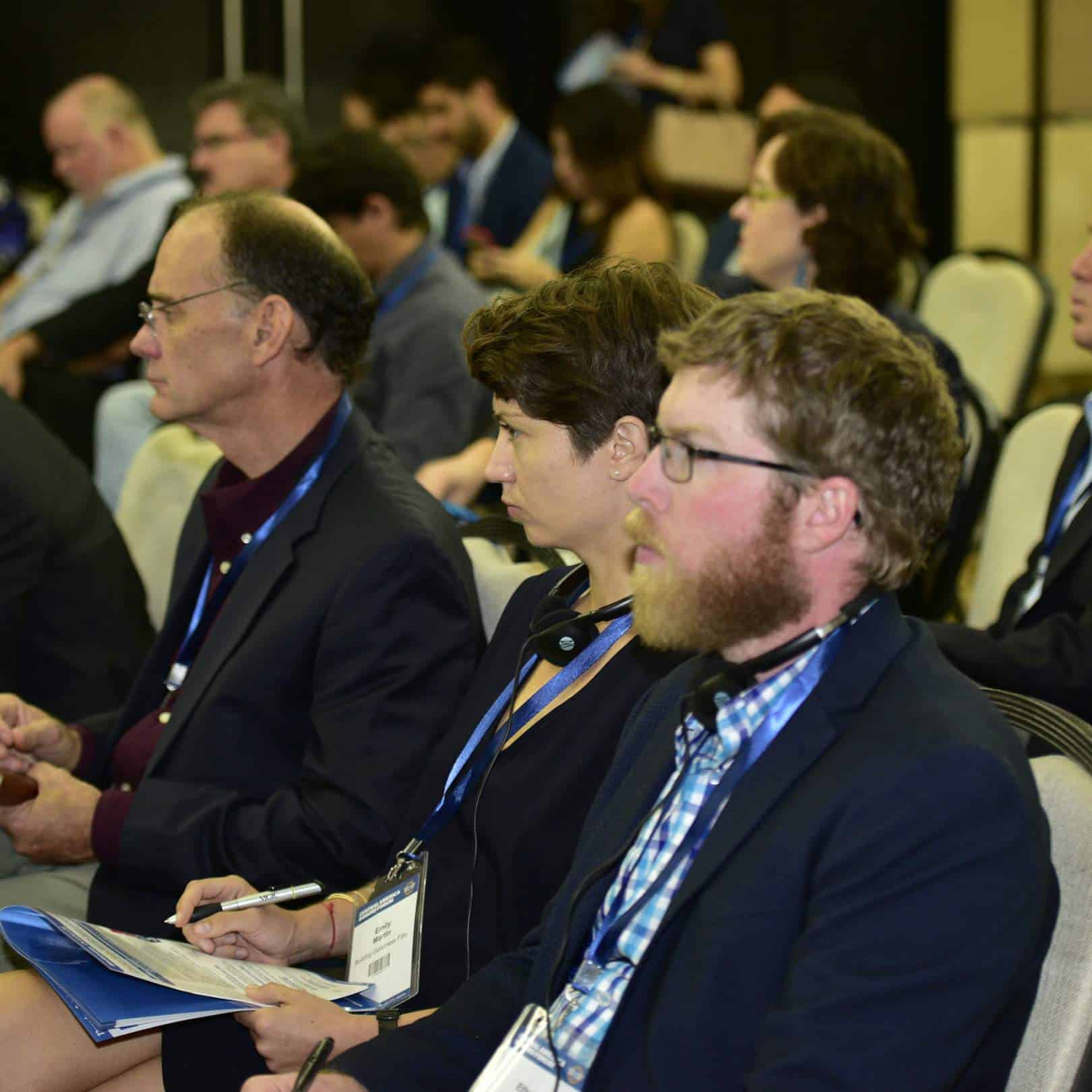
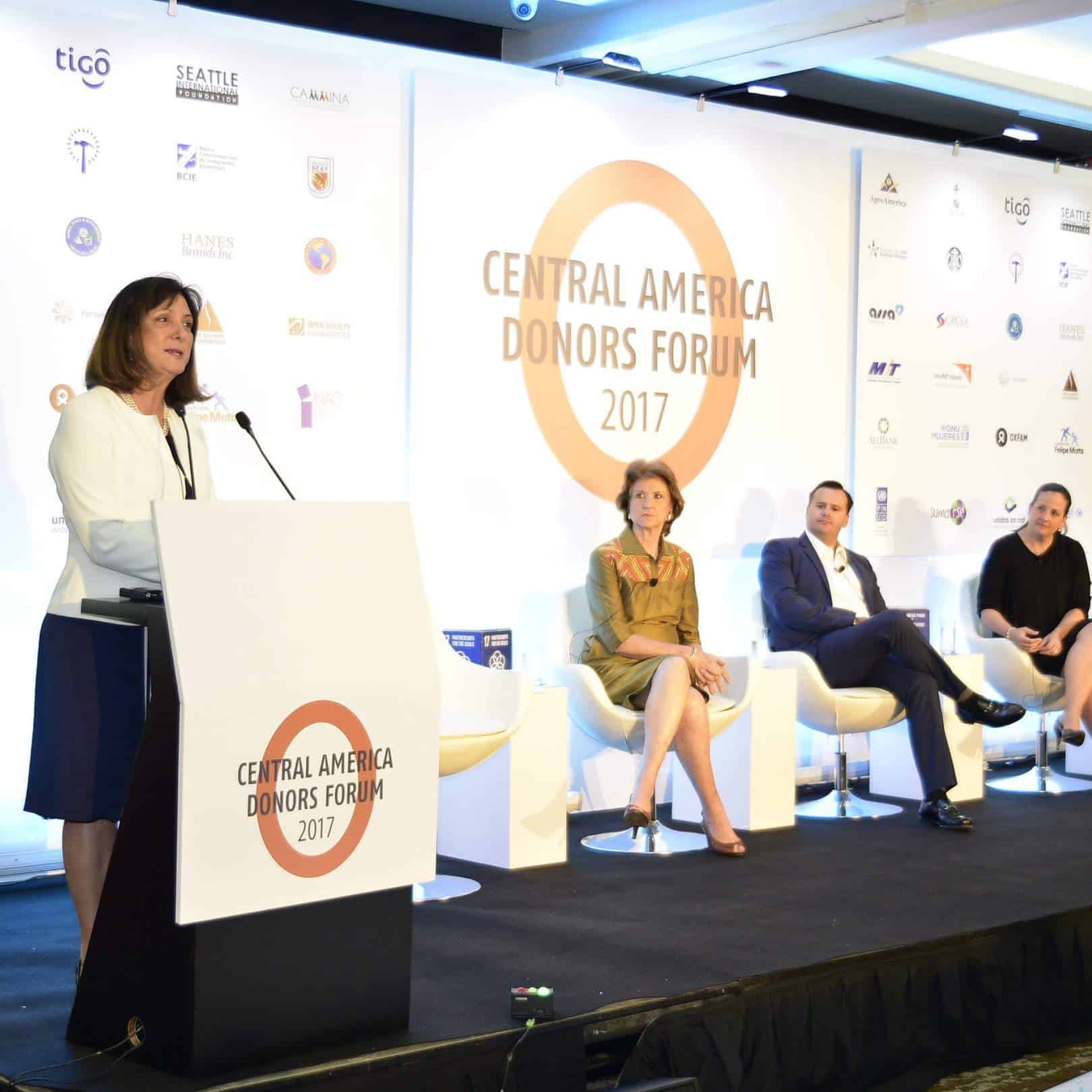

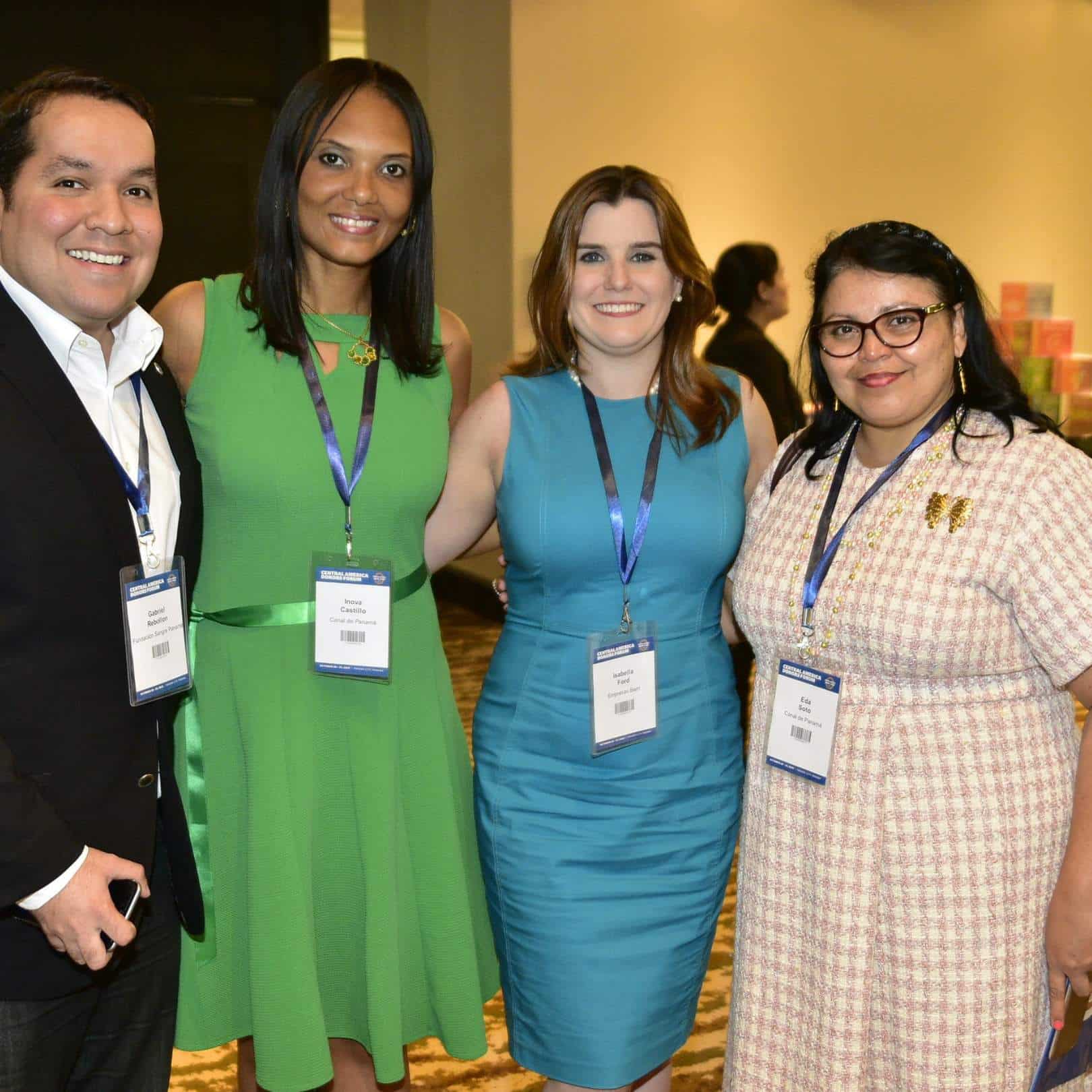

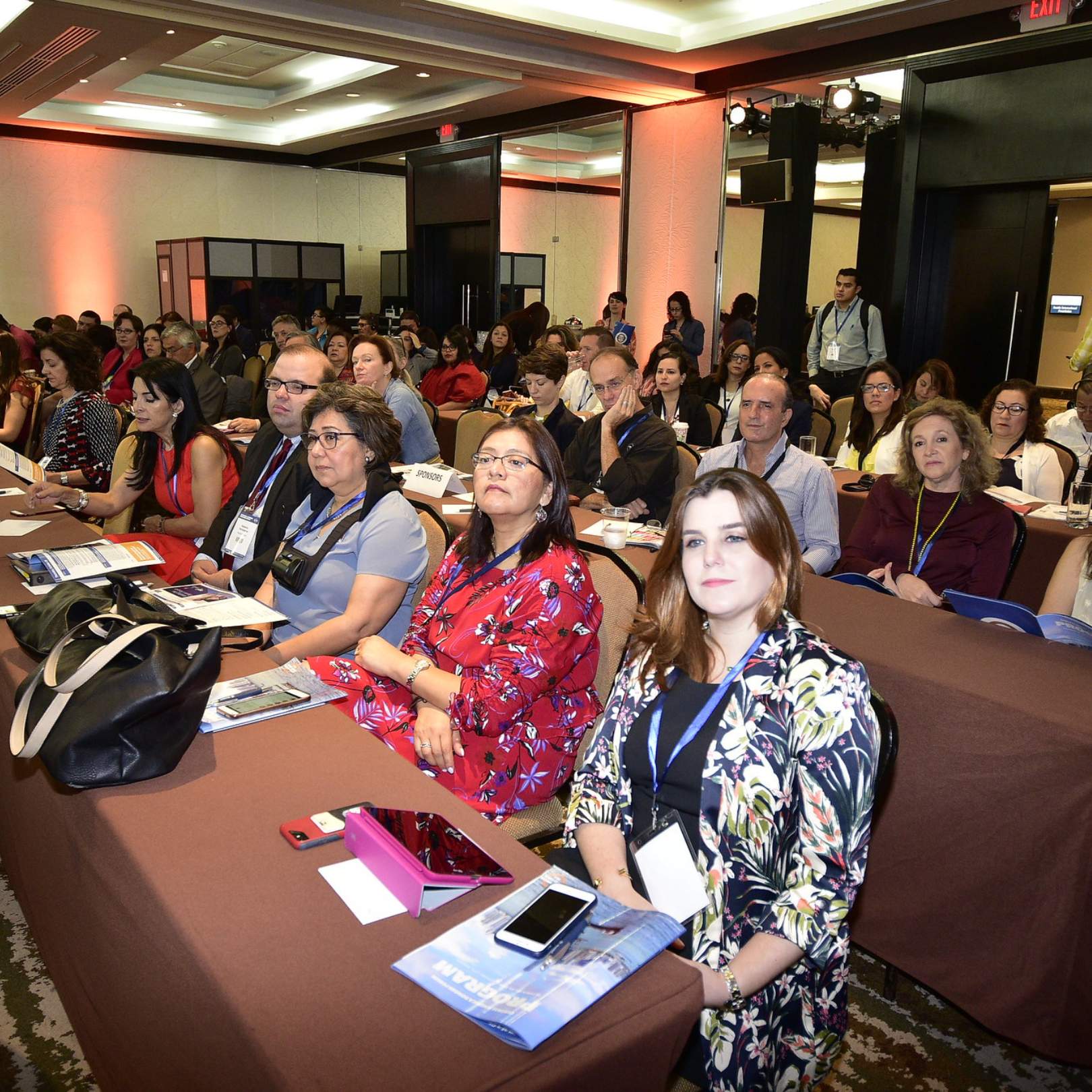
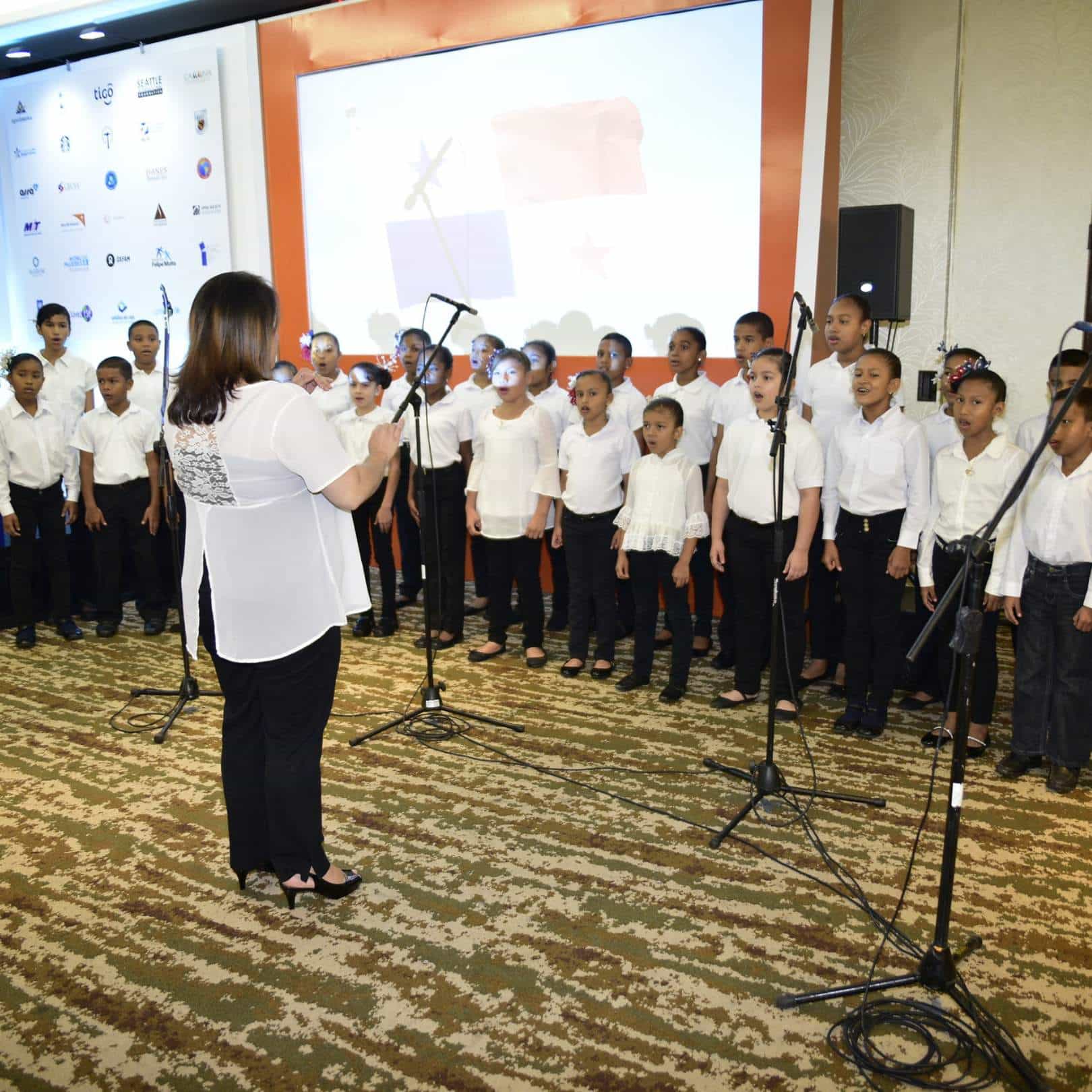
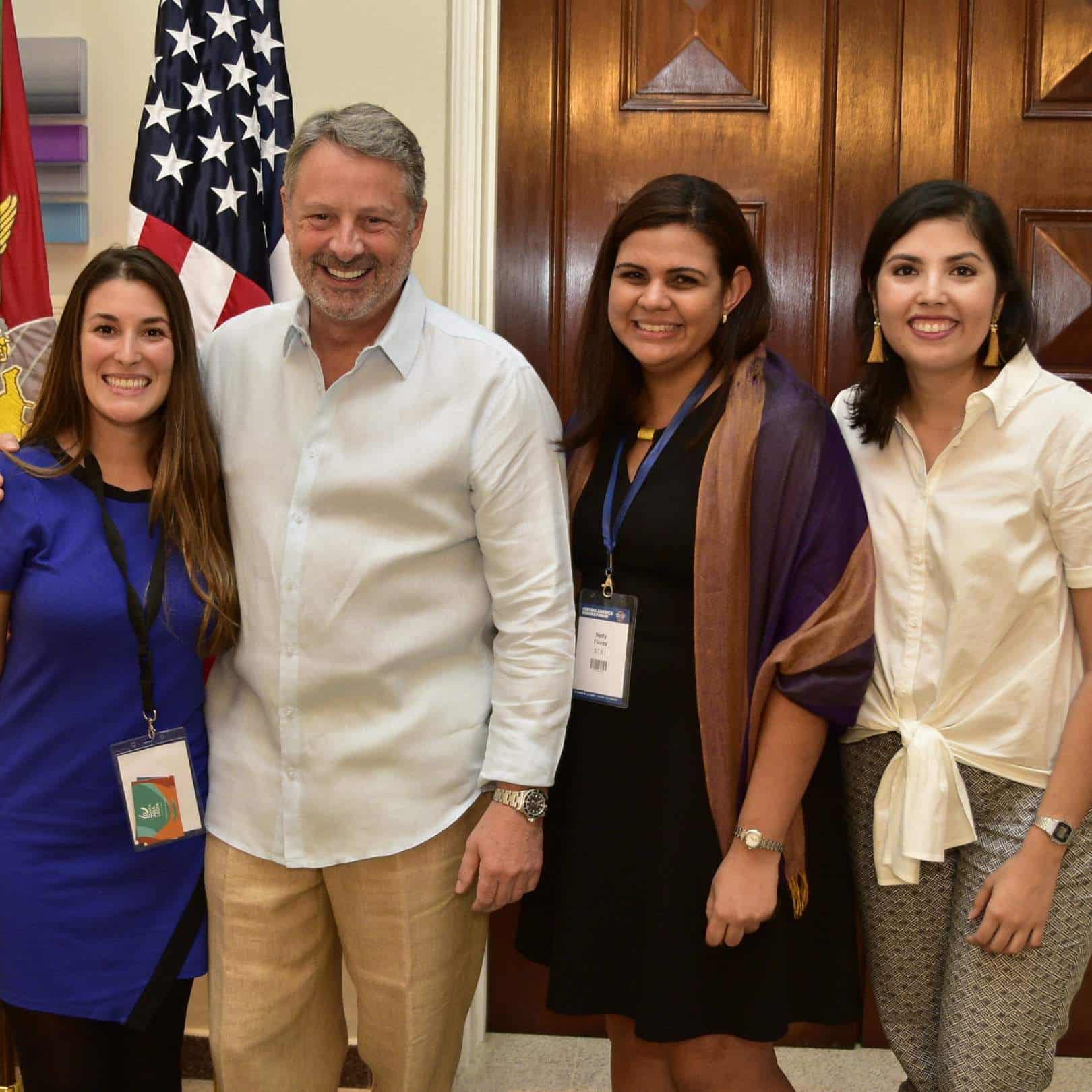


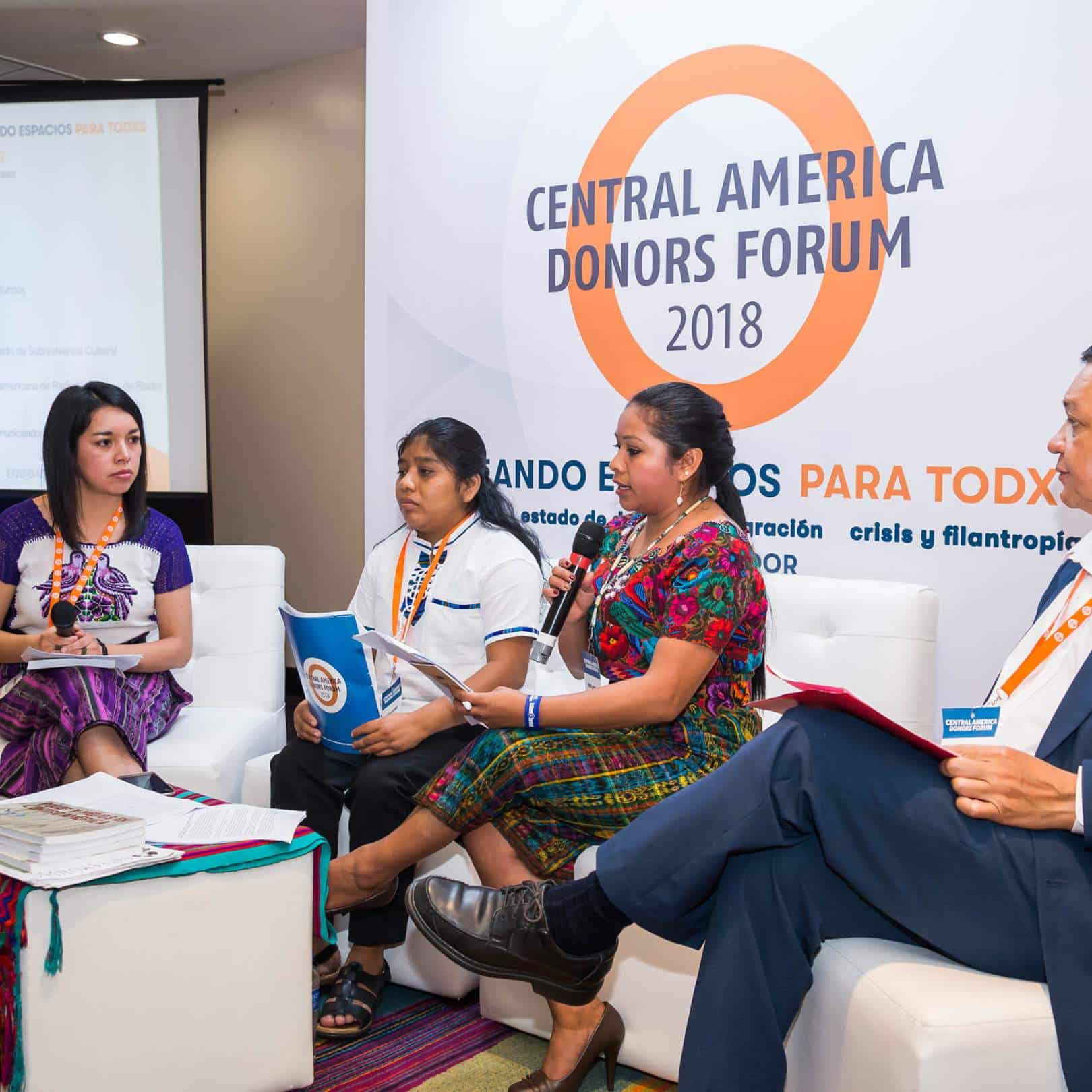
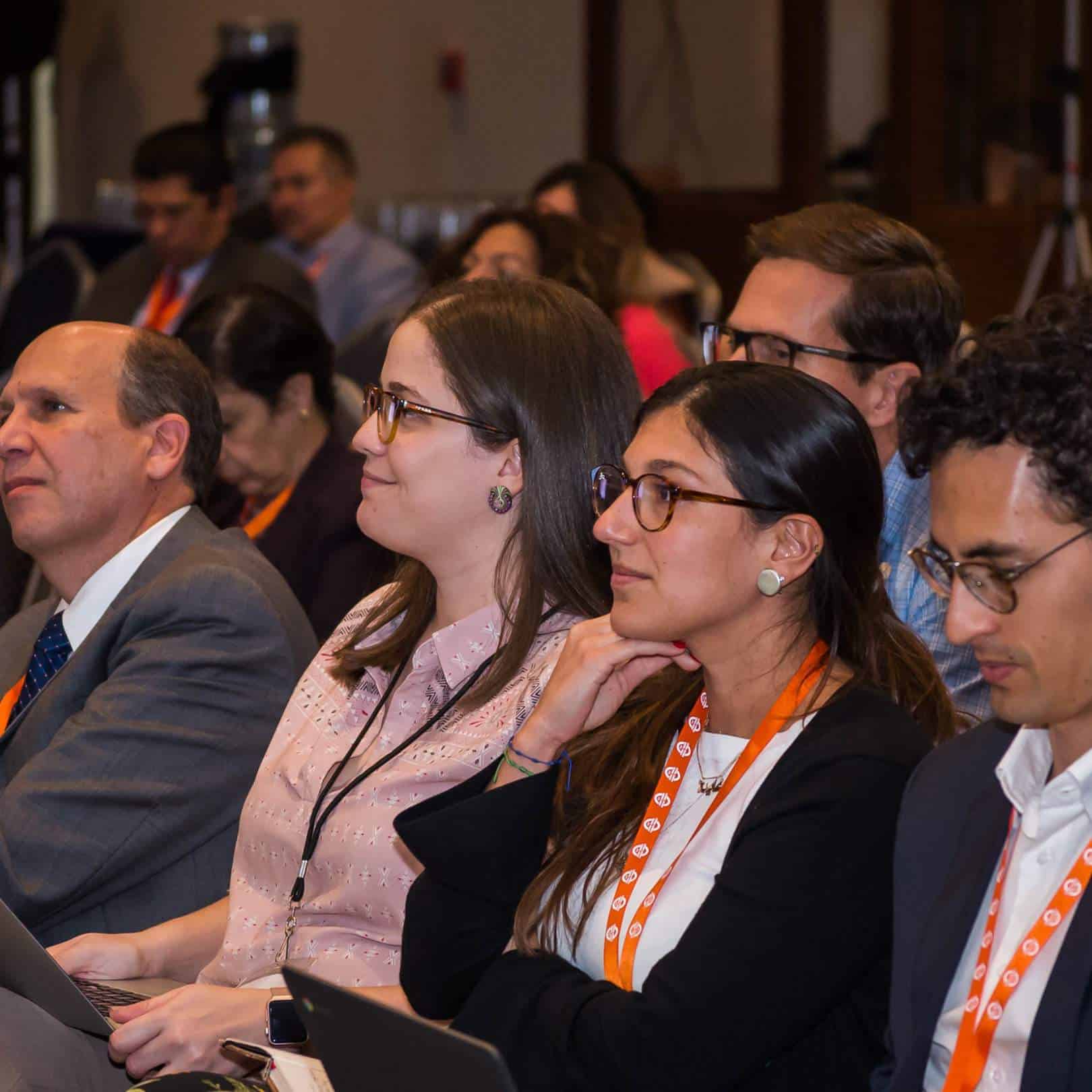
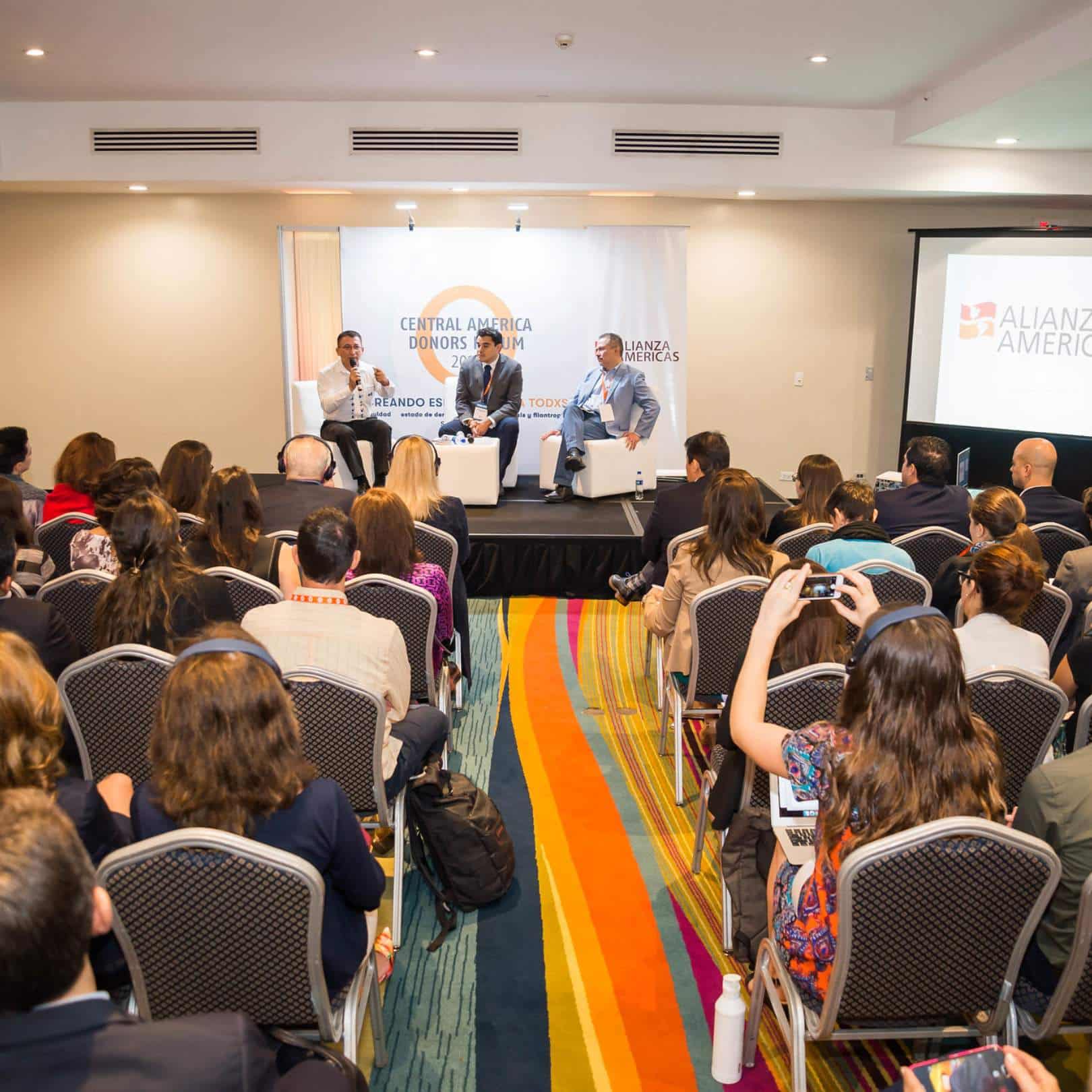
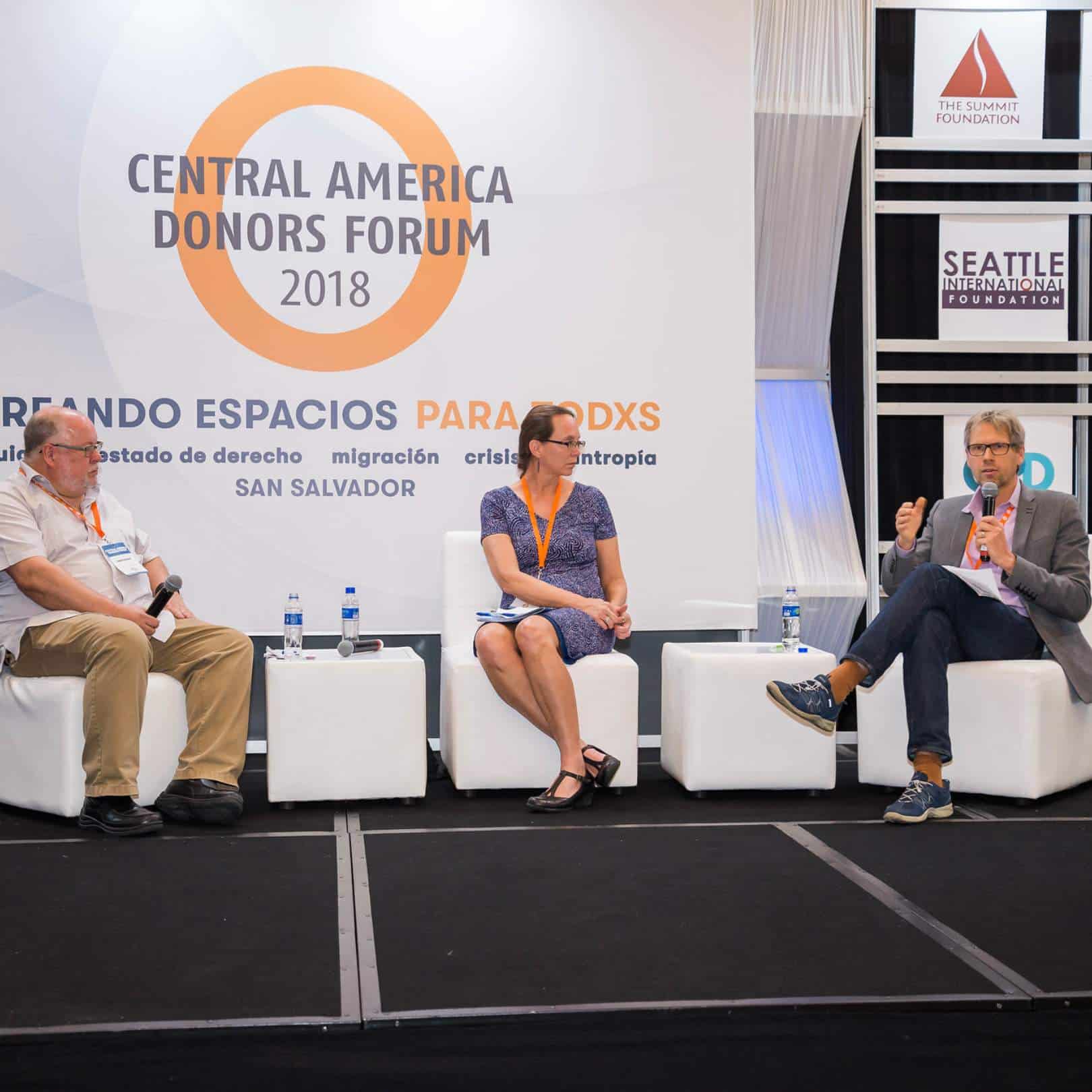
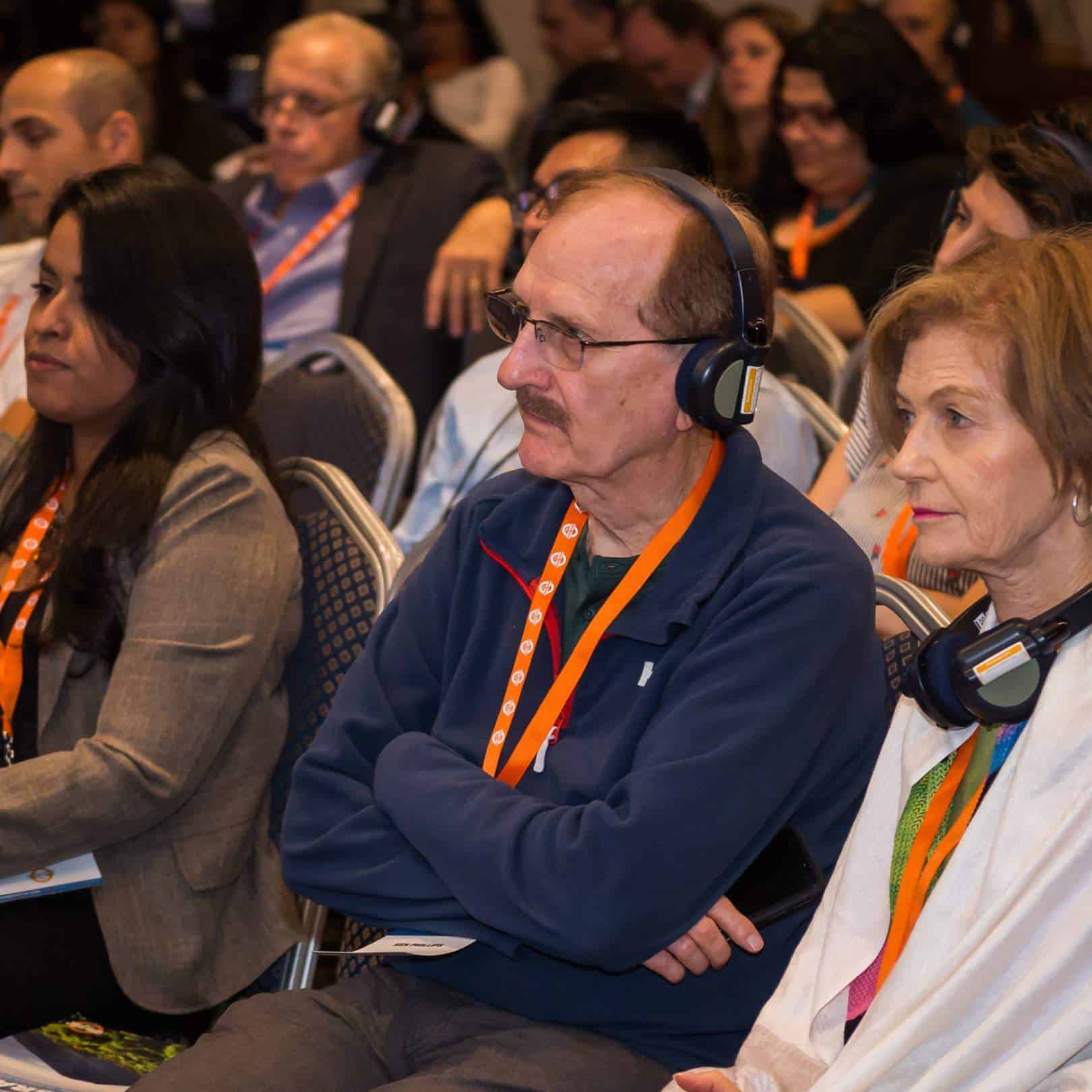
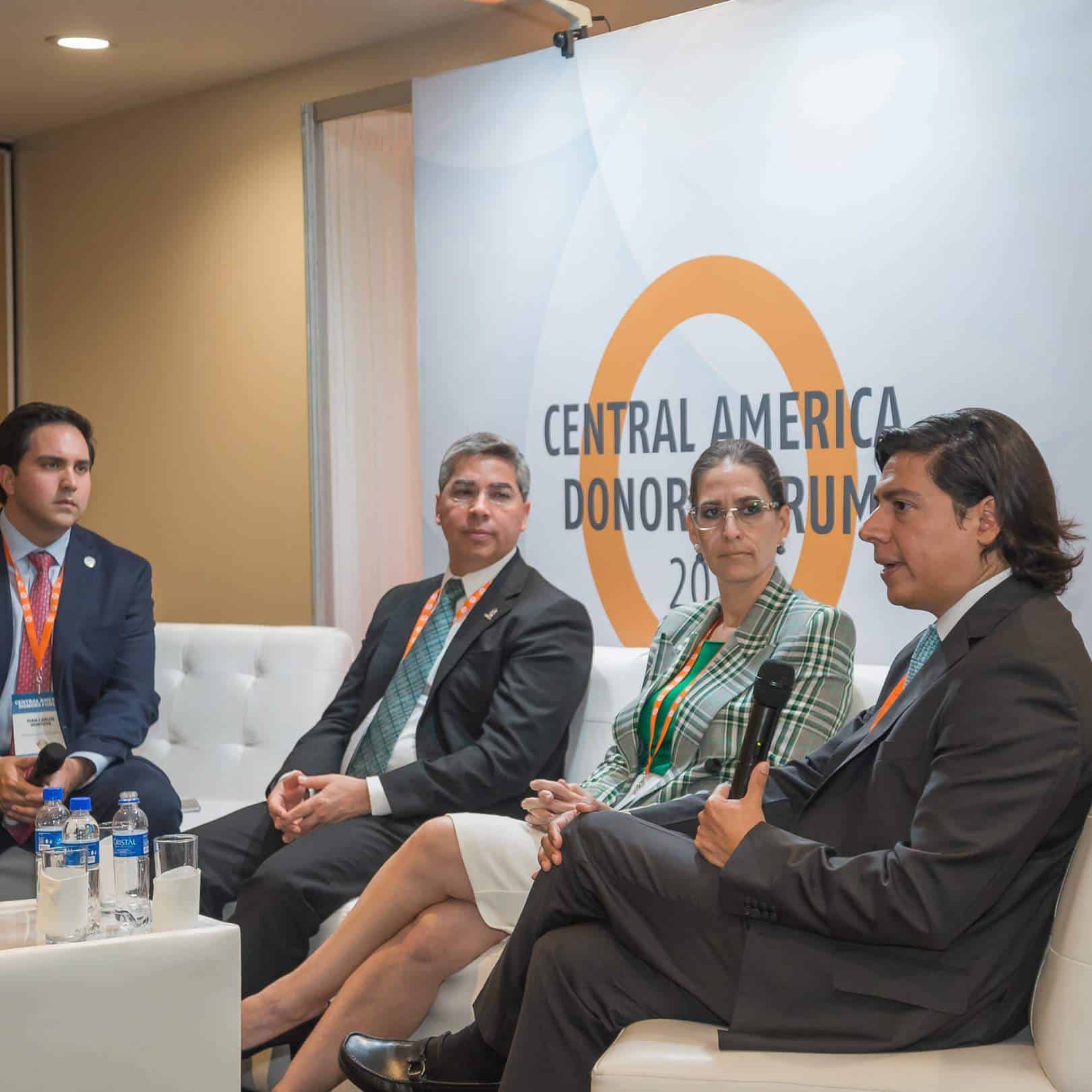
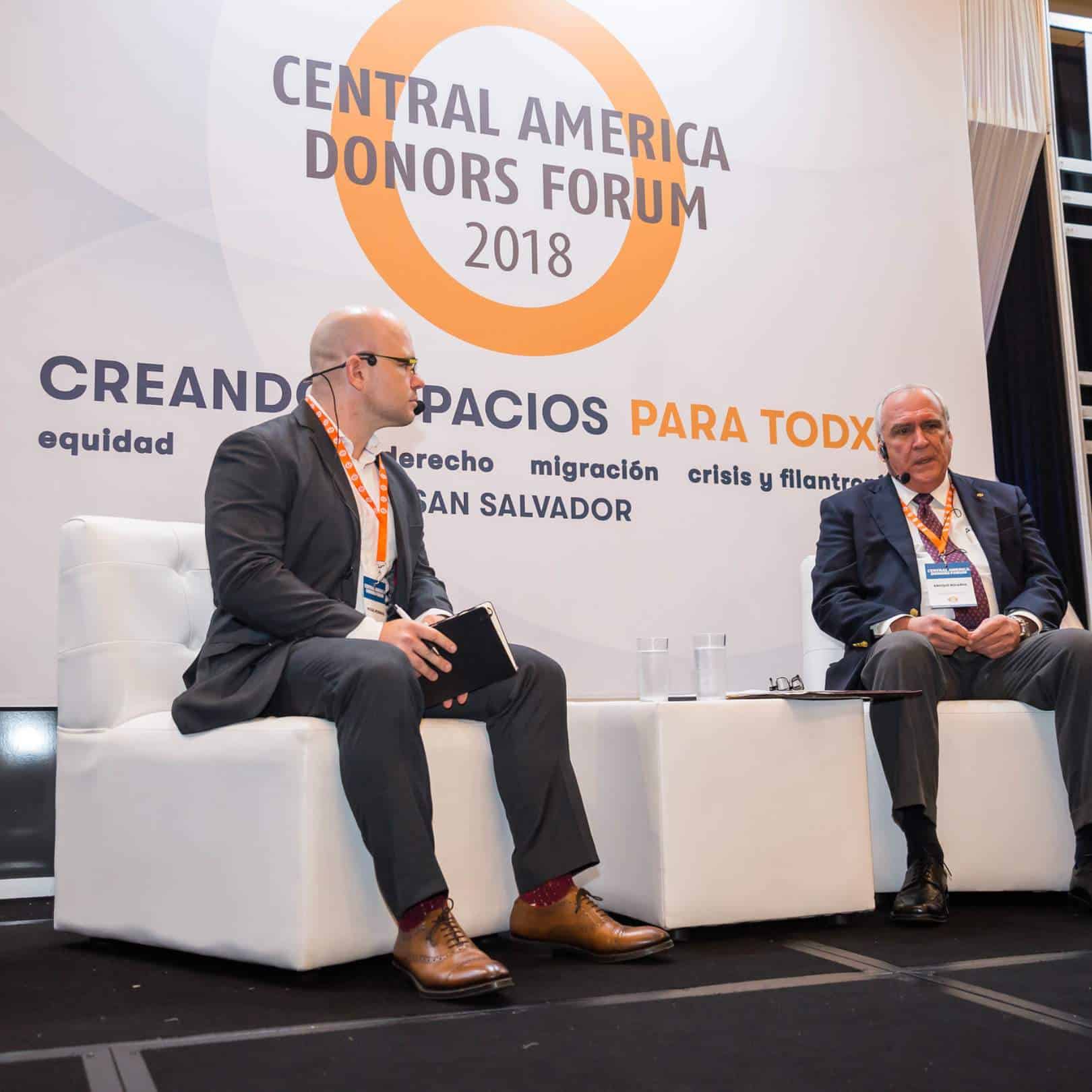
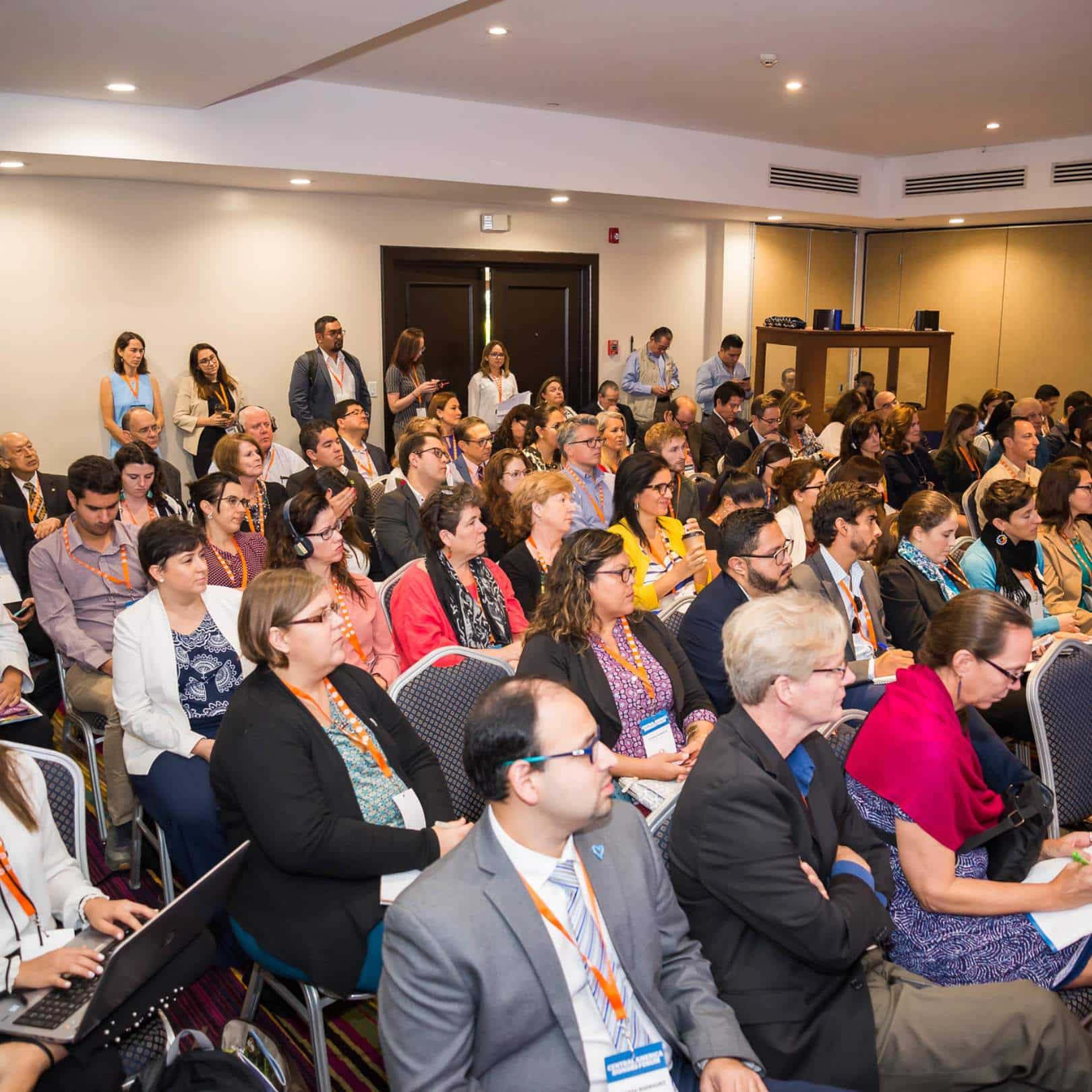
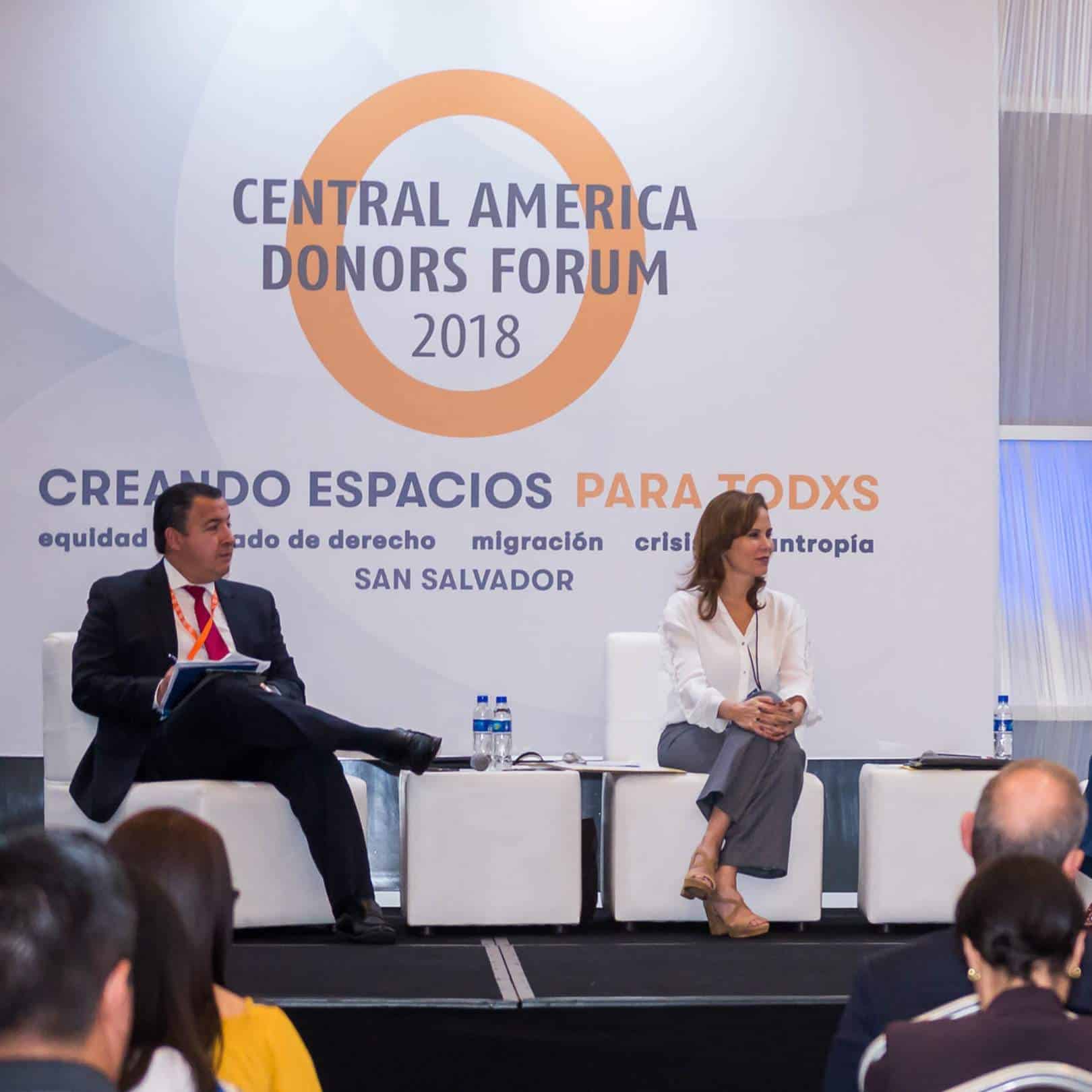


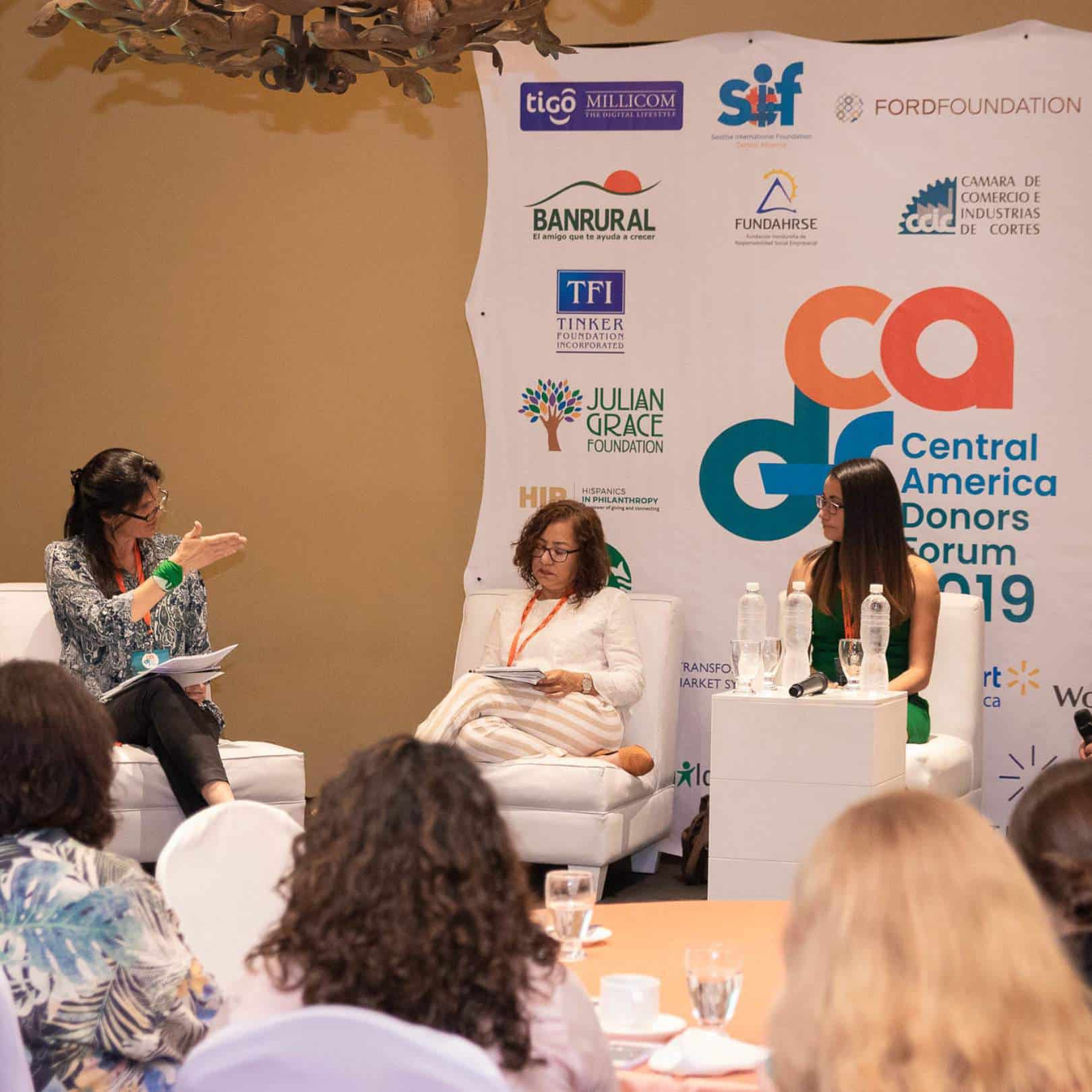
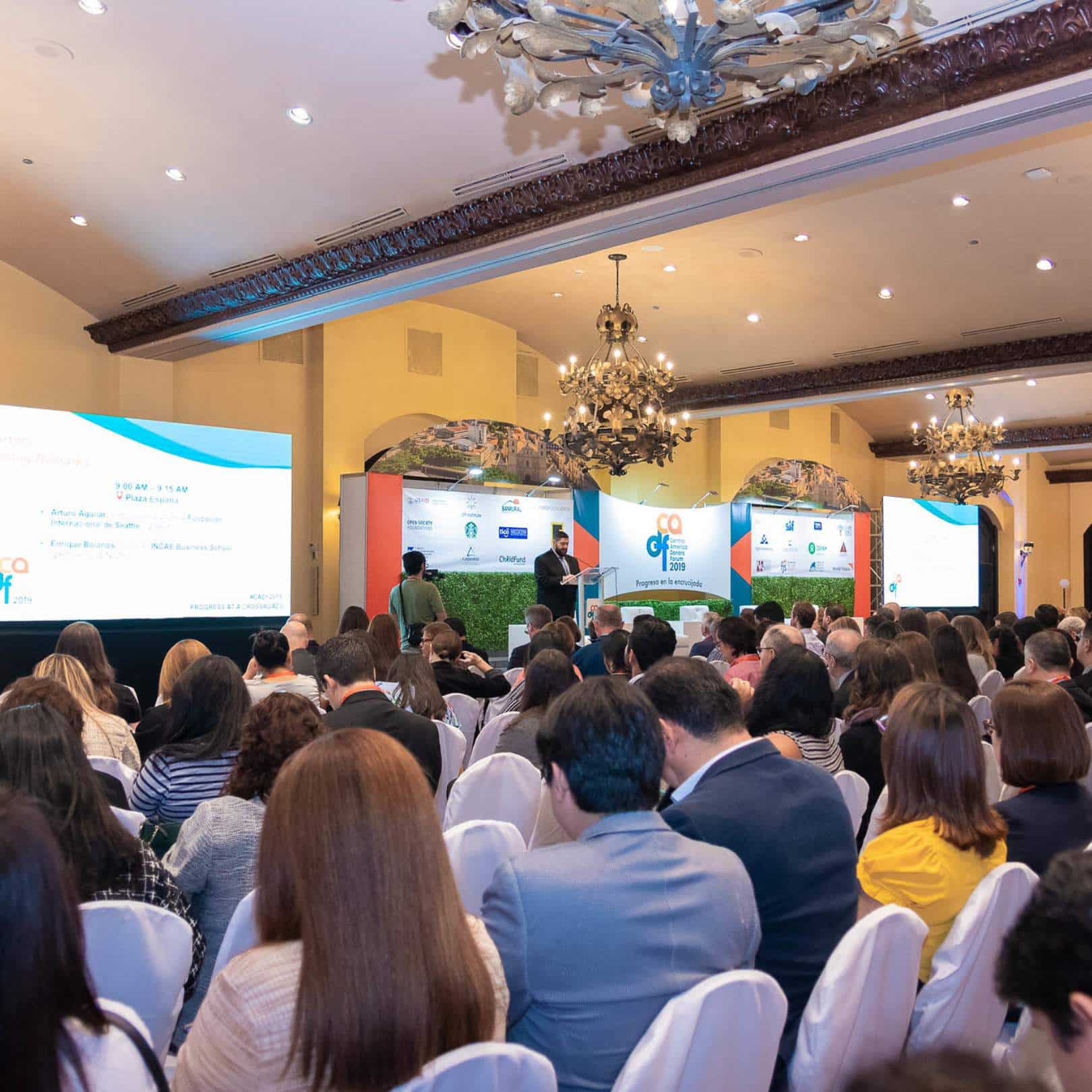
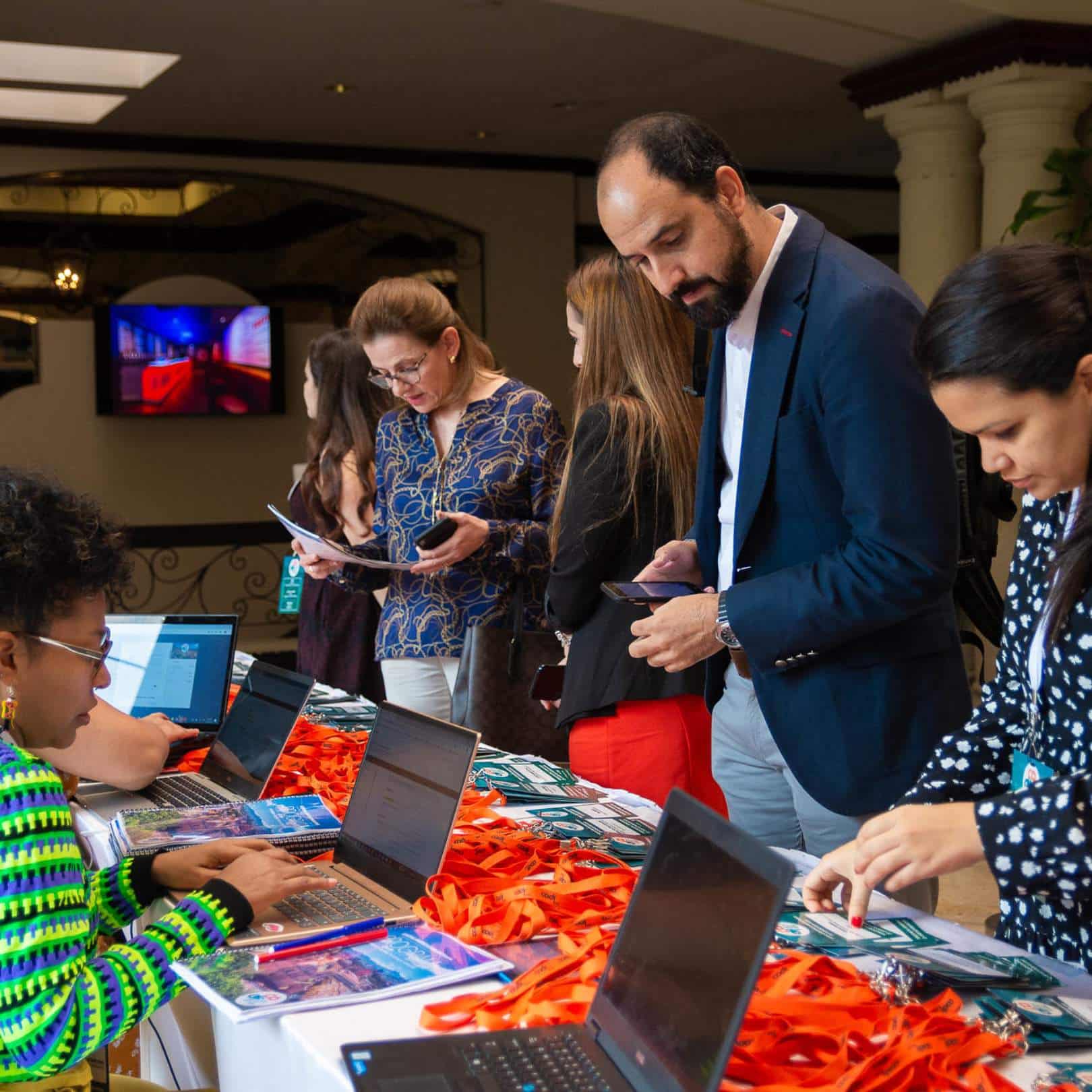
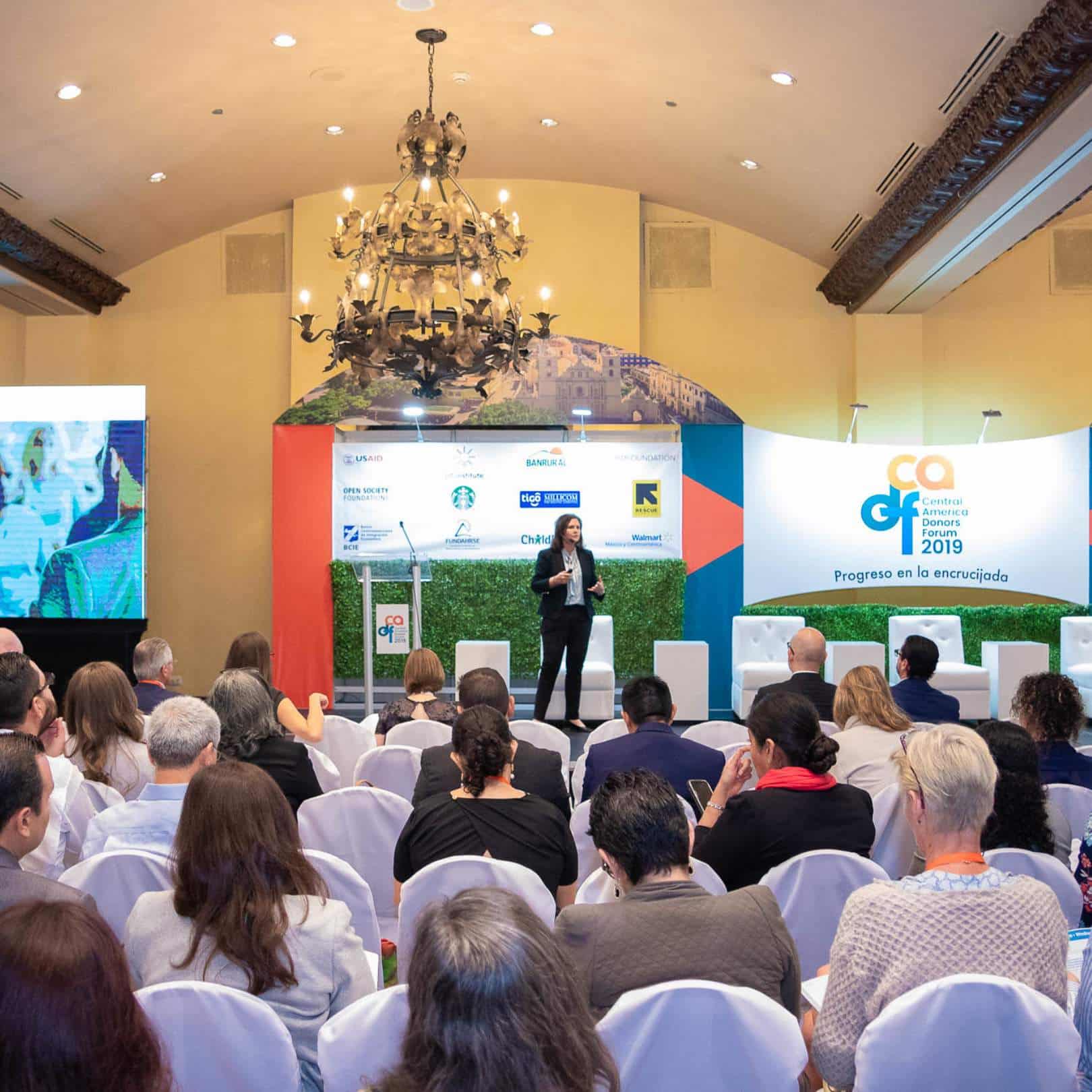
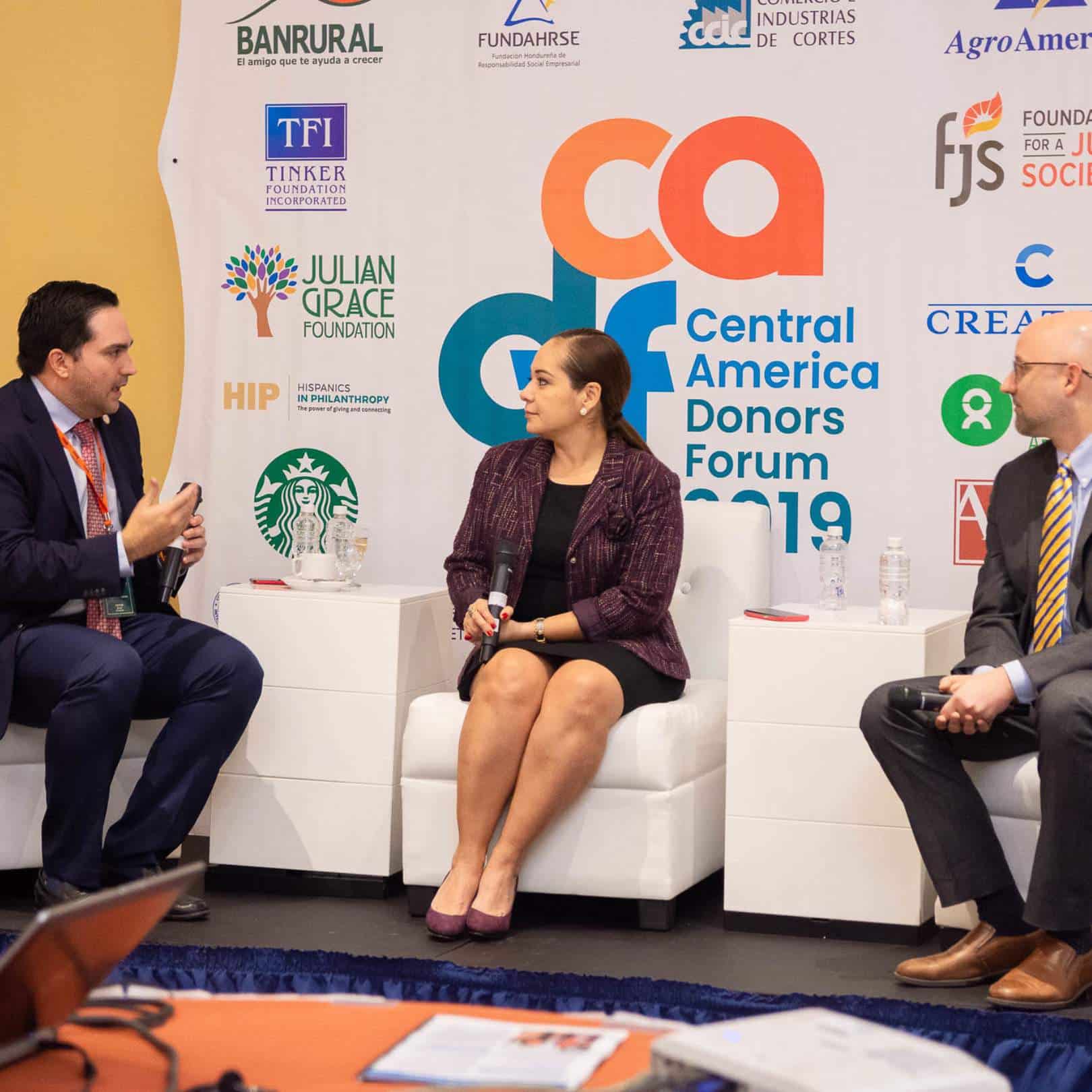
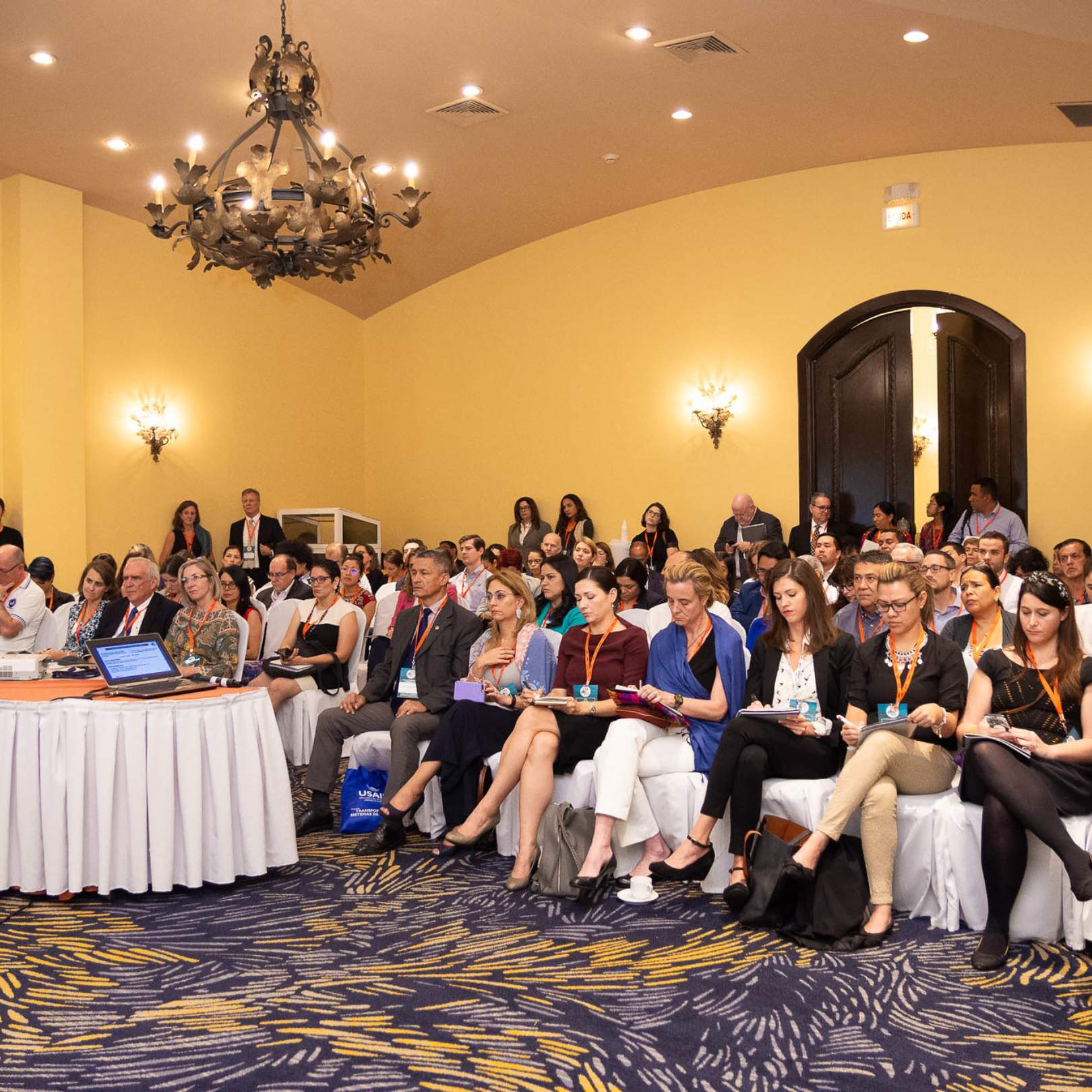
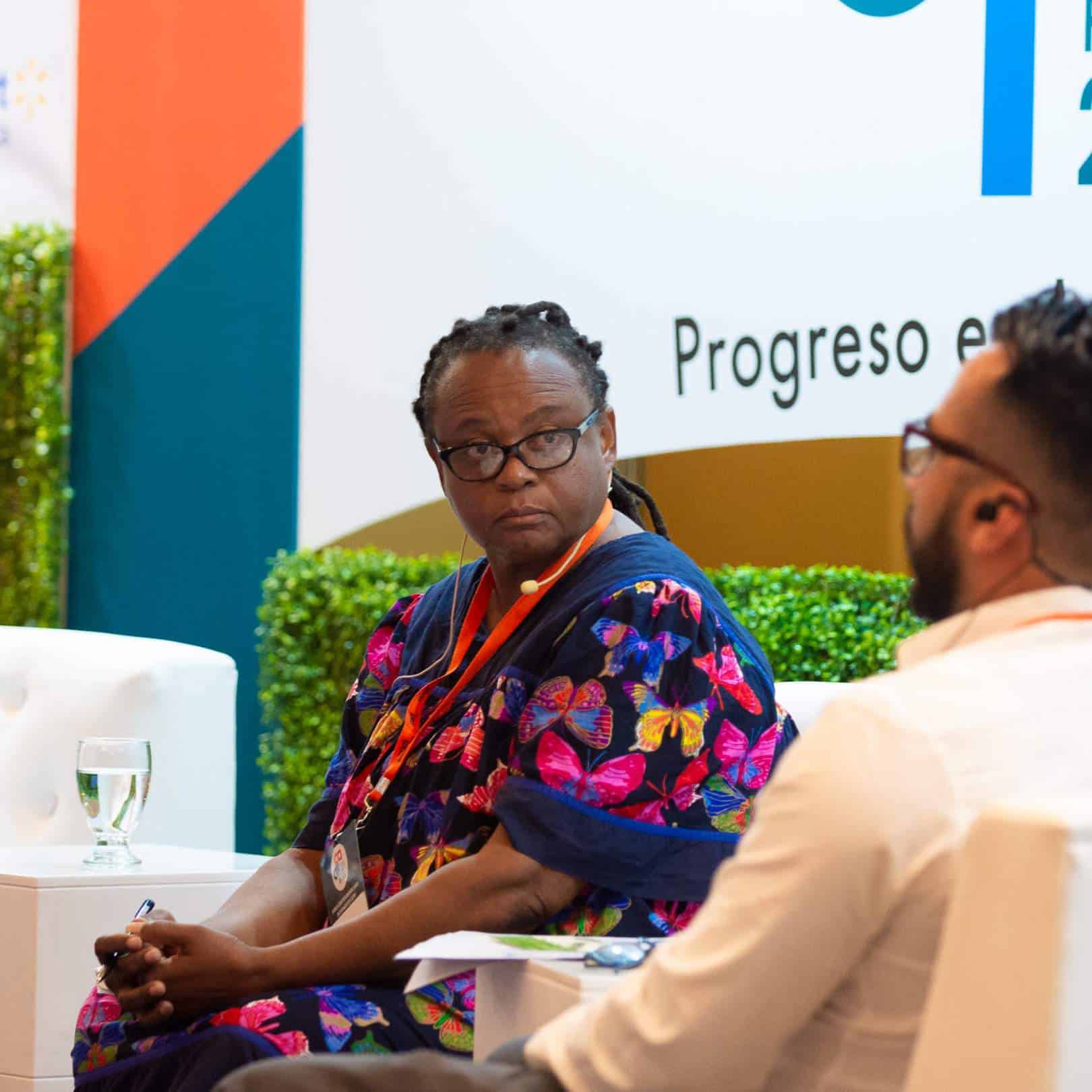
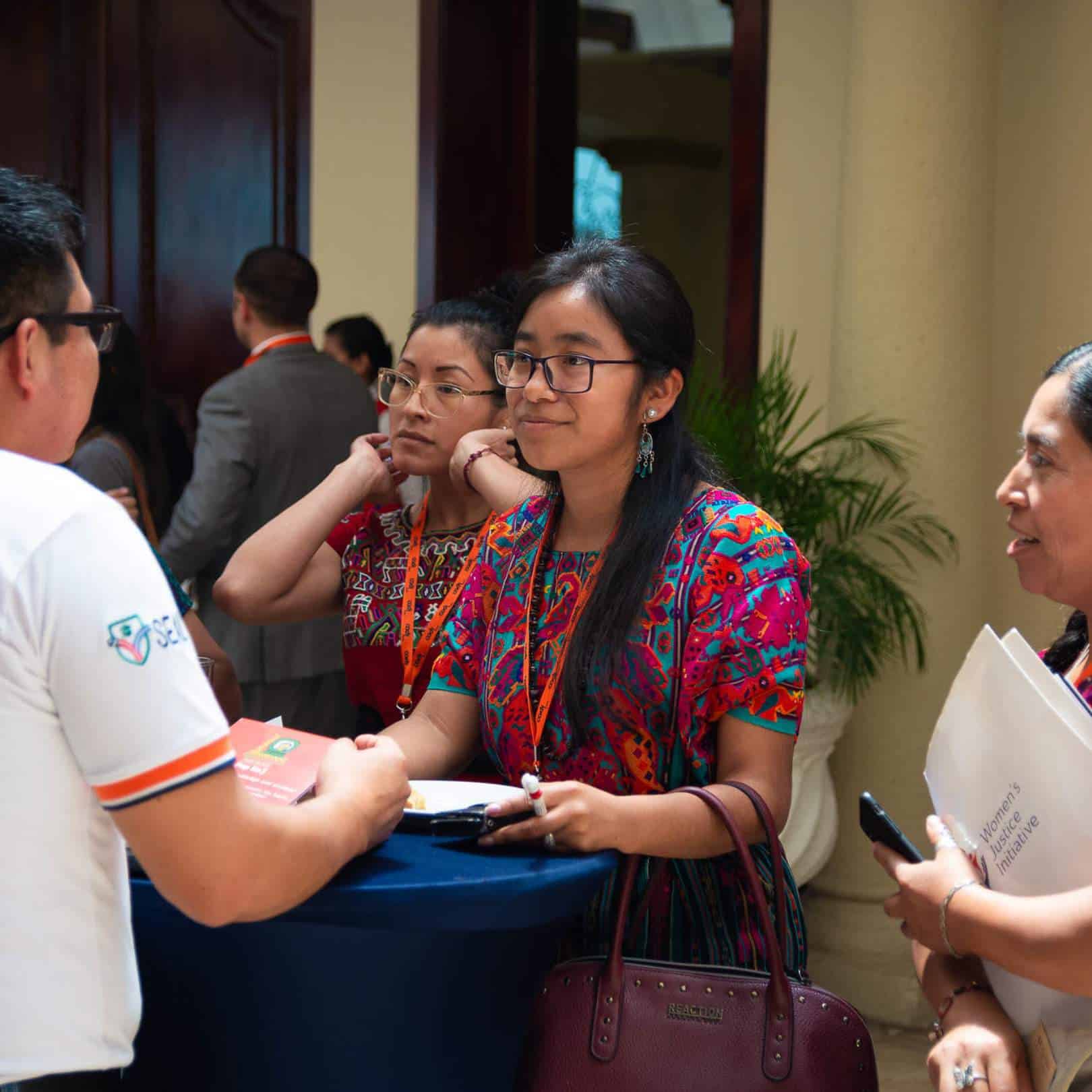
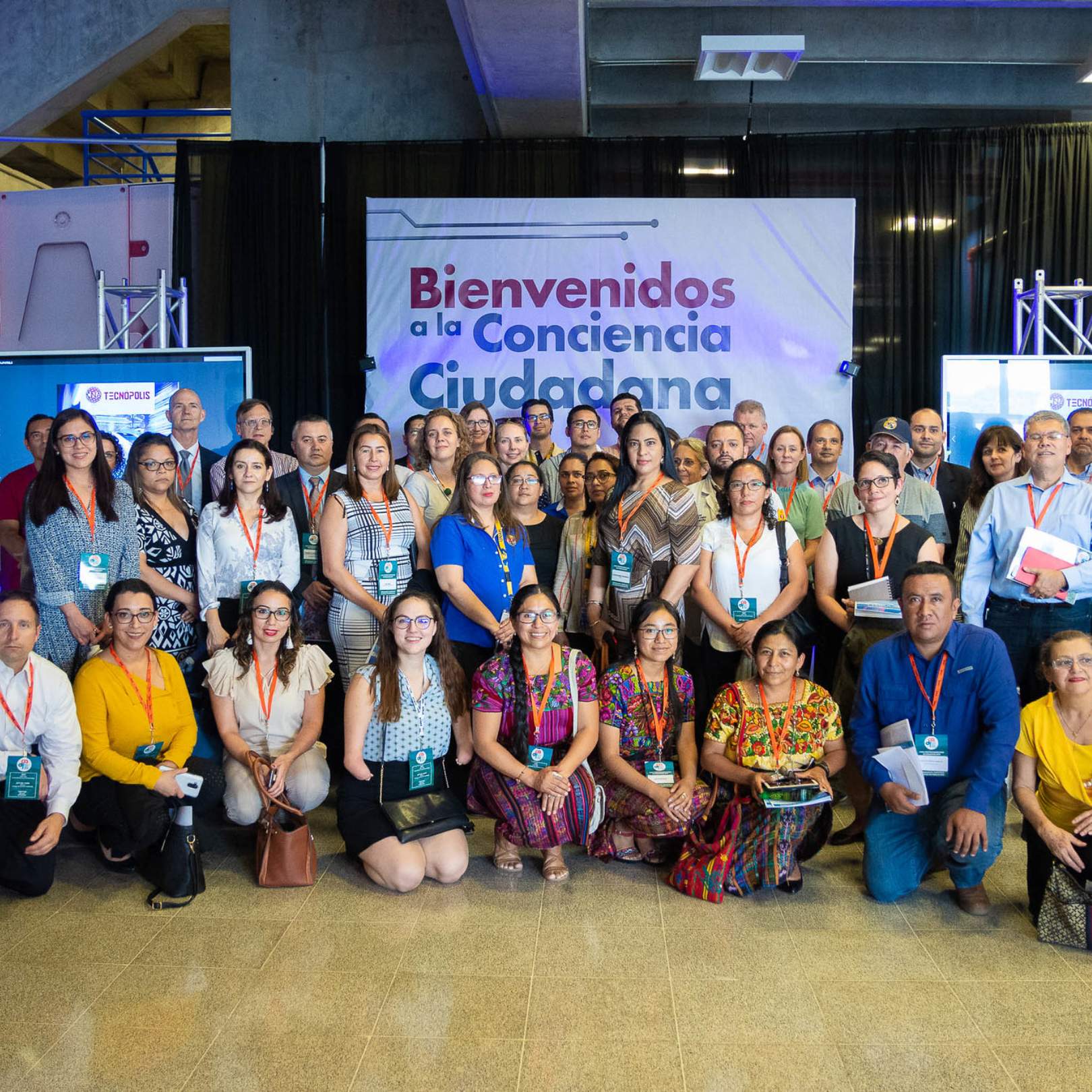
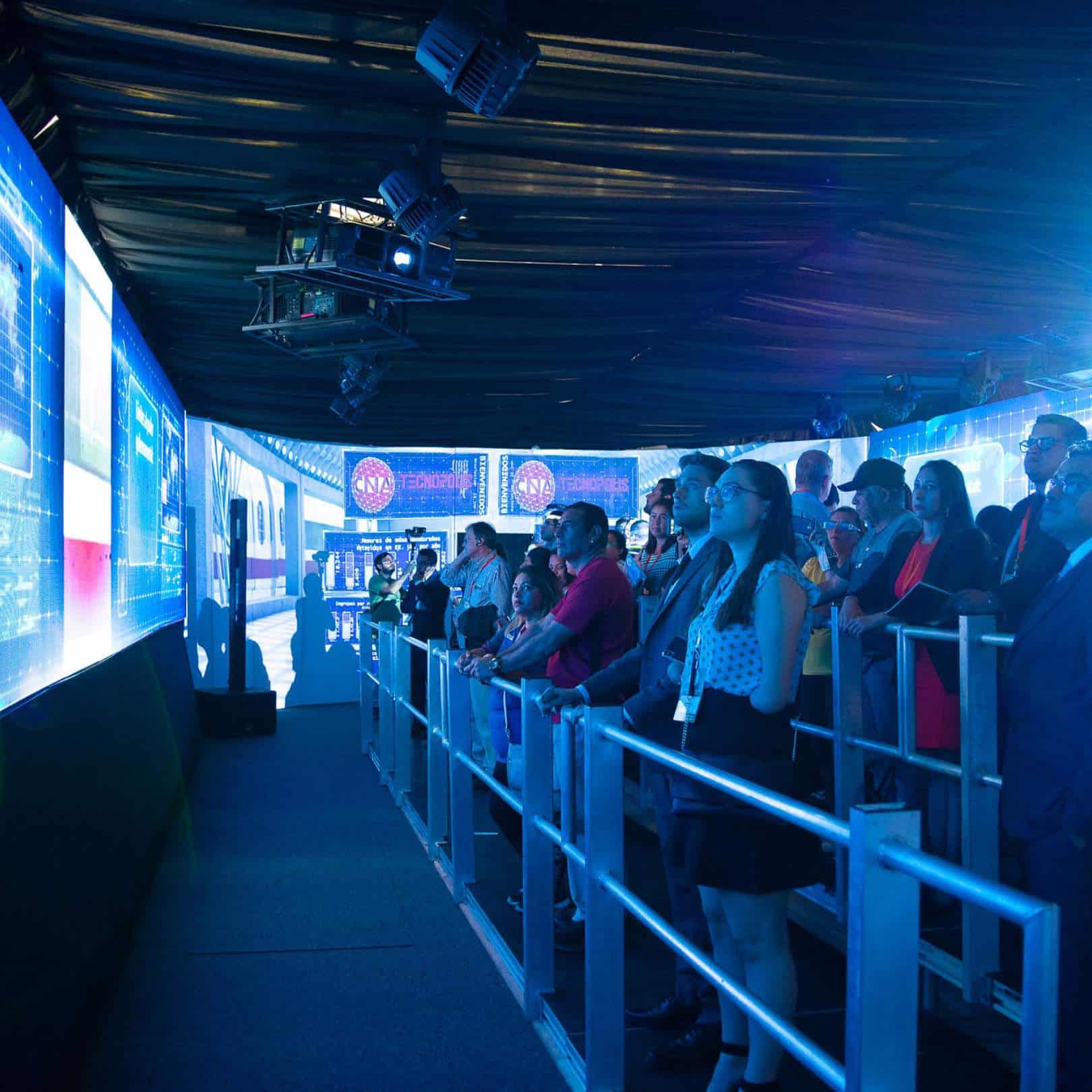
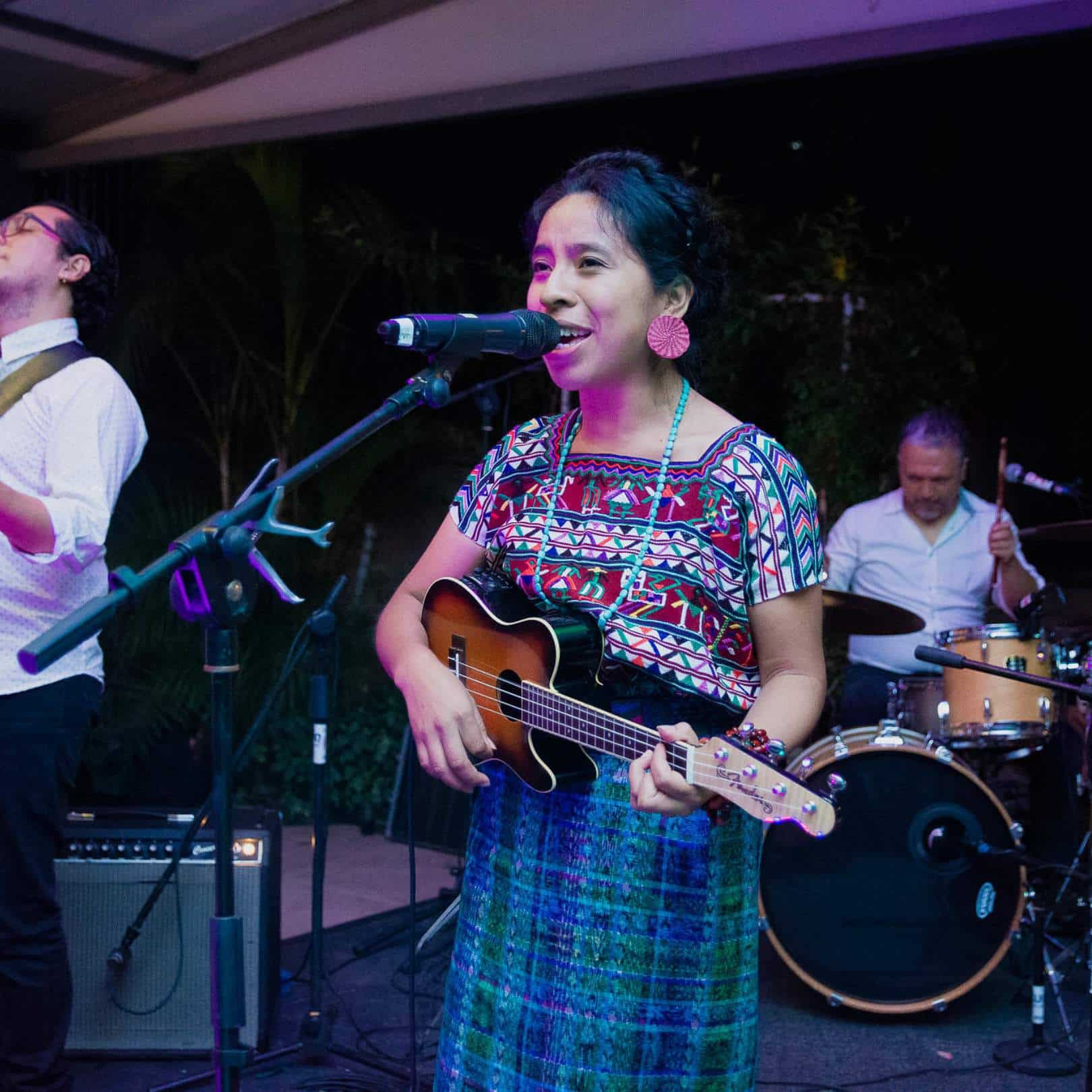

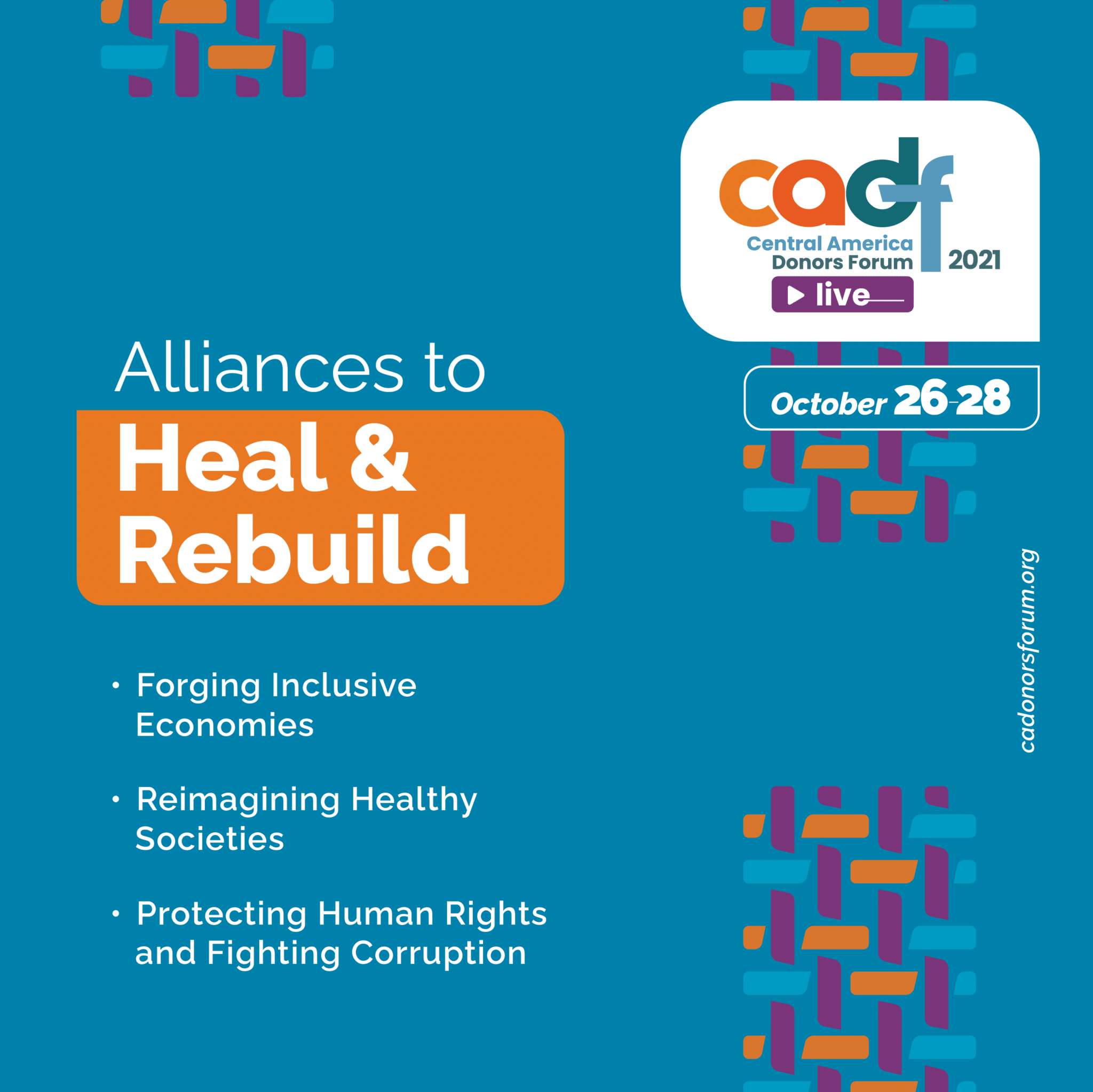

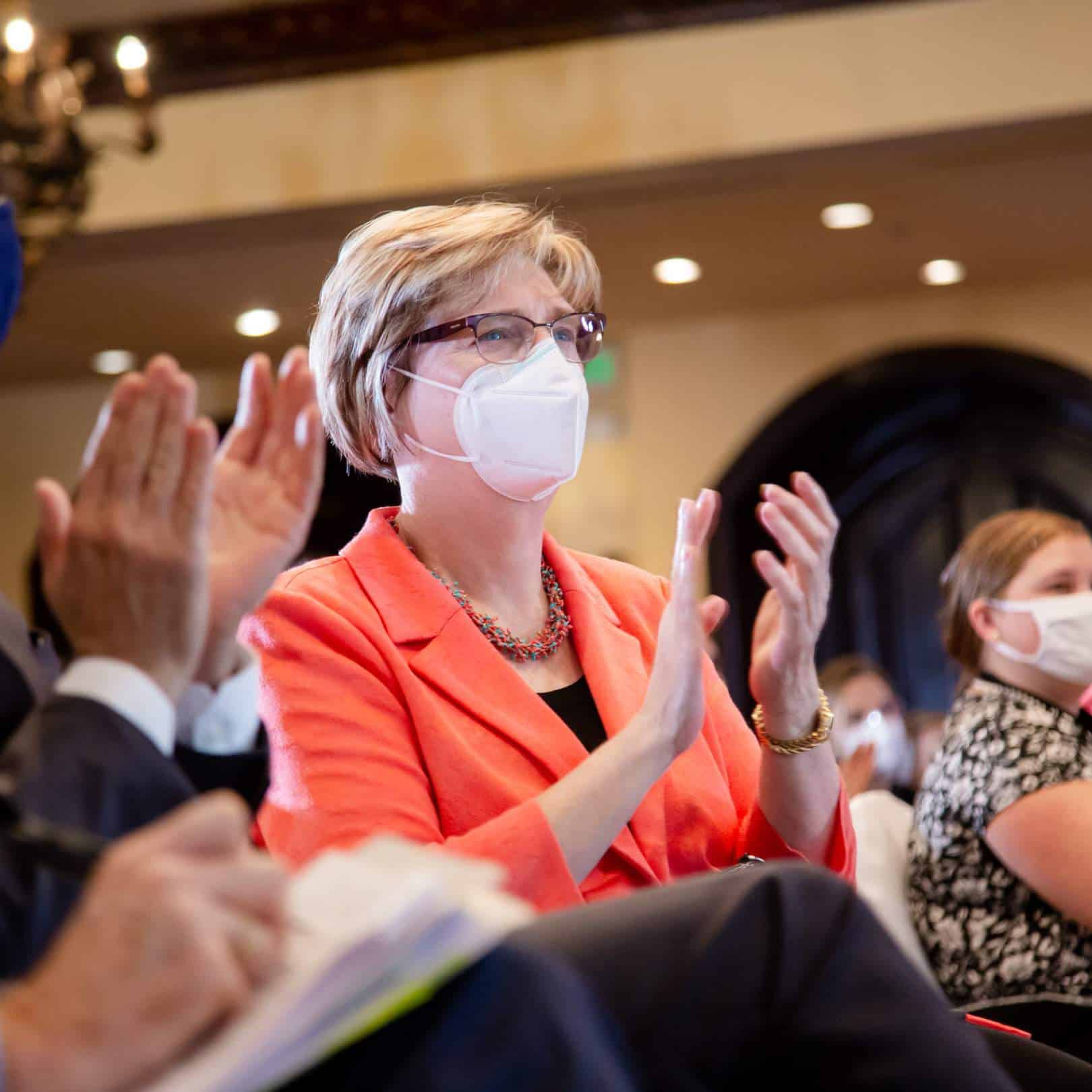

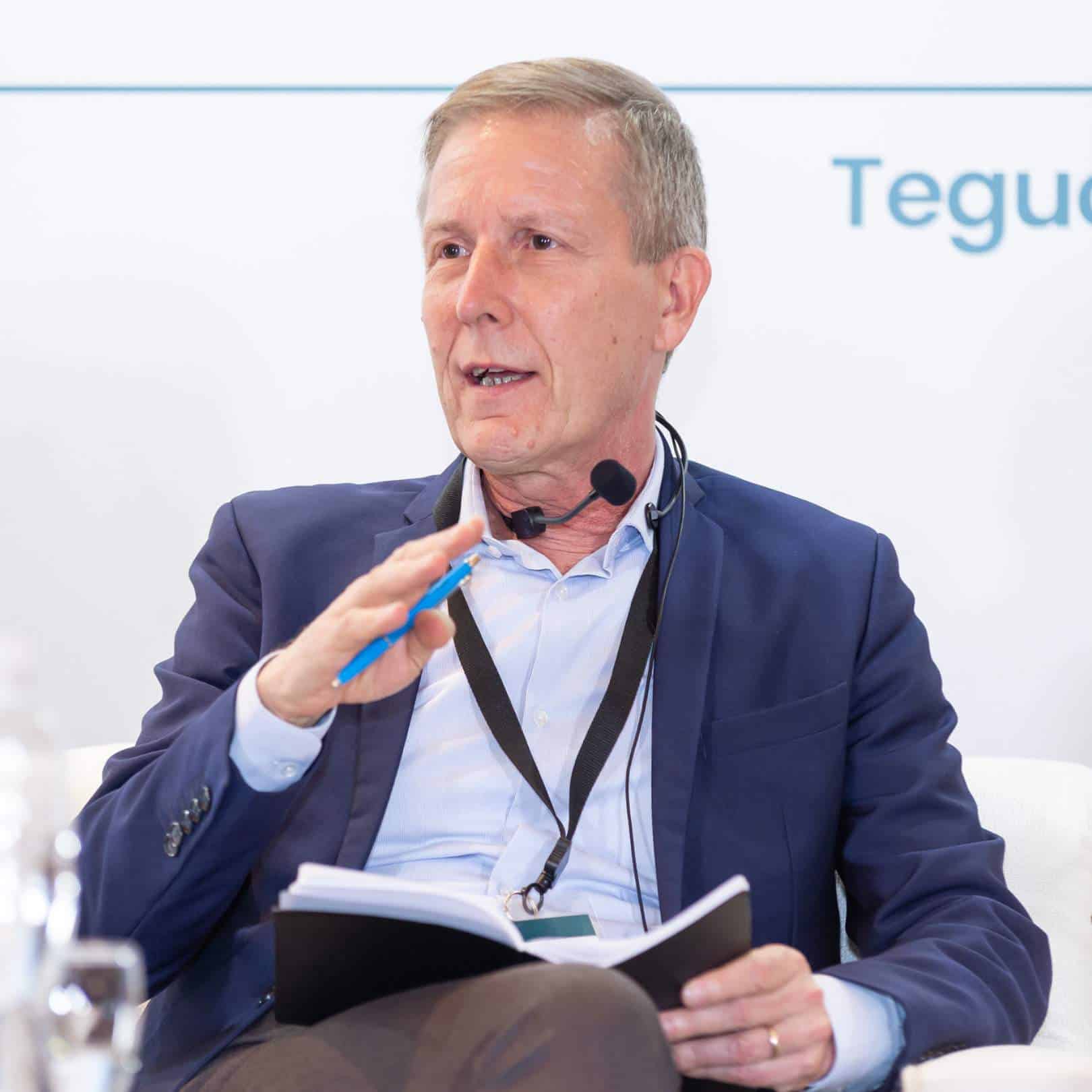
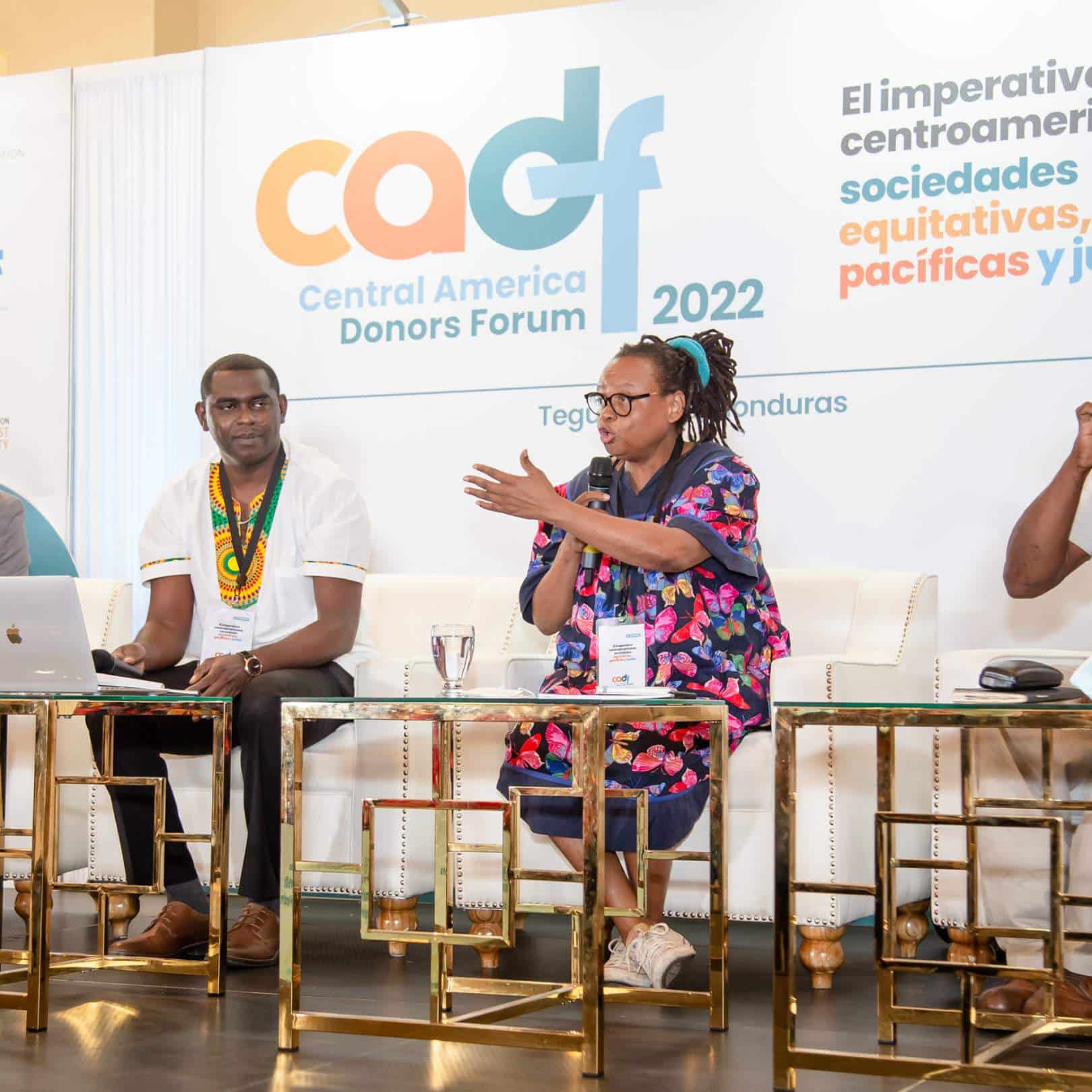
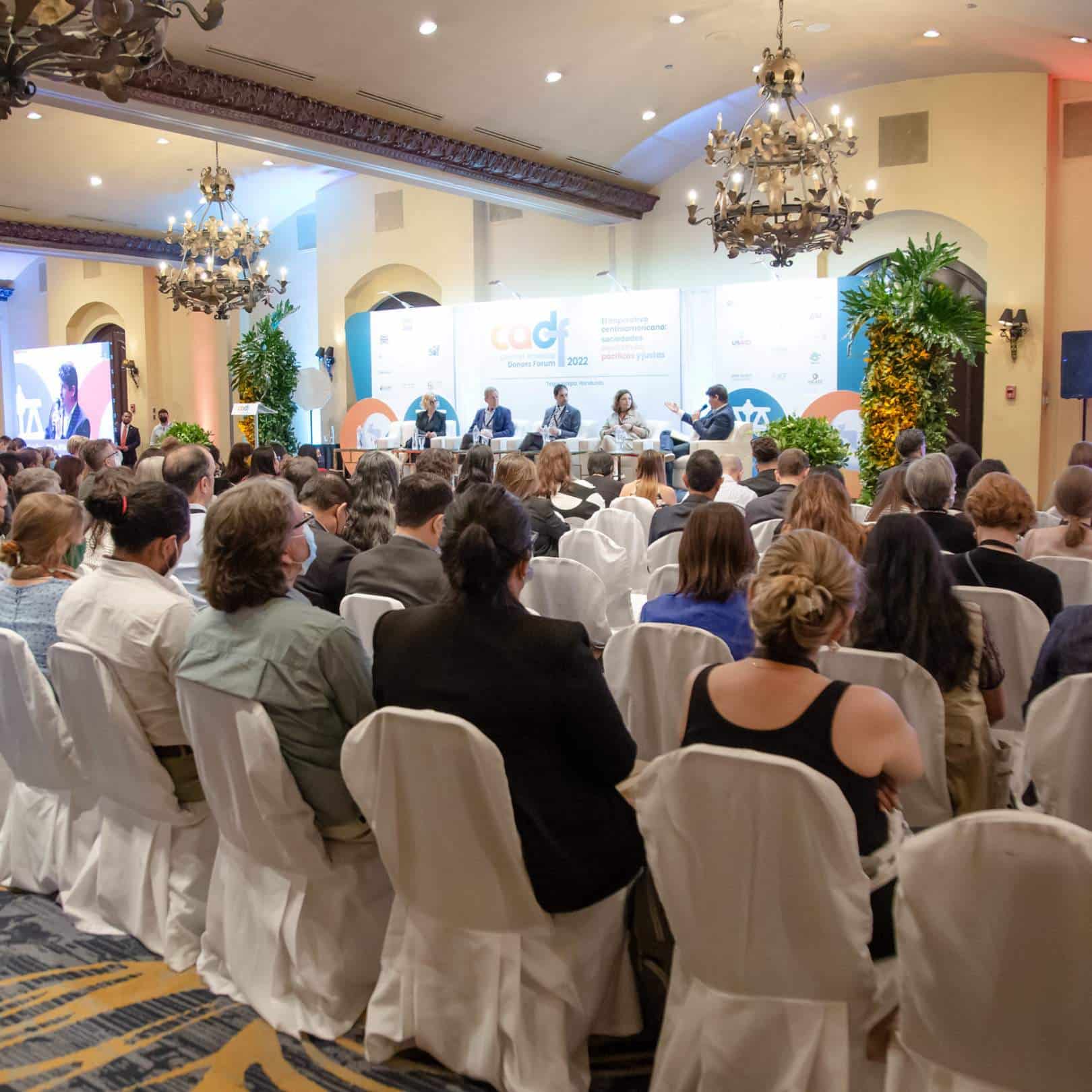
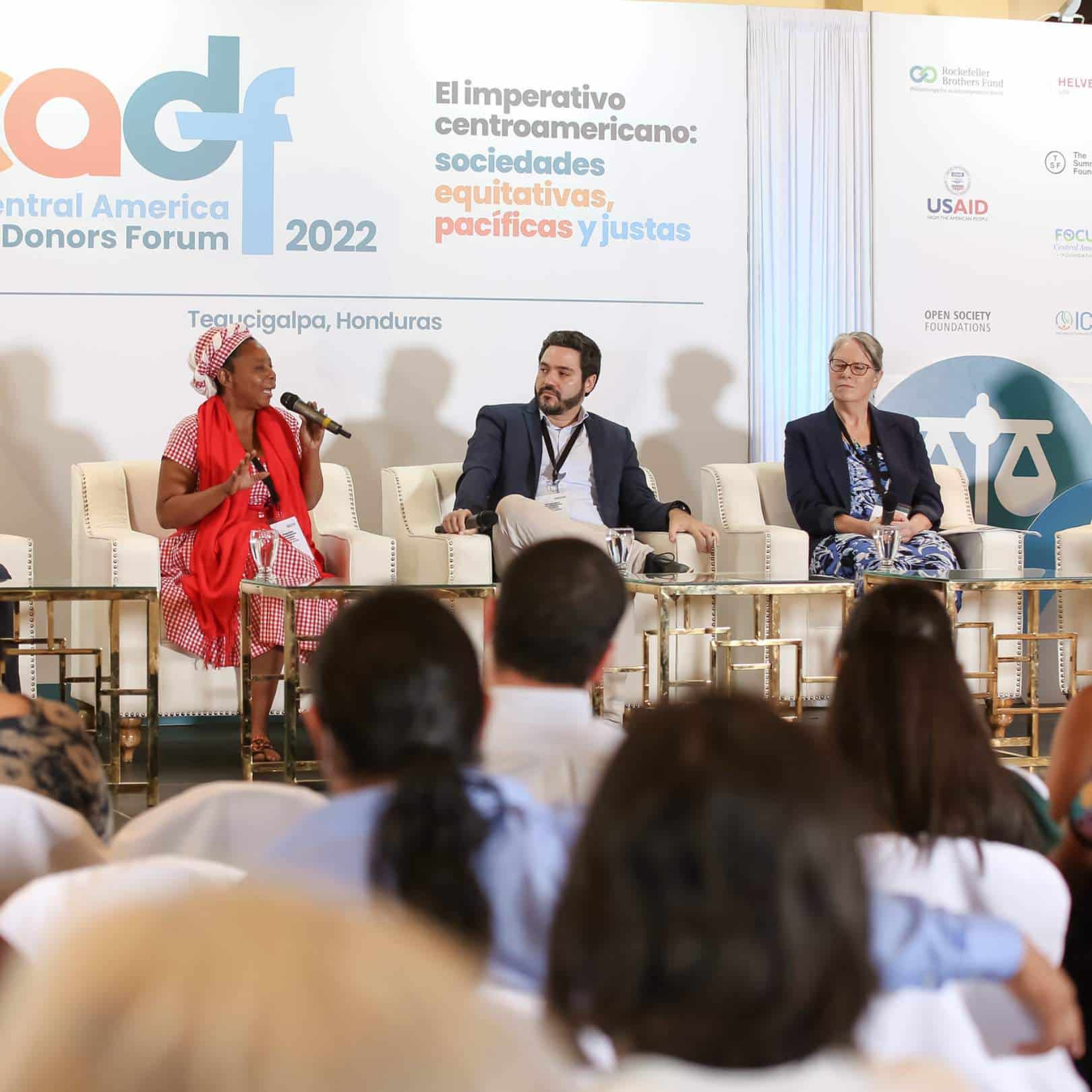
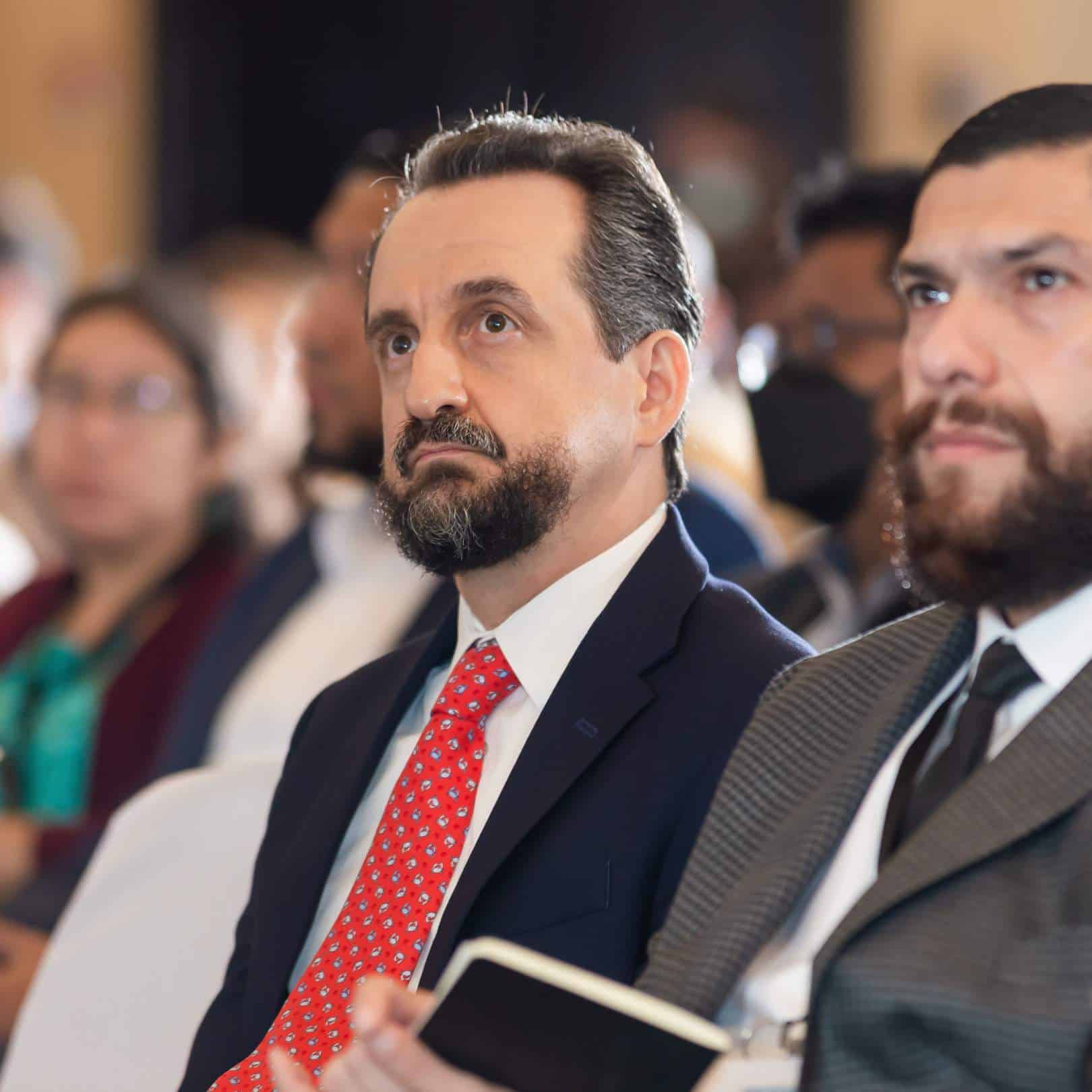
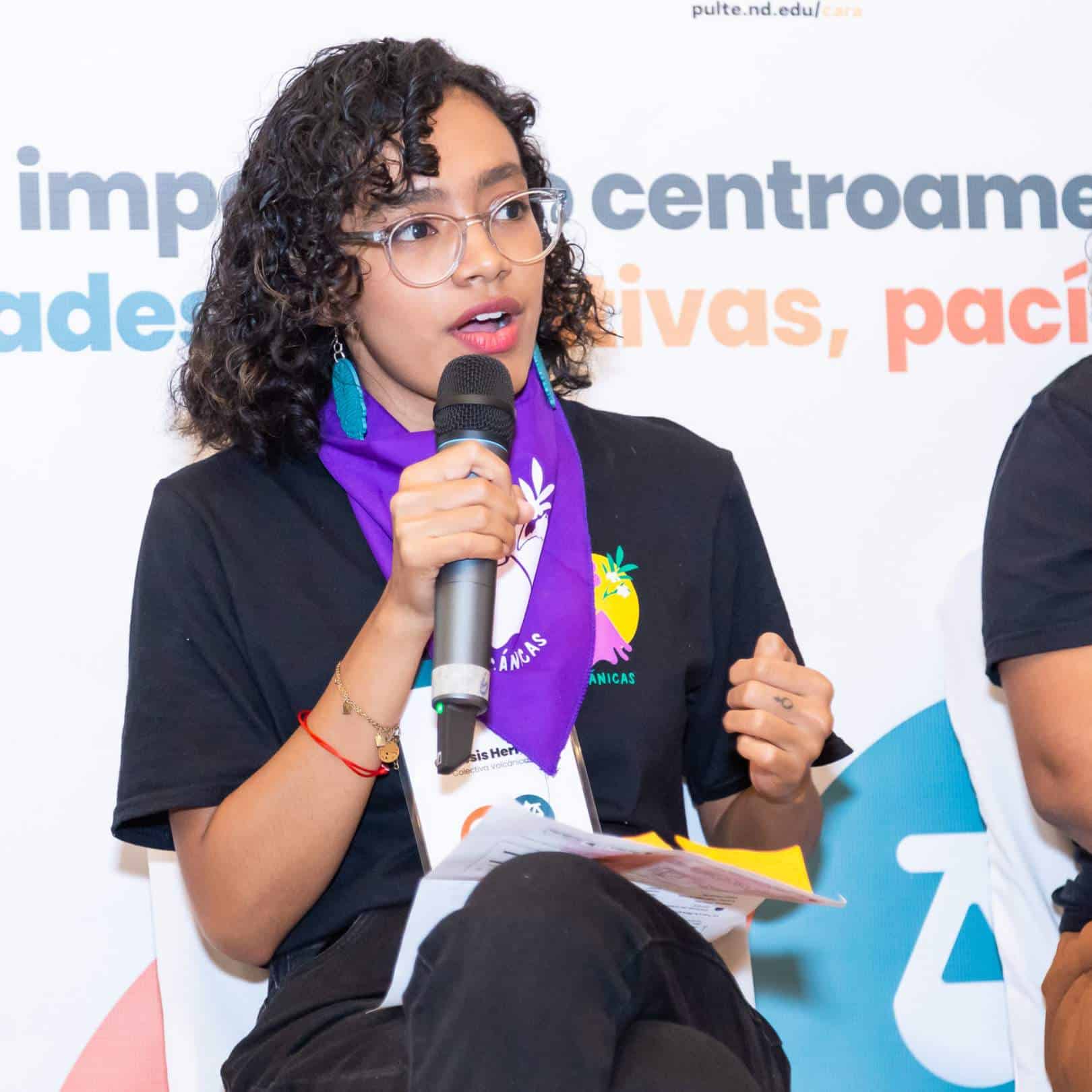
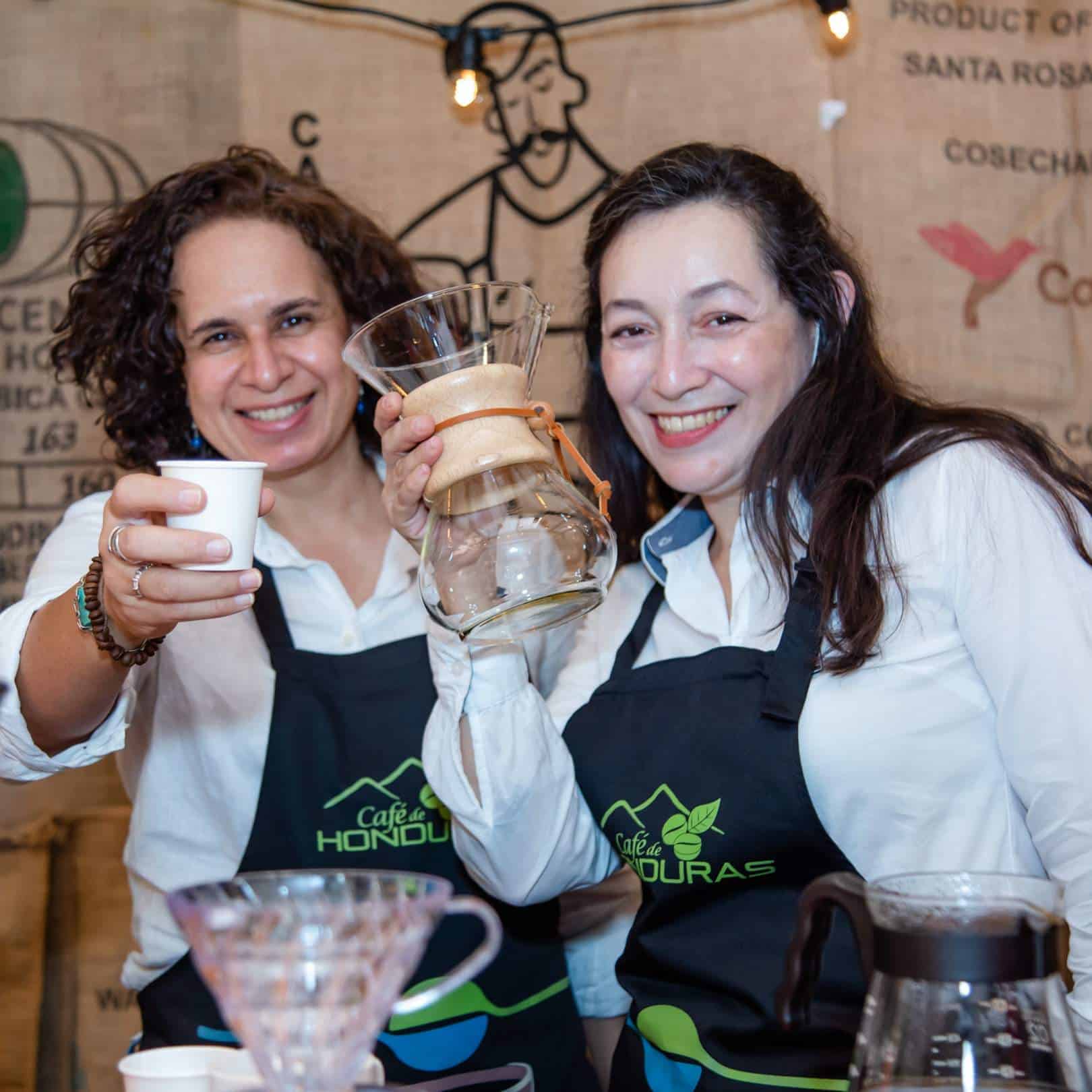
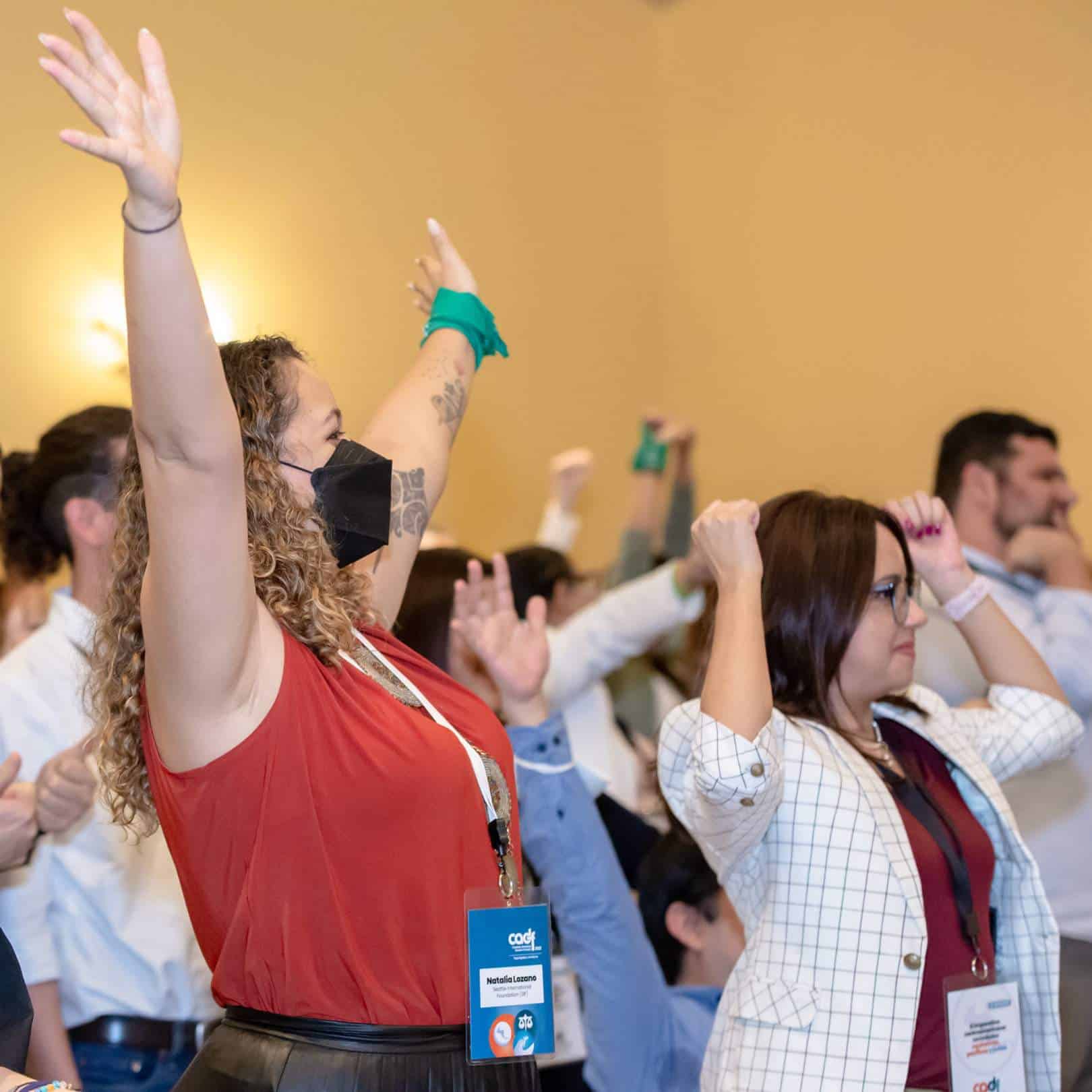
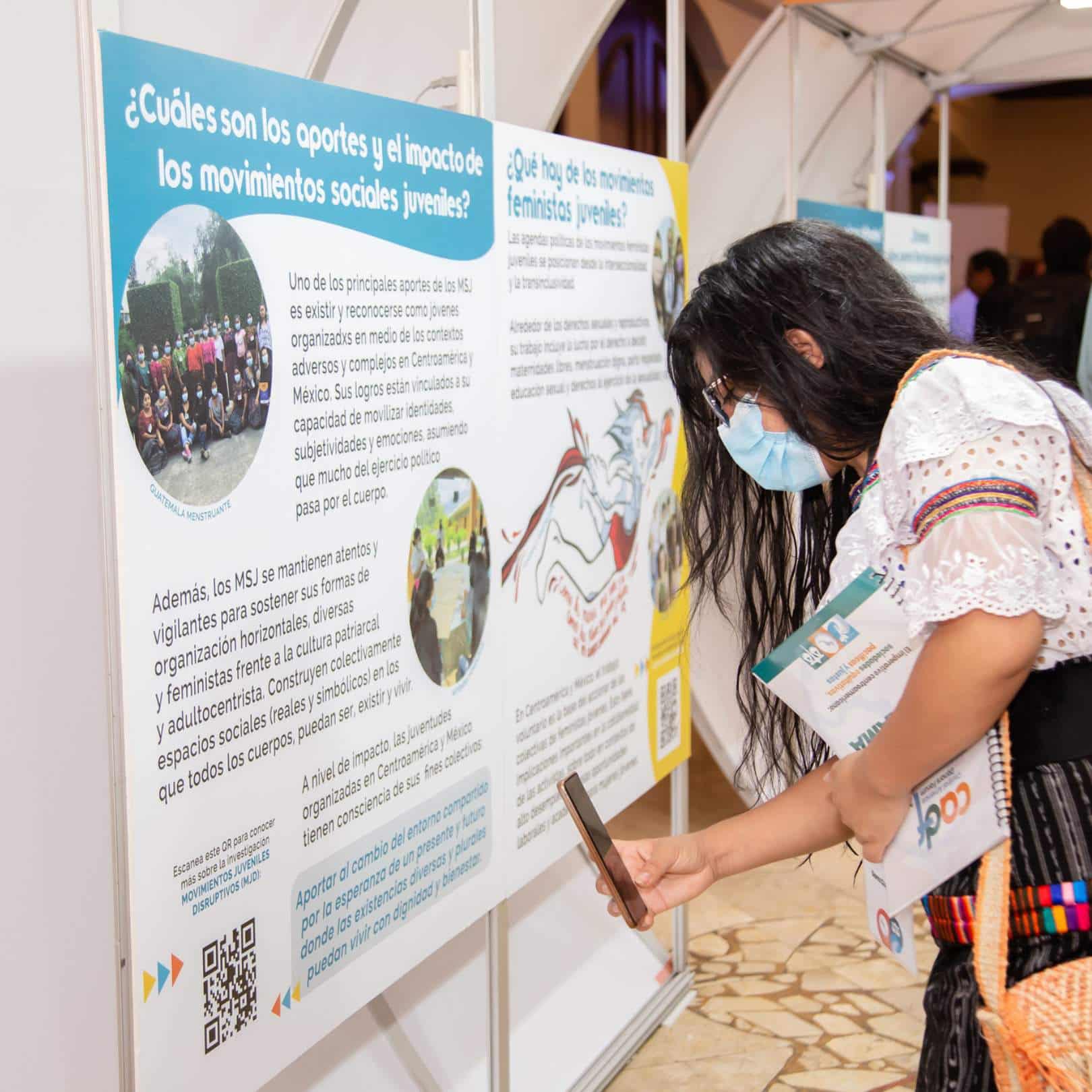
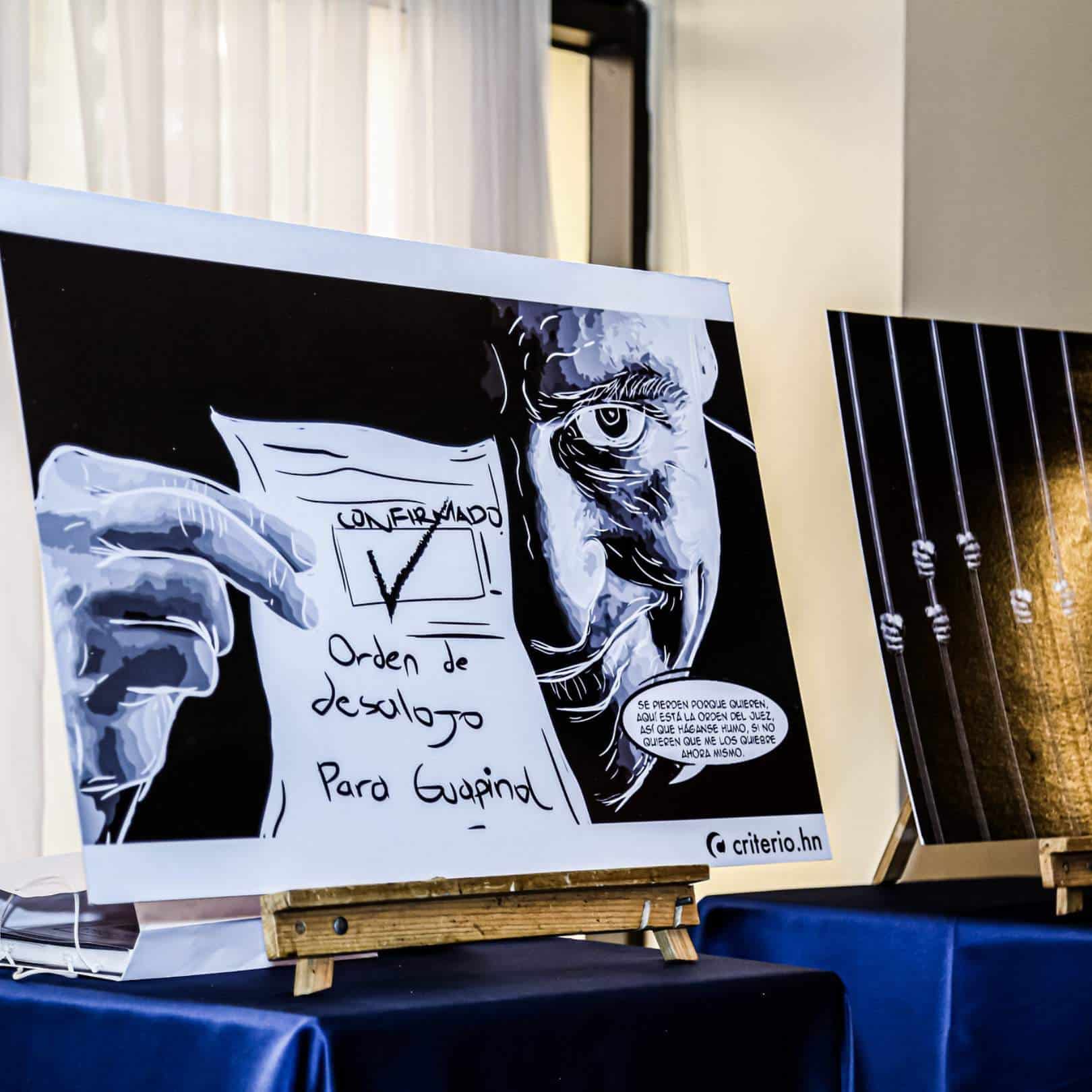
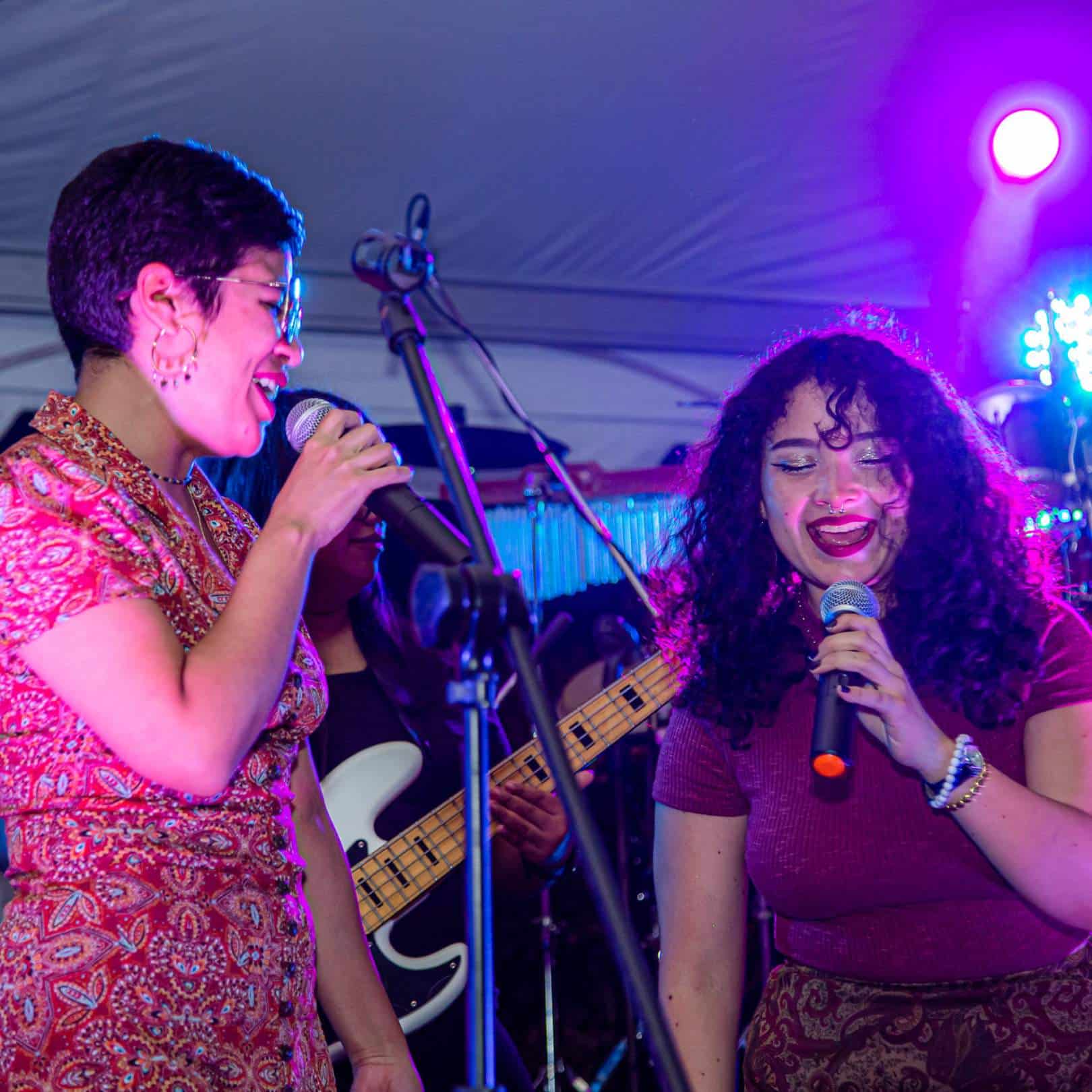
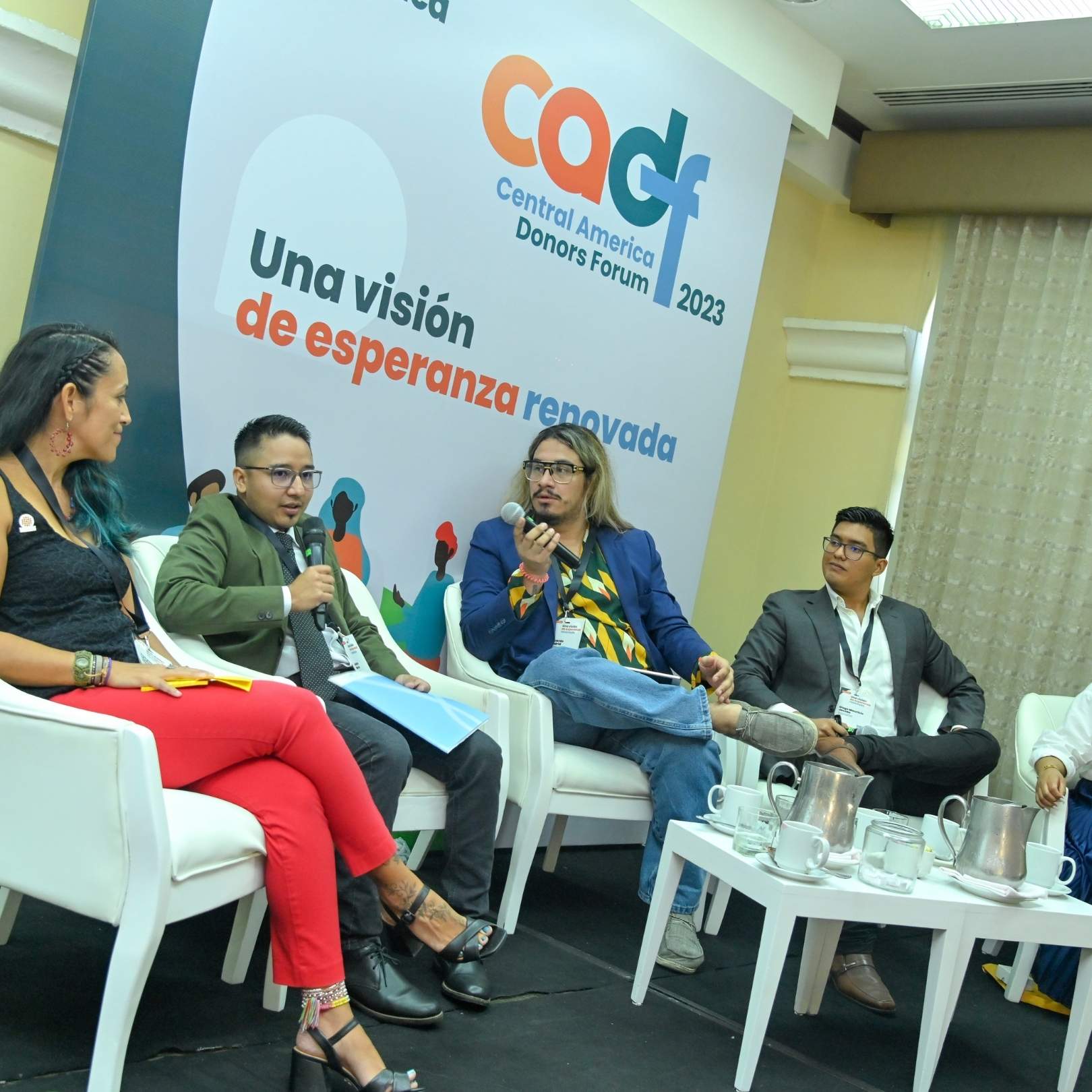

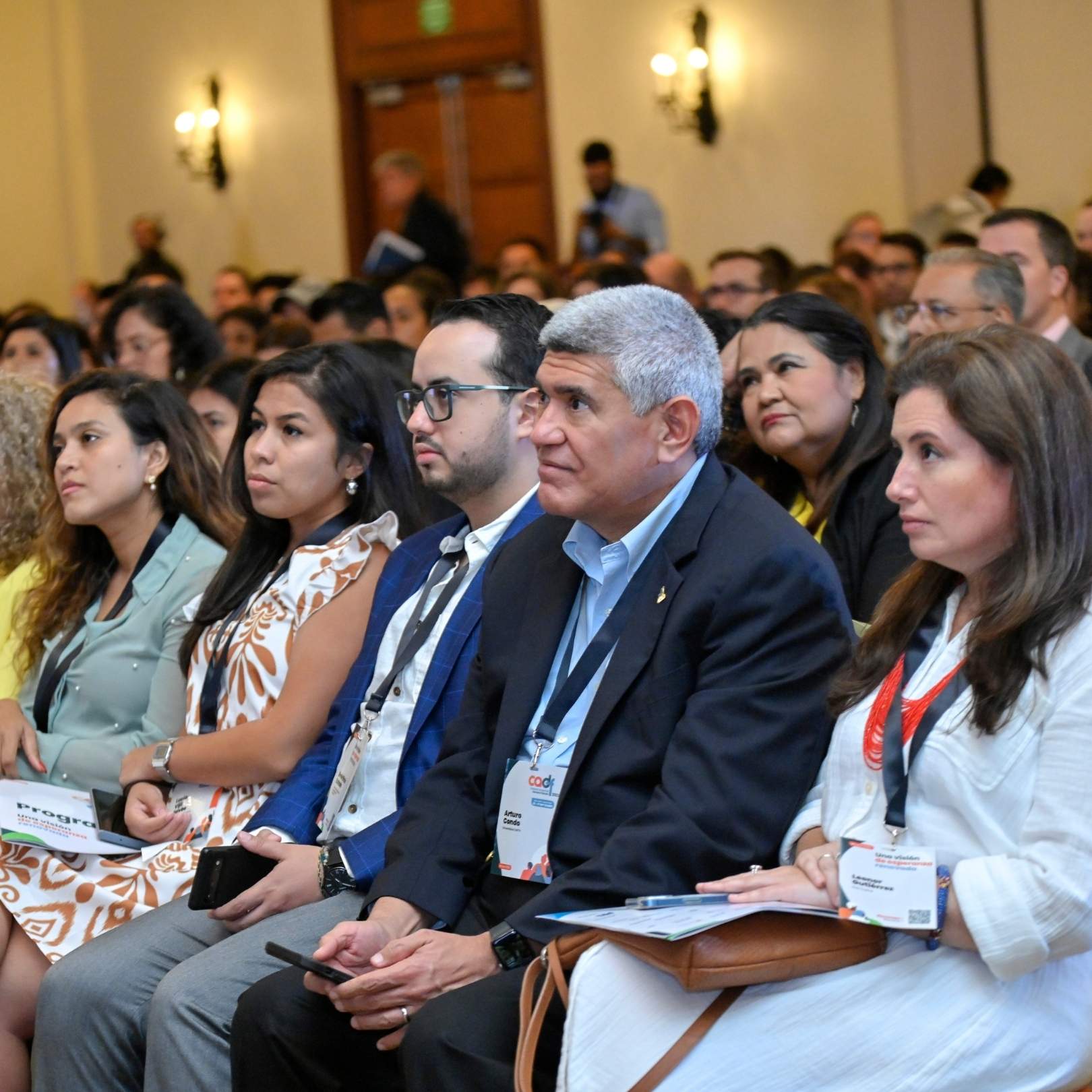
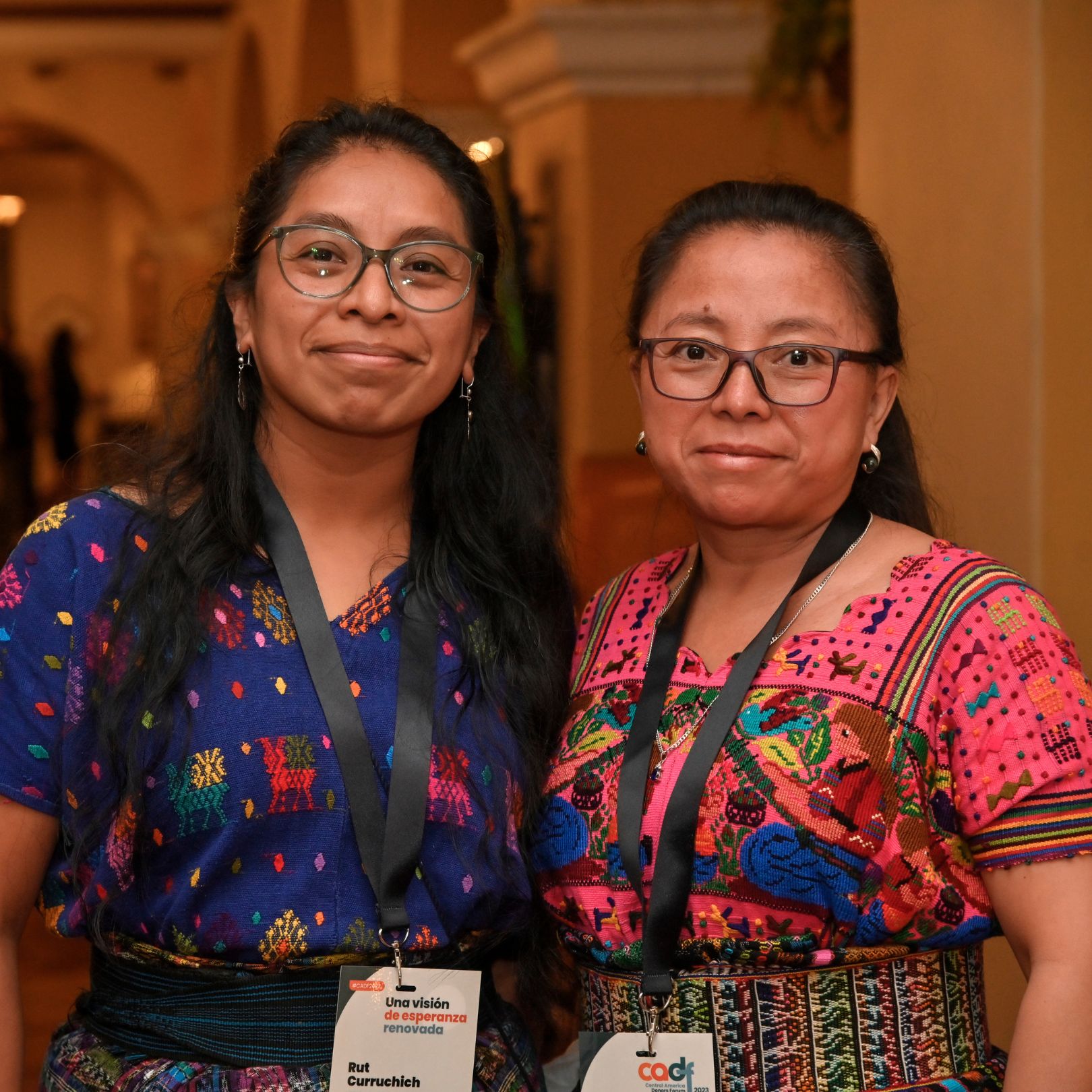
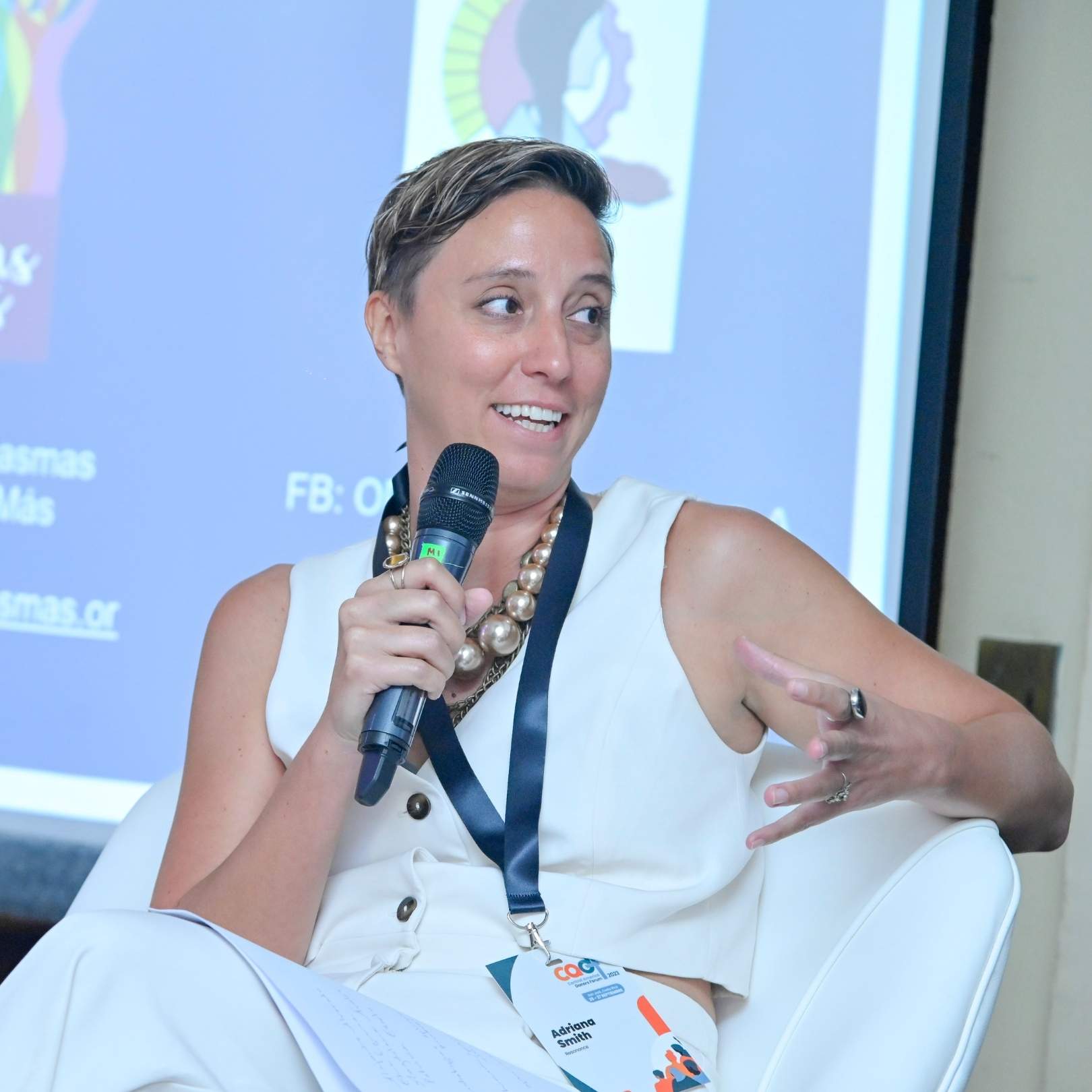
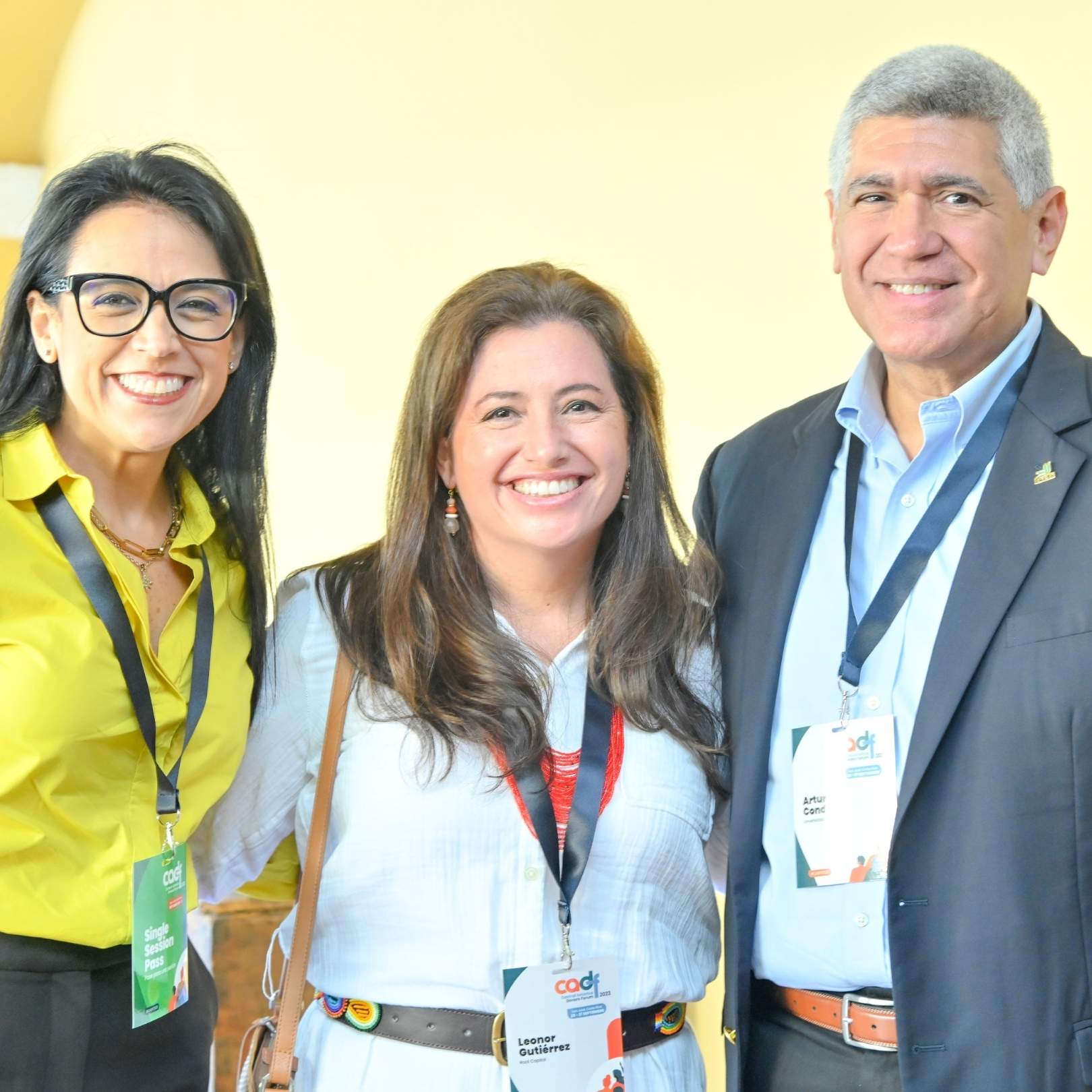
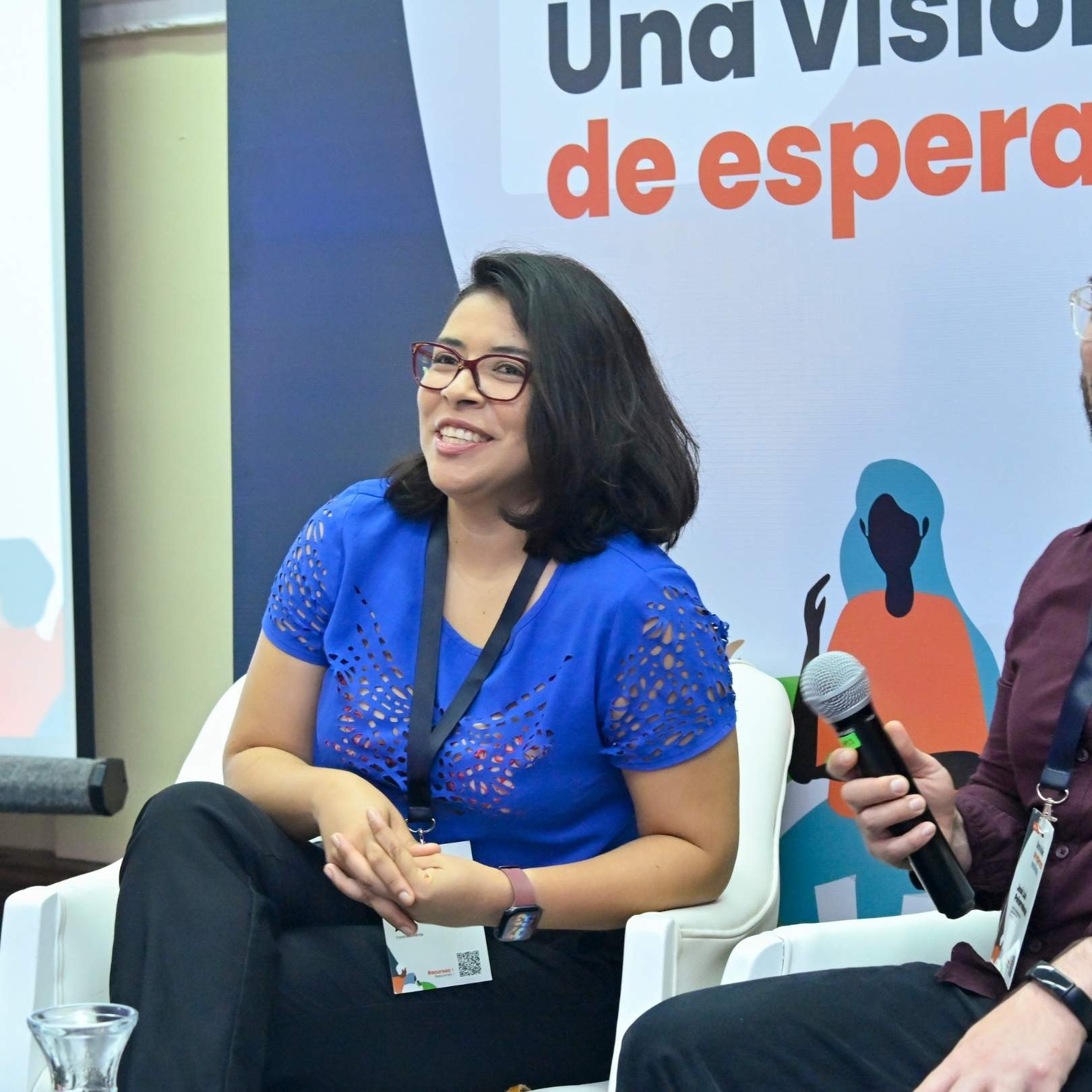
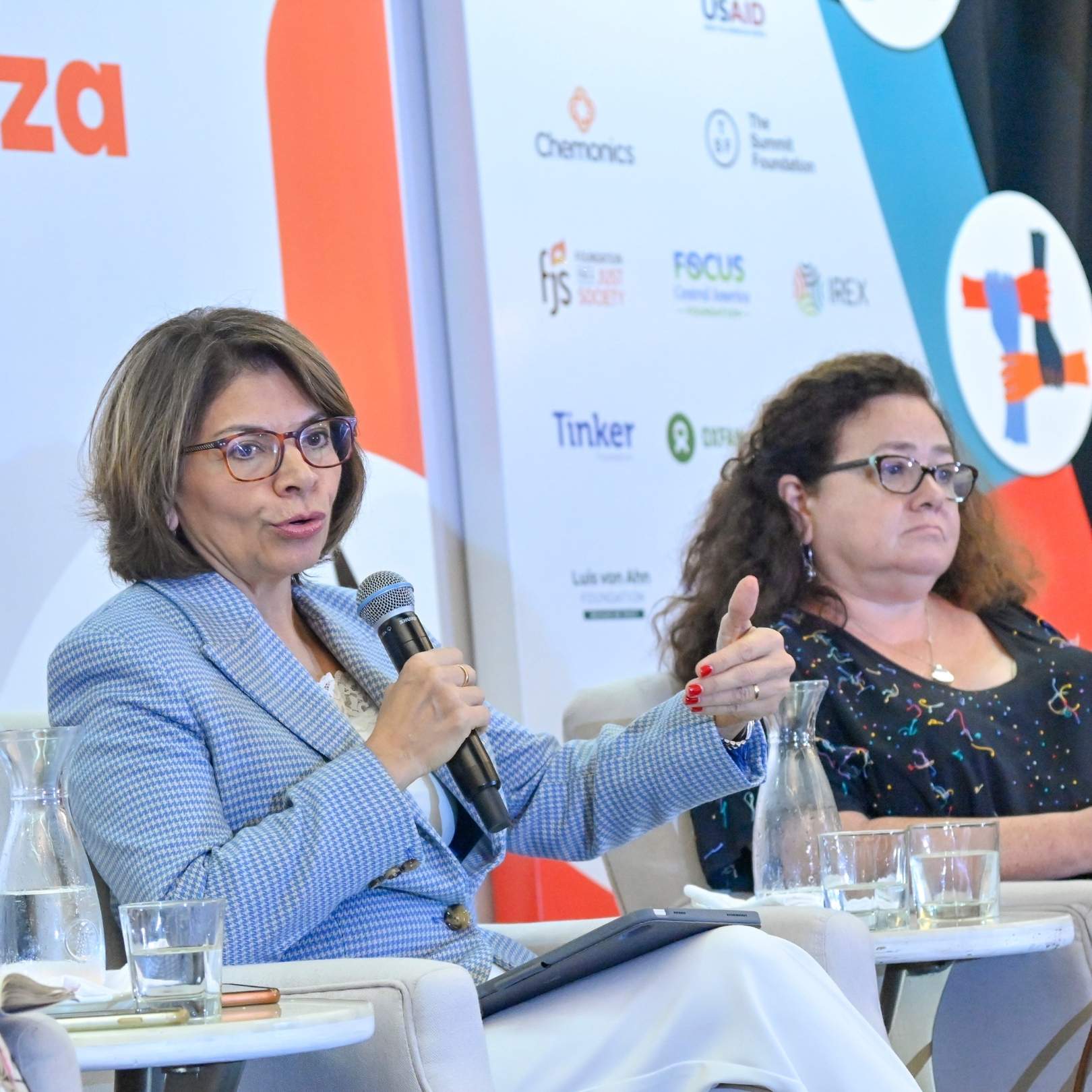
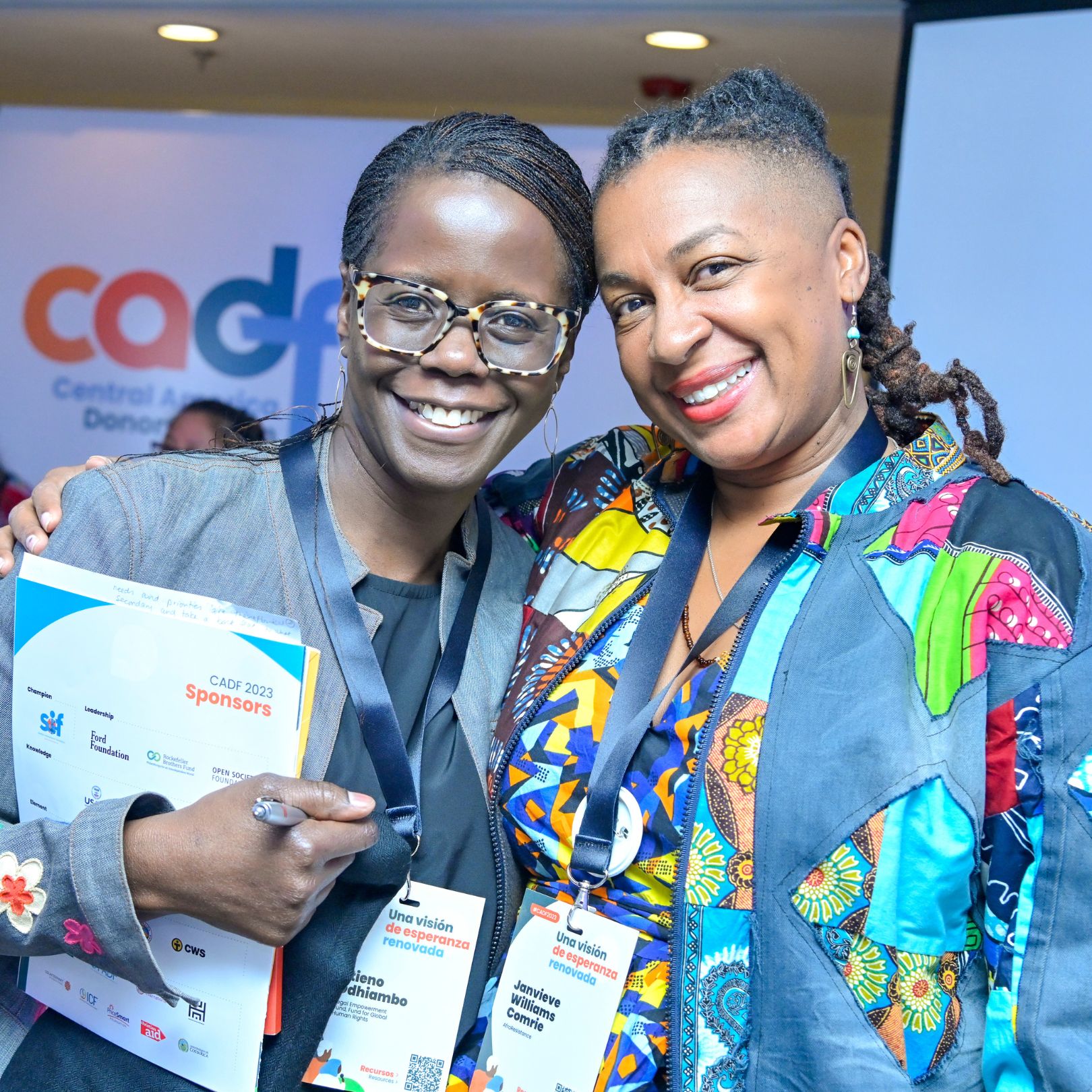
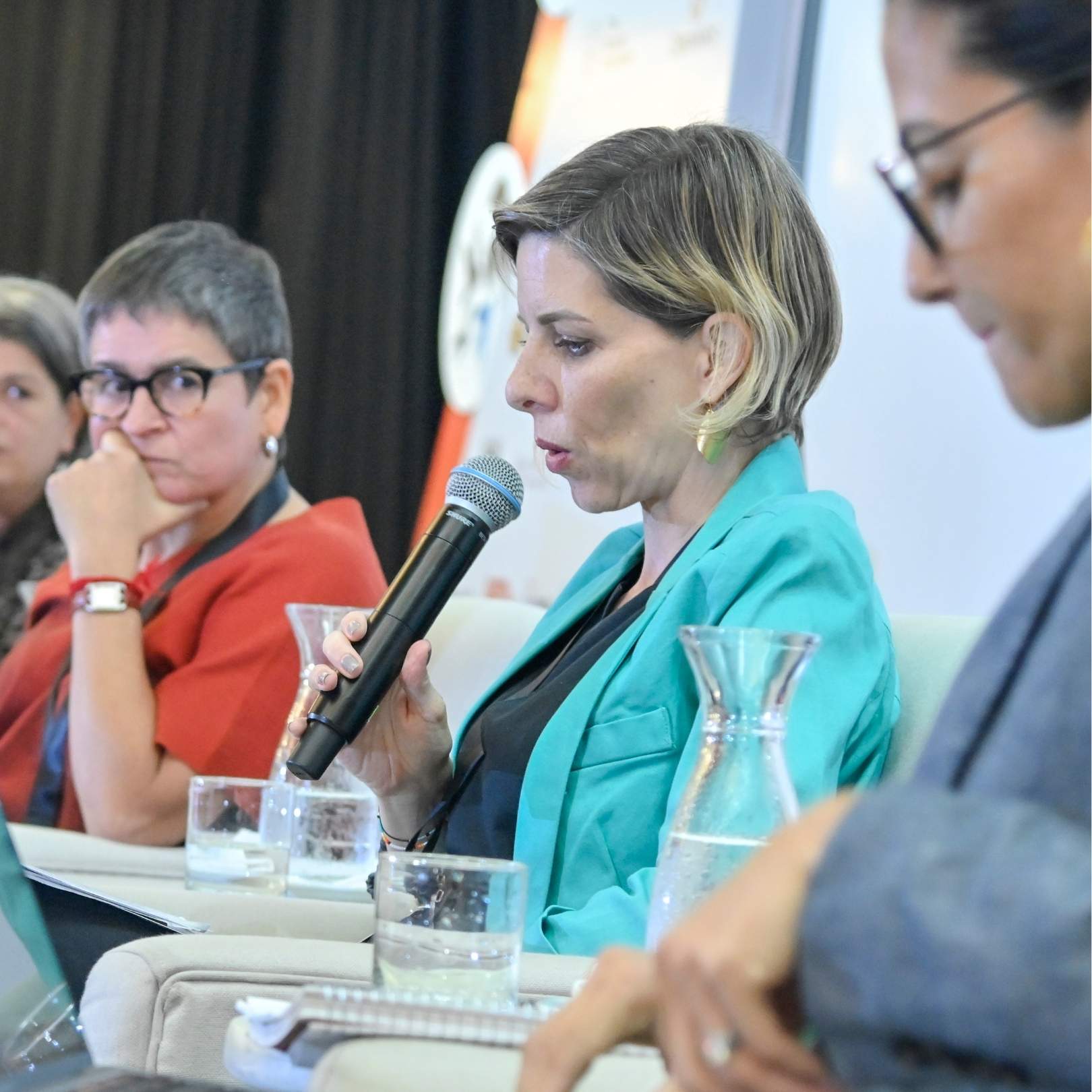
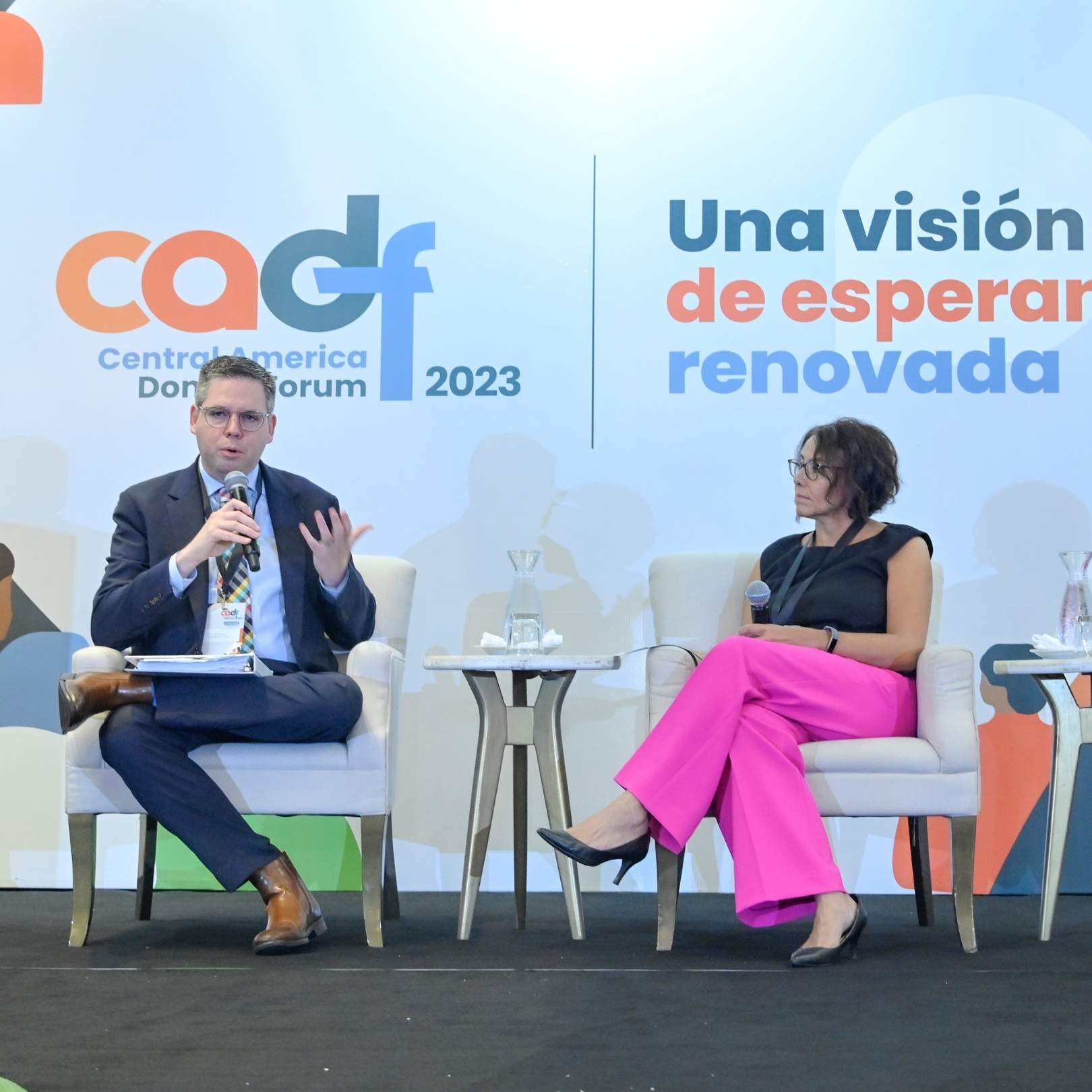
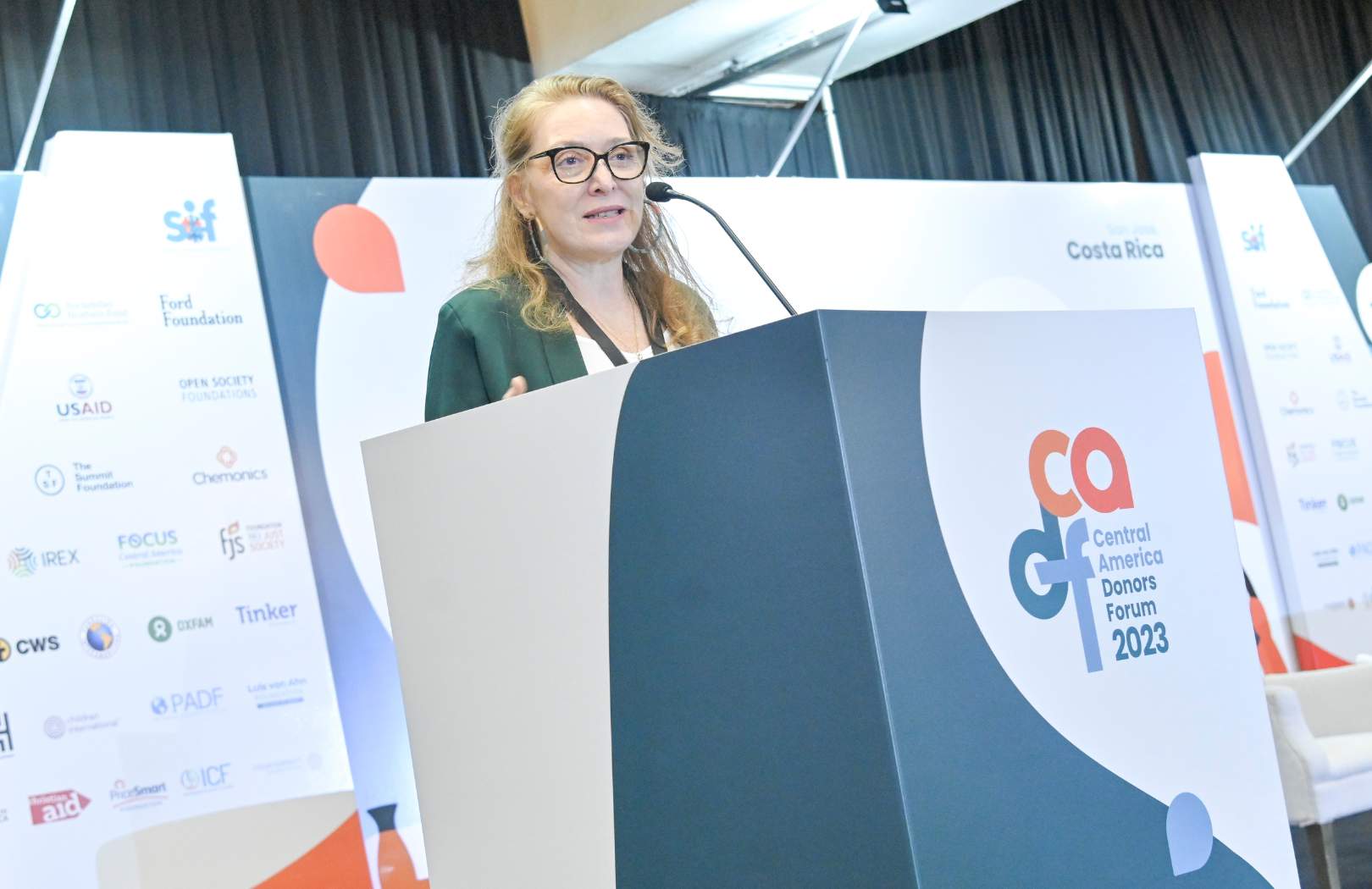
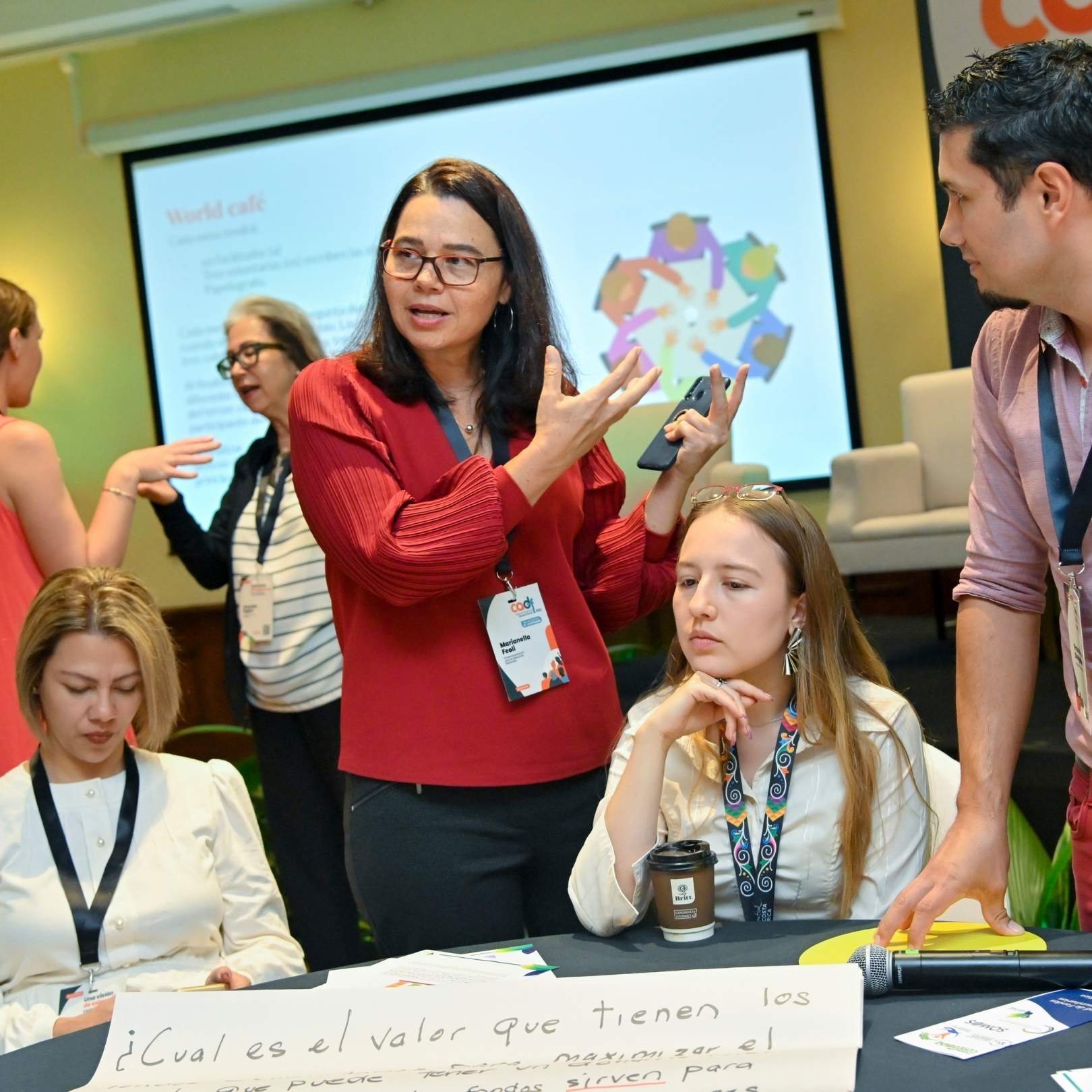
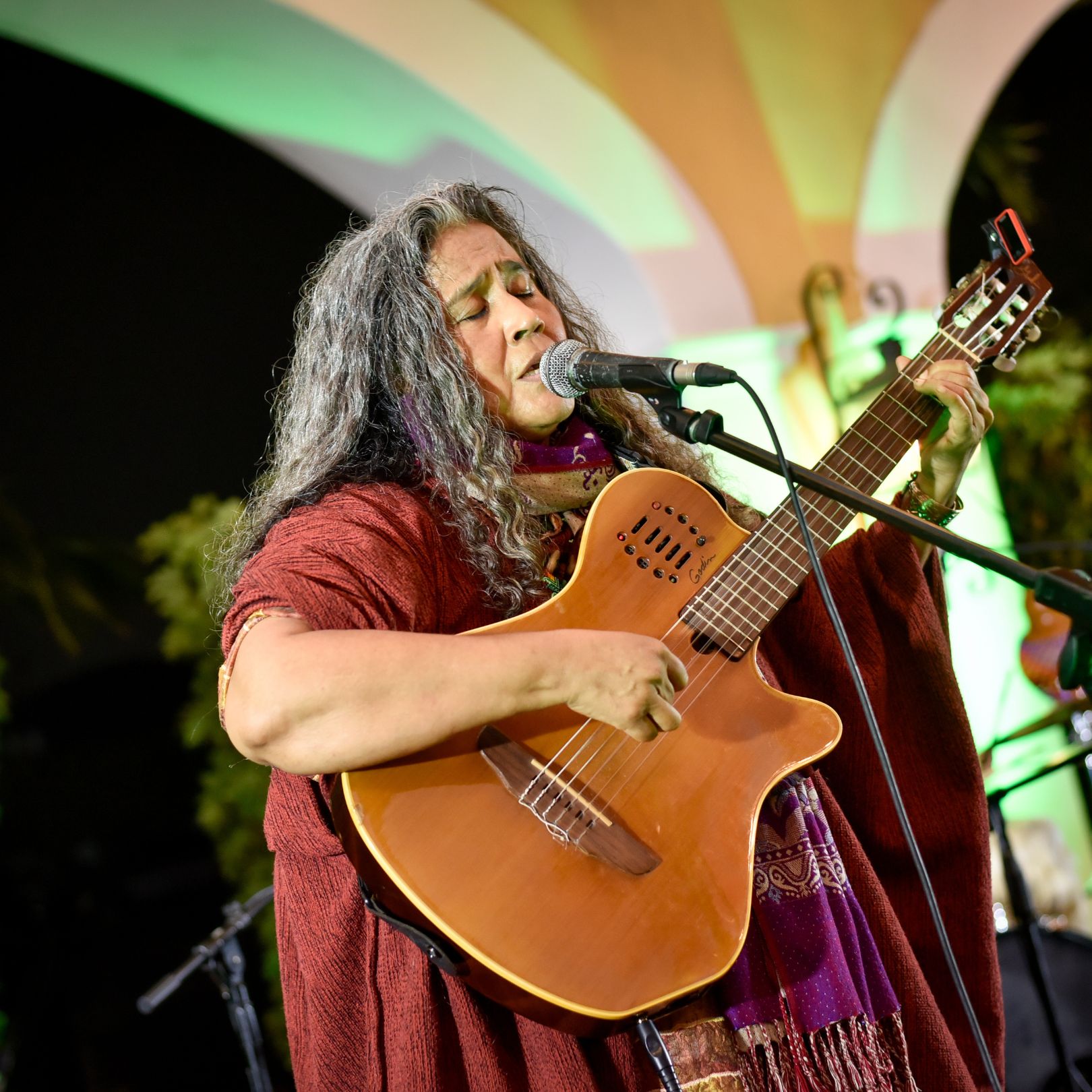

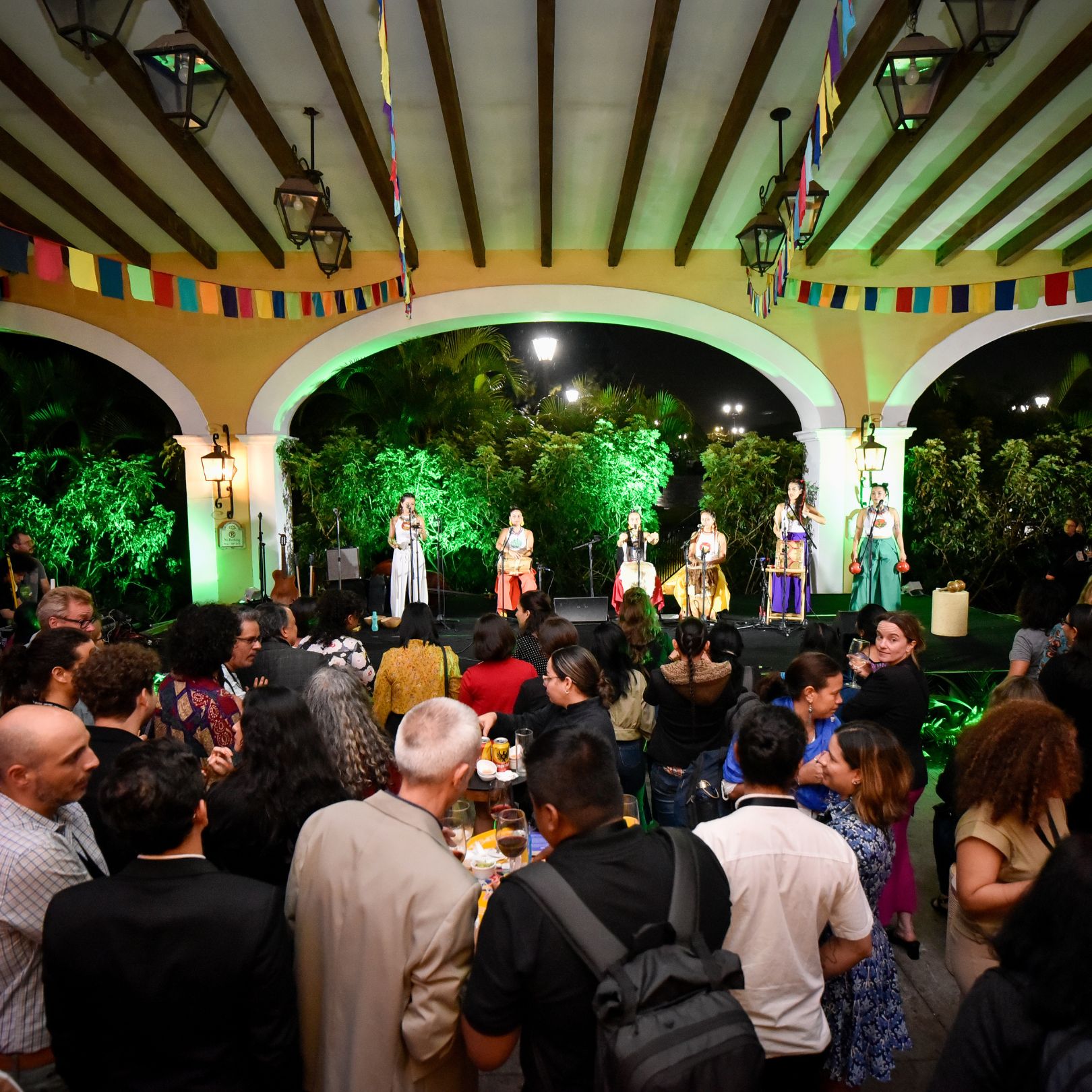
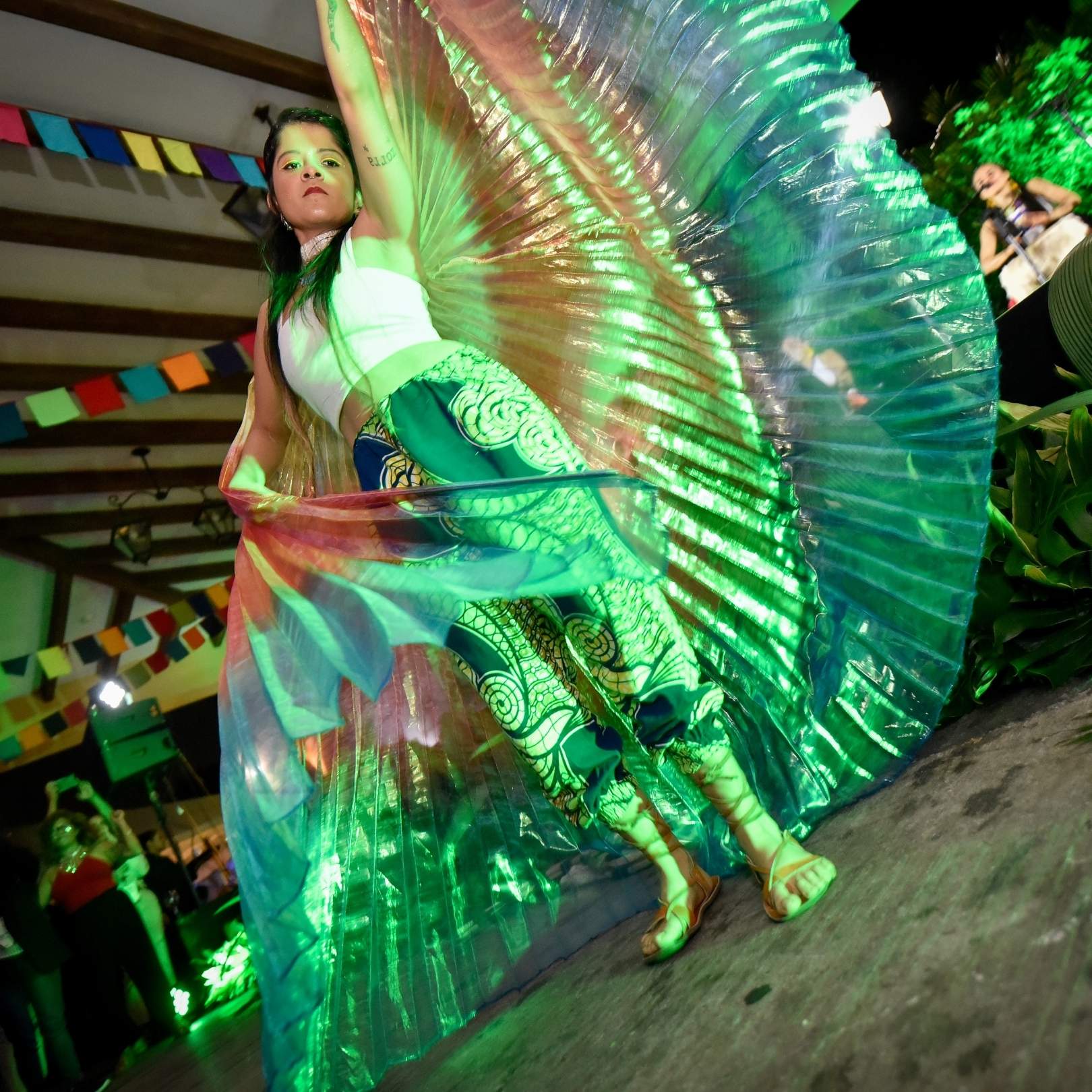
CADF 2023 Warp-up Report
Check out highlights from our most recent CADF in Costa Rica! Explore session summaries, videos, data points, speaker quotes, press coverage, photos and much more.
View CADF 2023 Wrap-up ReportMeet the team

Nate Moyer
Senior Program Officer

Adriana Beltrán
Executive Director

Eric L. Olson
Director of Policy and Strategic Initiatives

Sarah Pease
Director of Development and Fundraising

Paola Hurtado
Communications Coordinator

Cinthia Arguijo
Development Assistant


